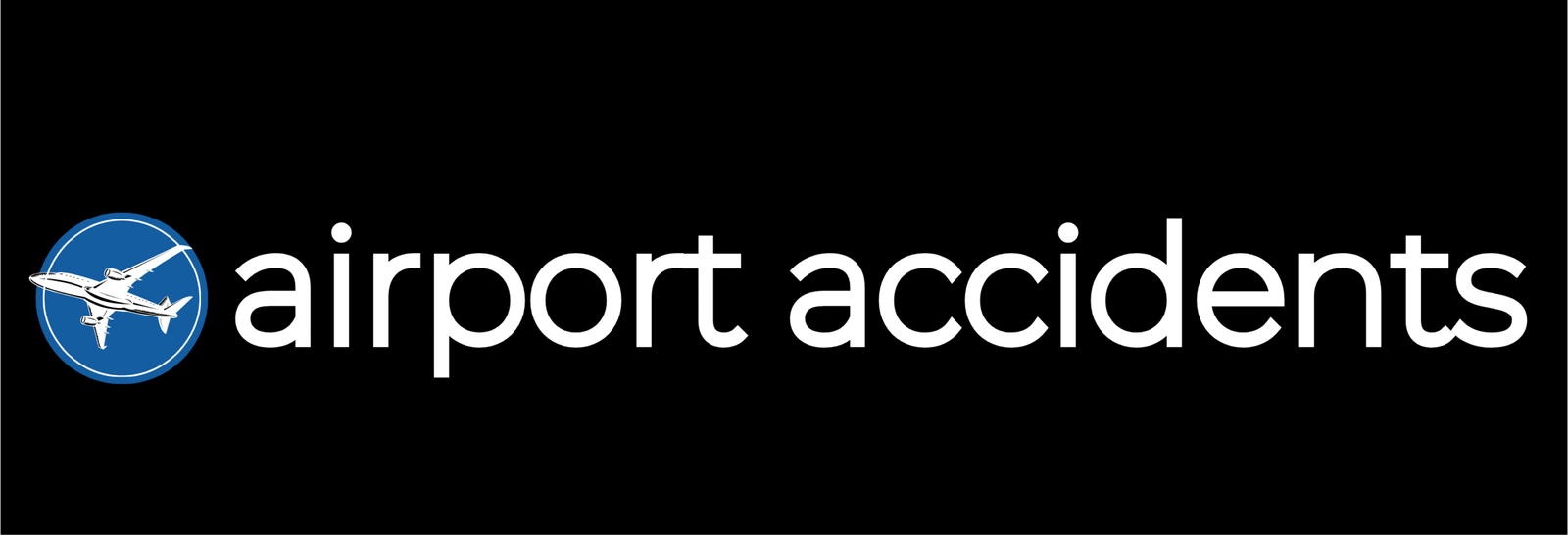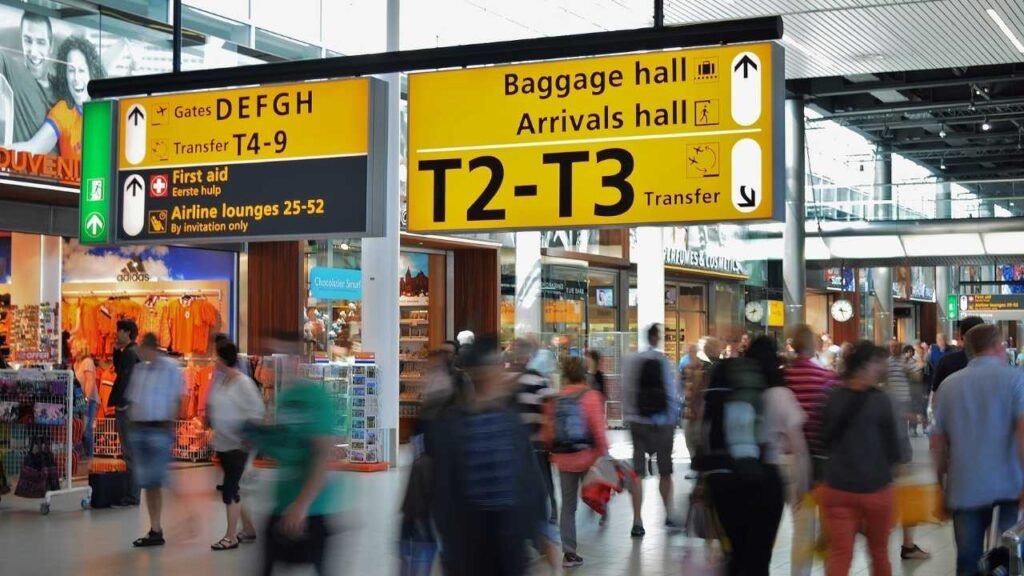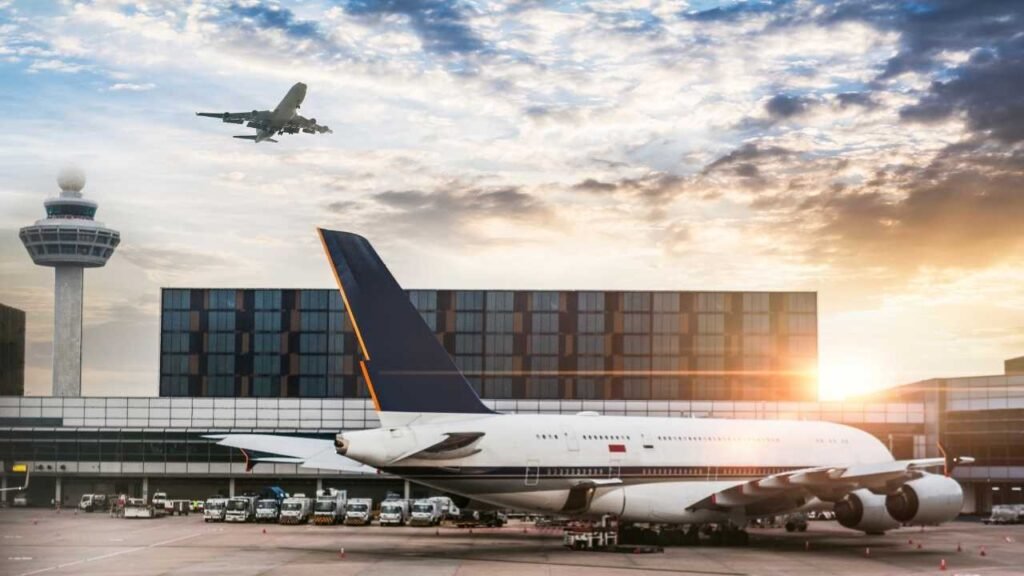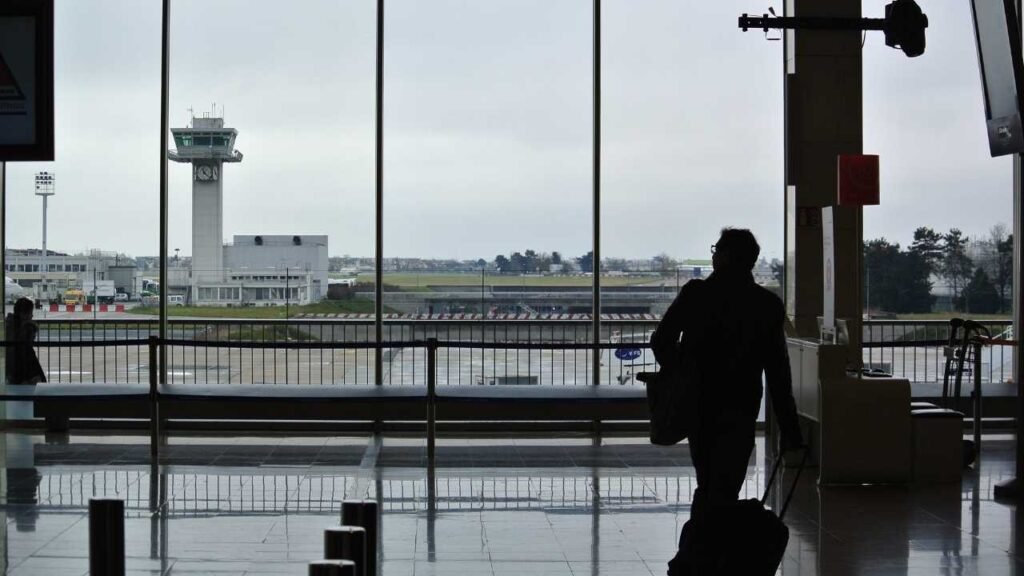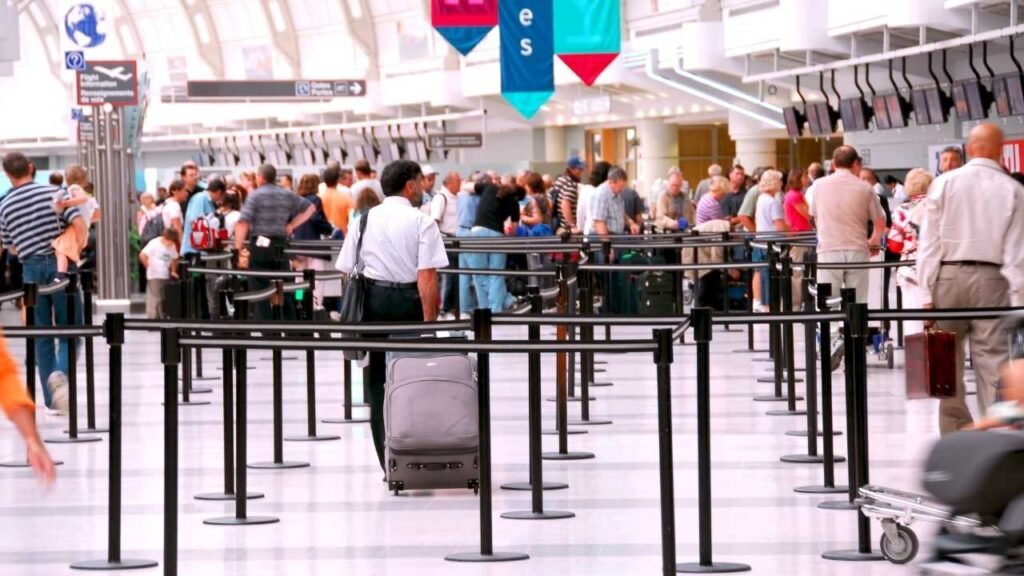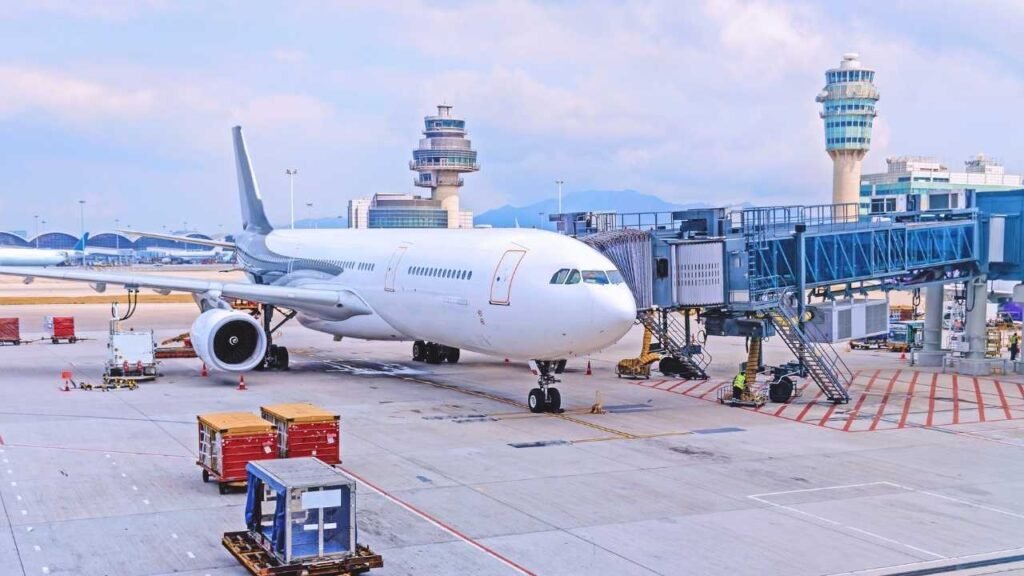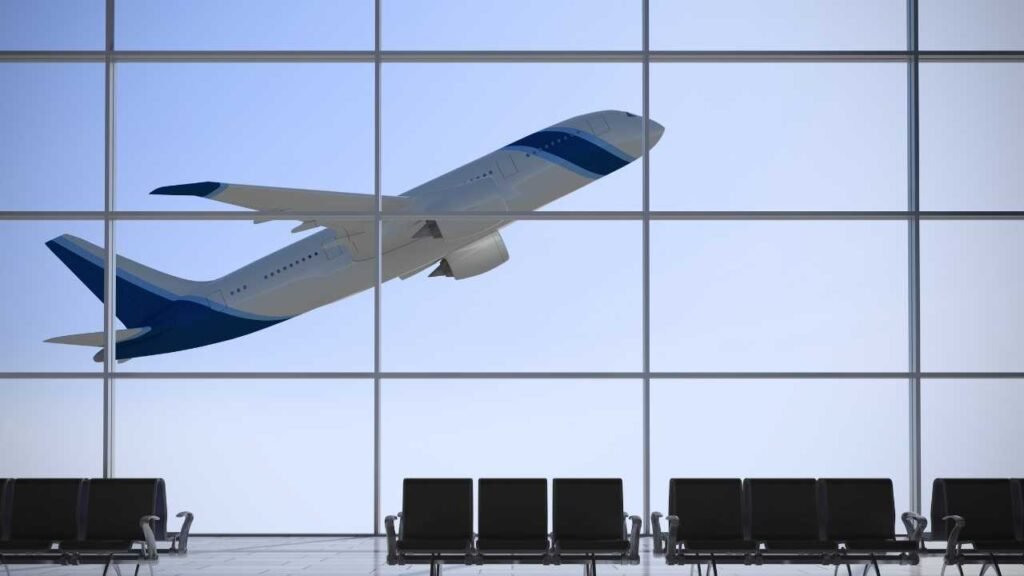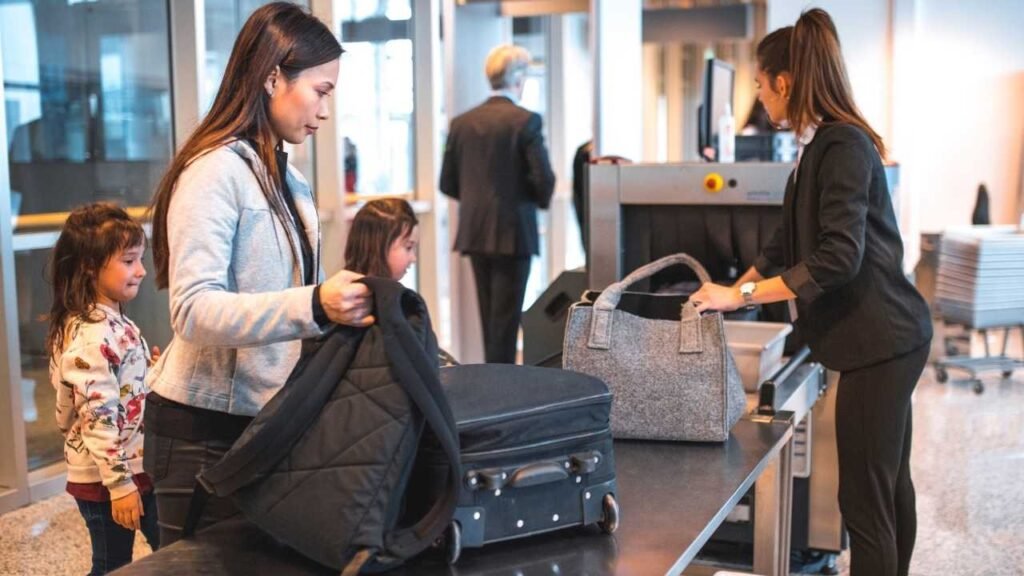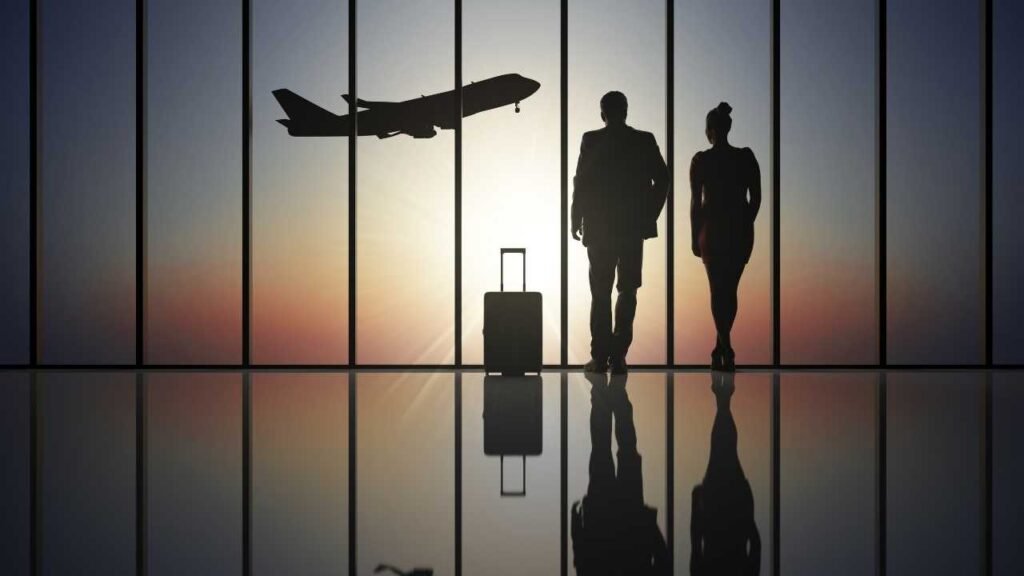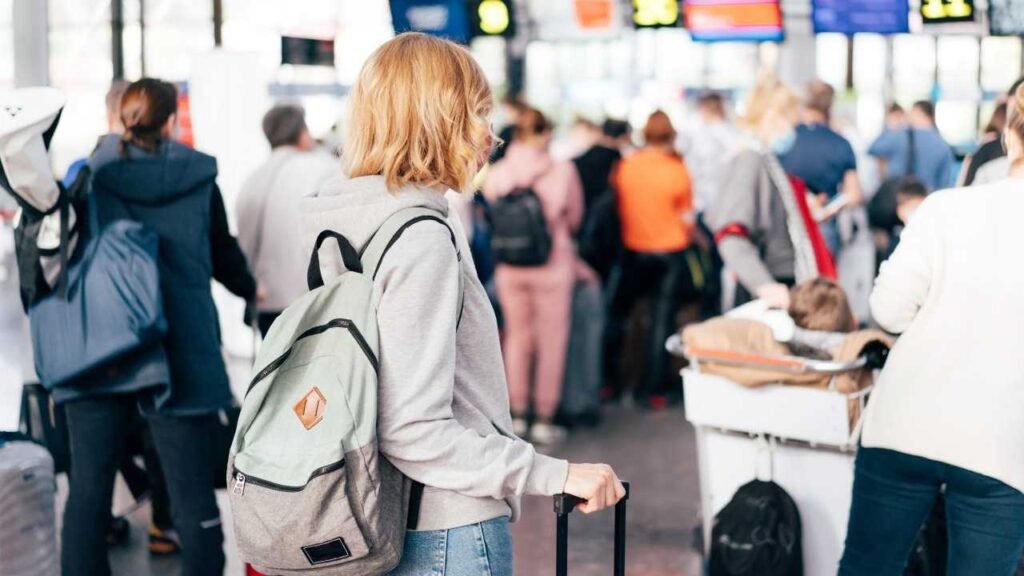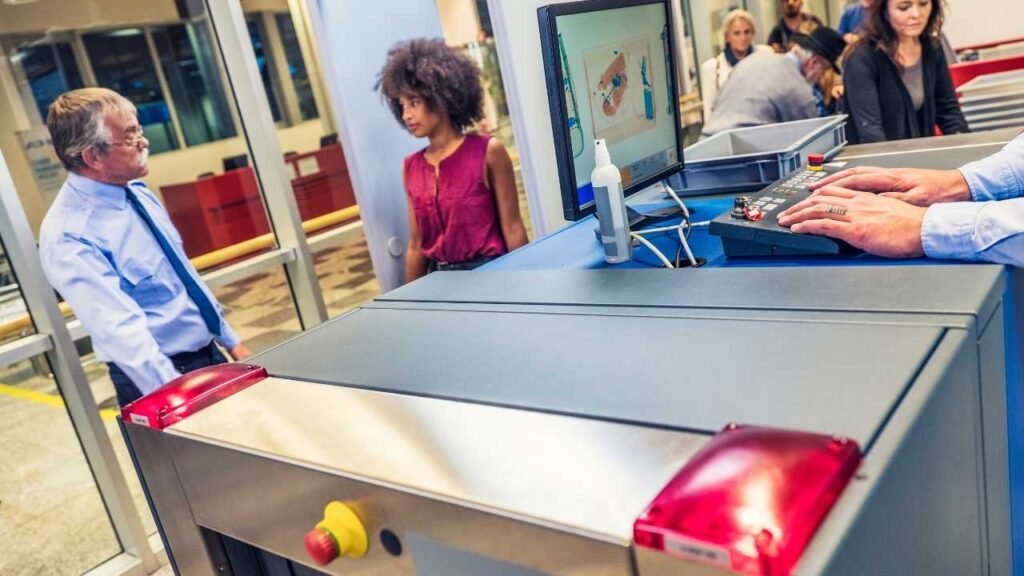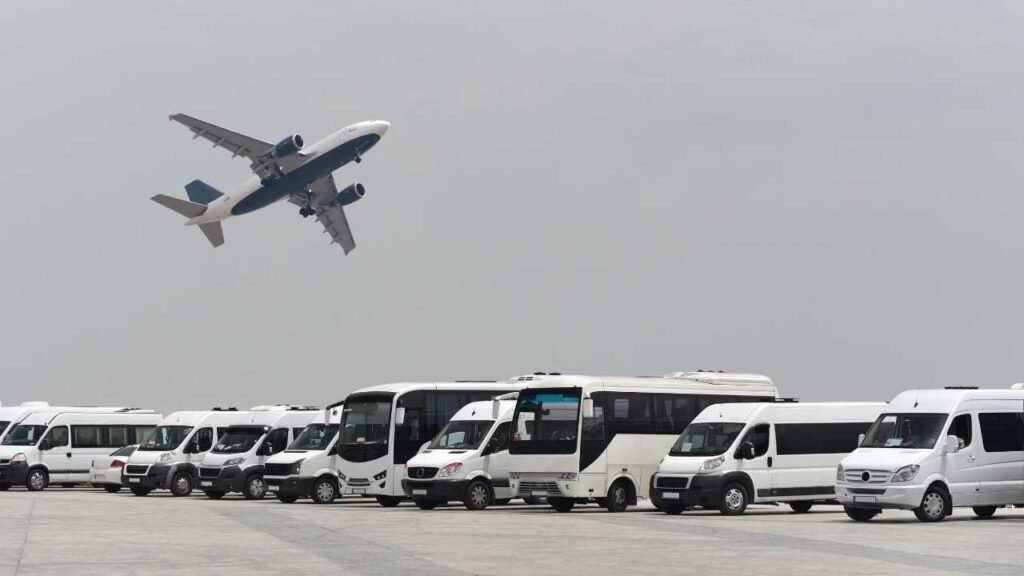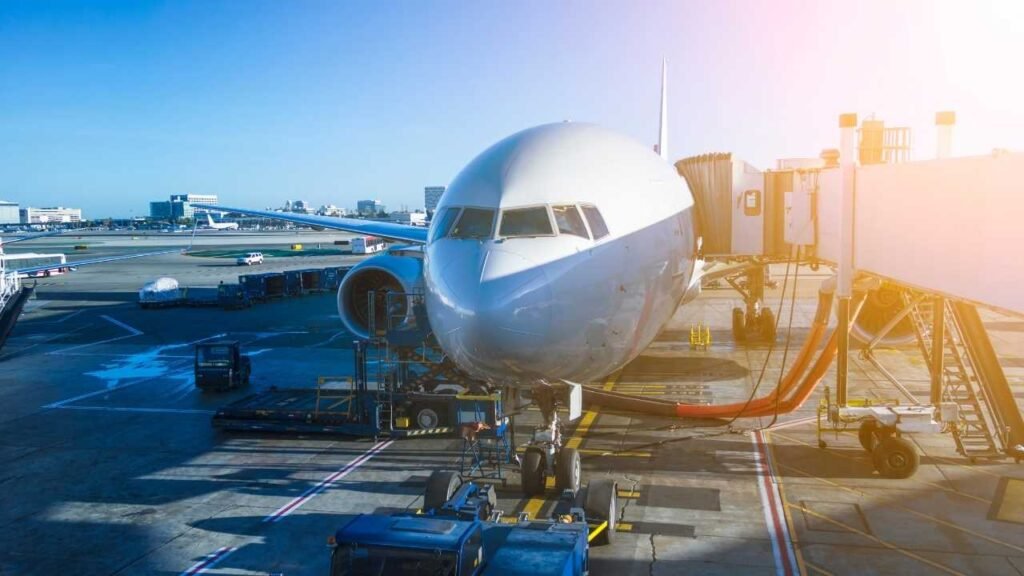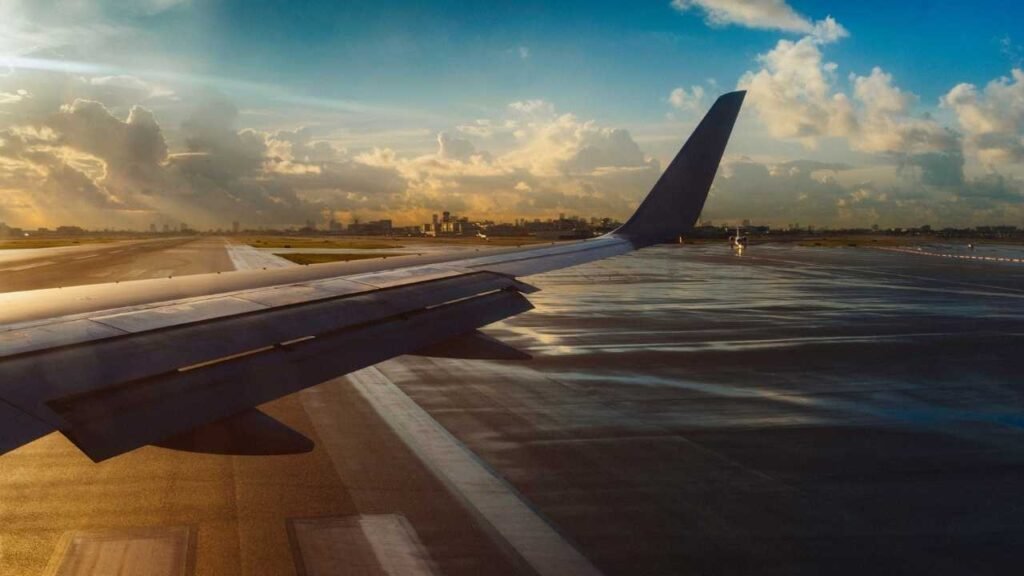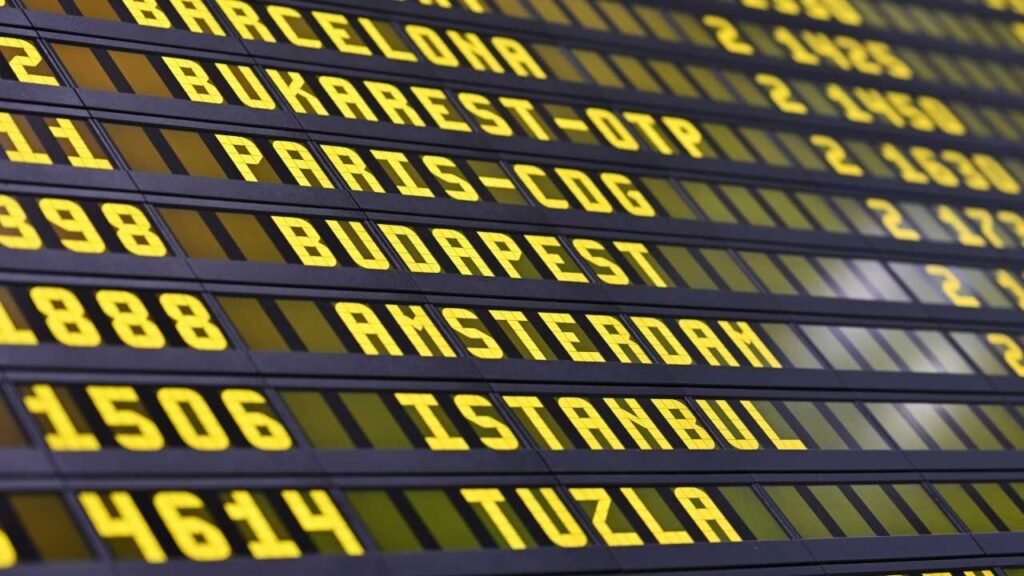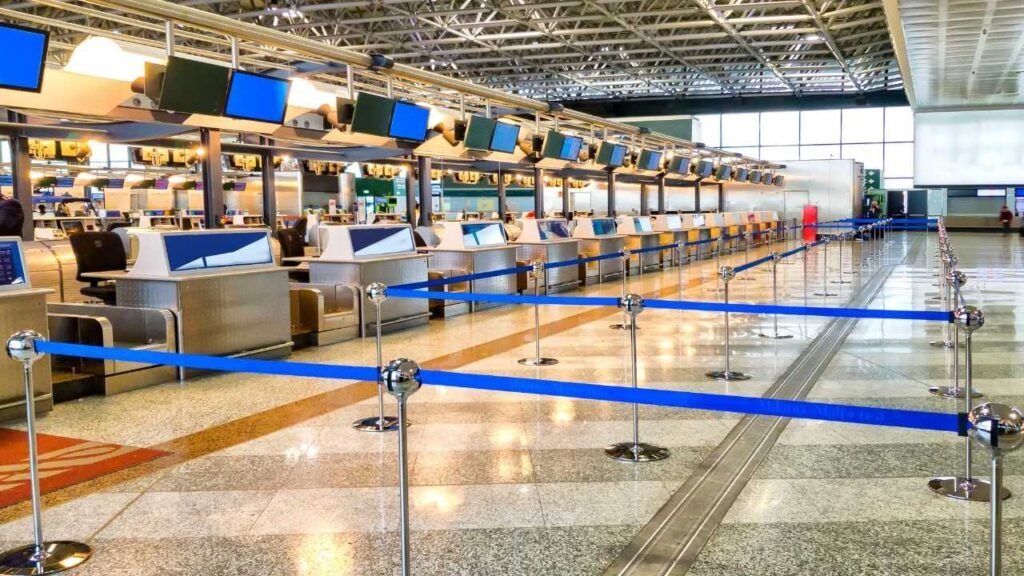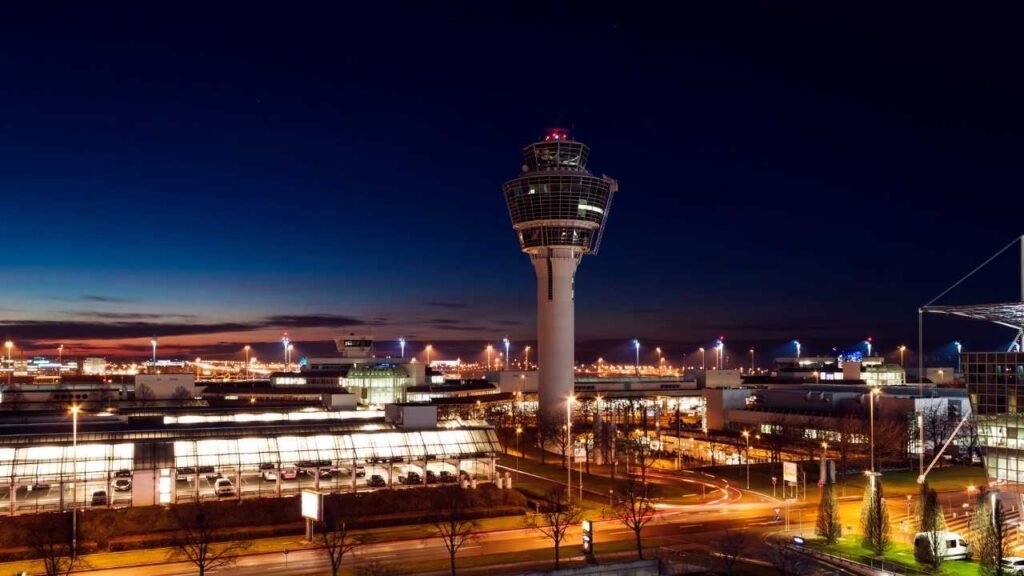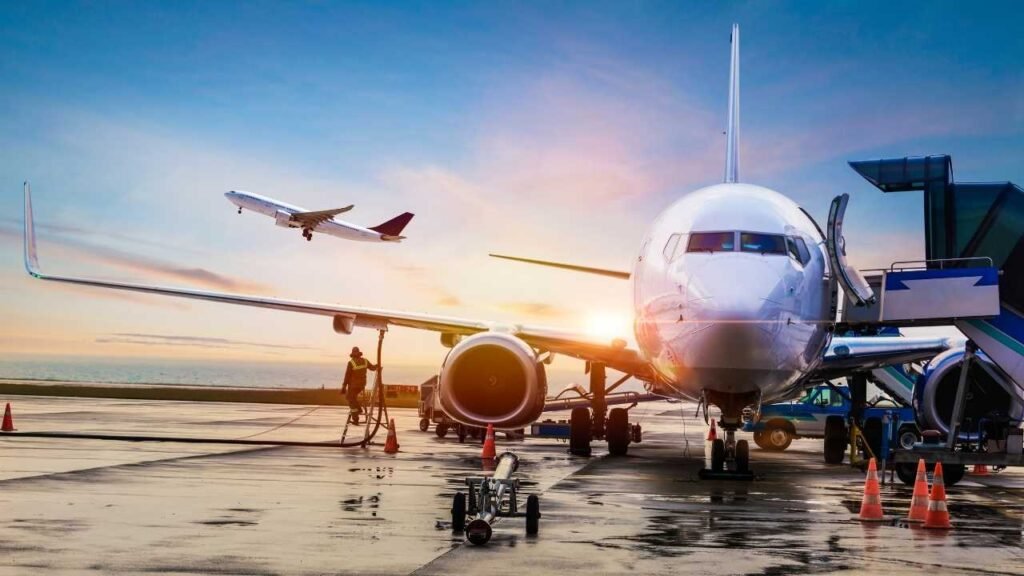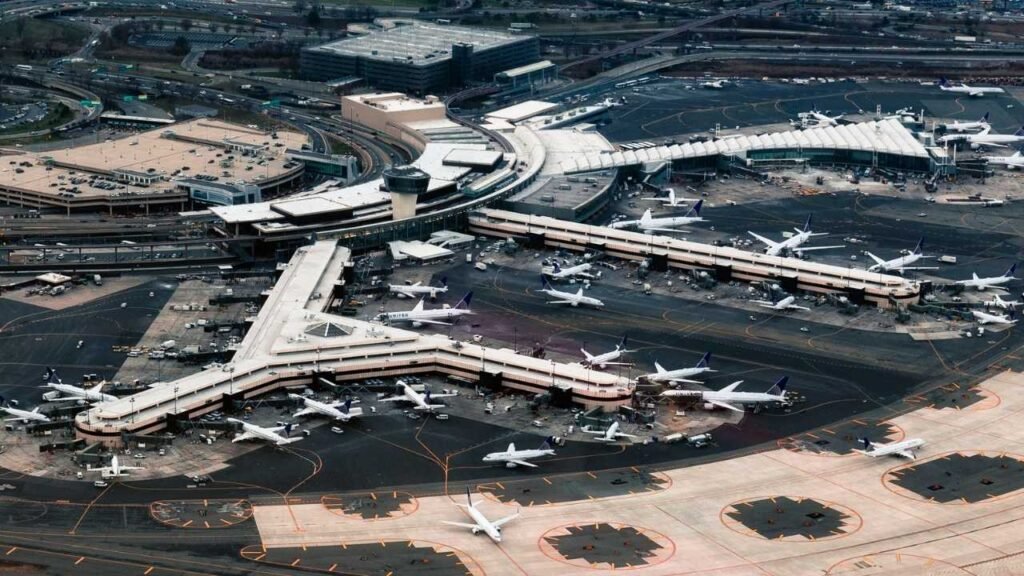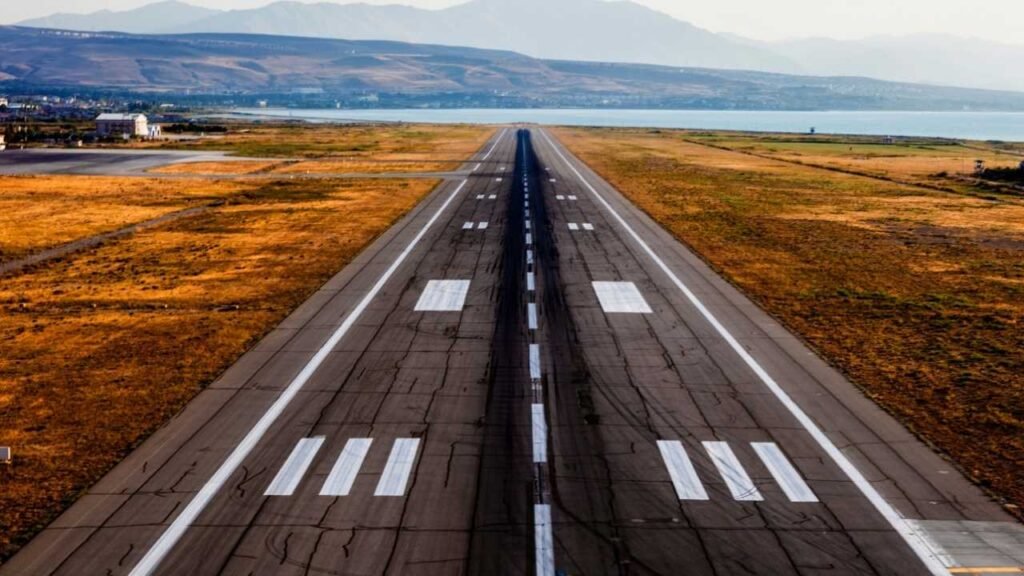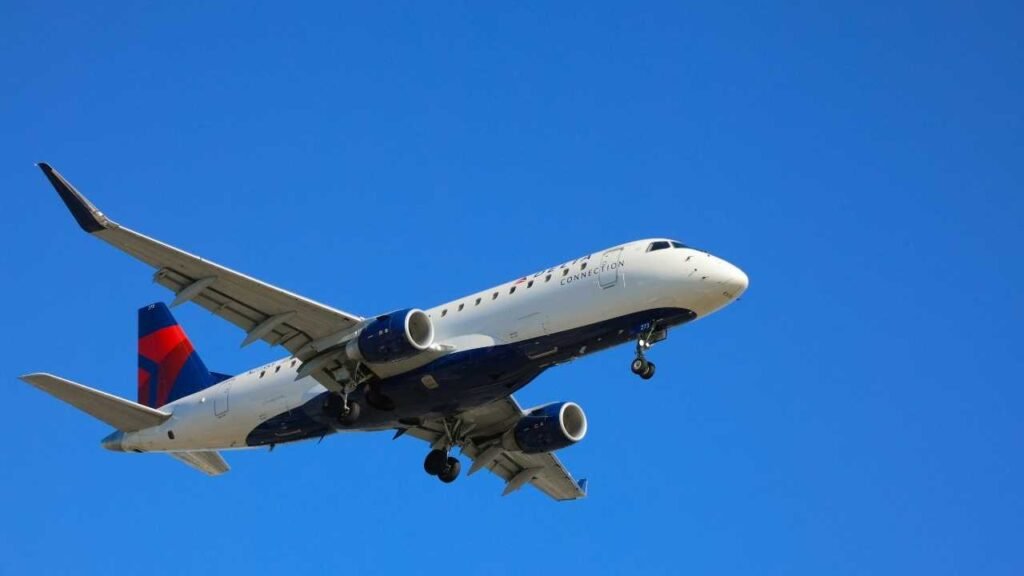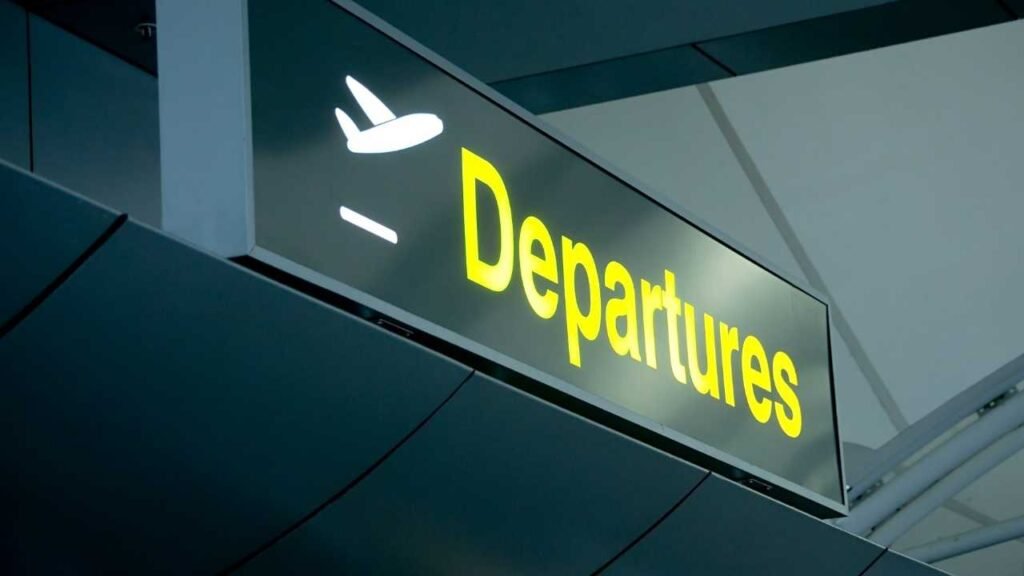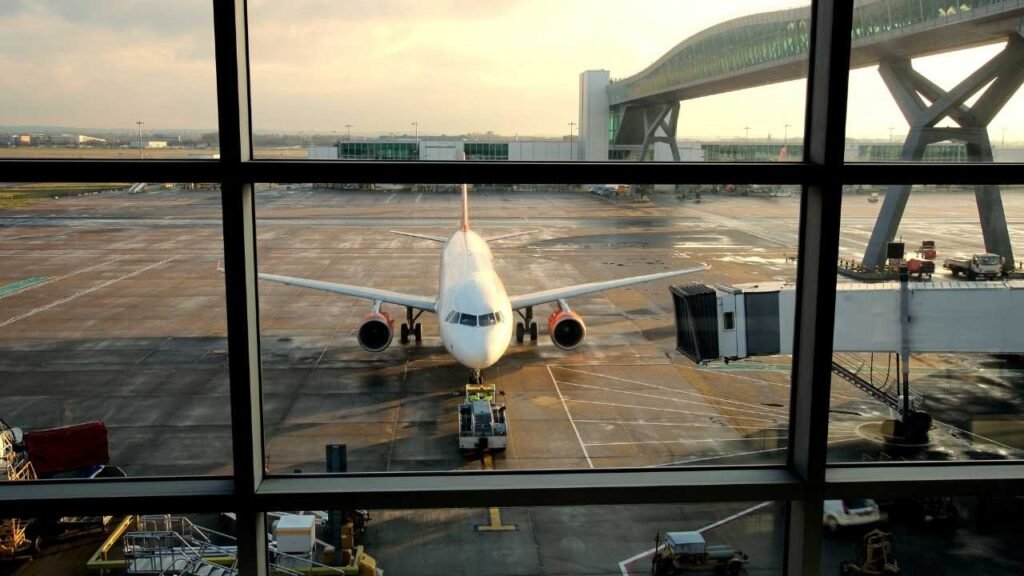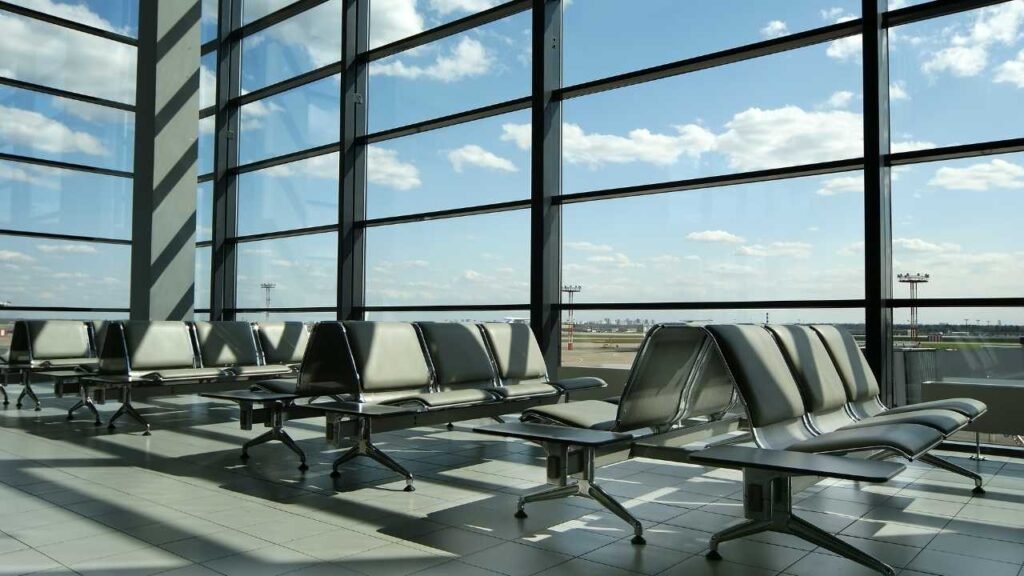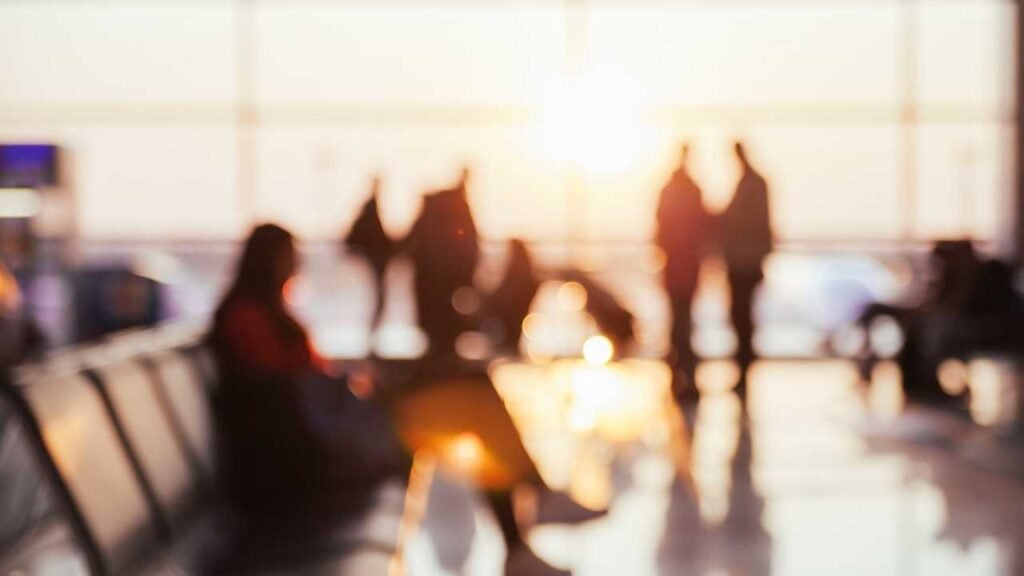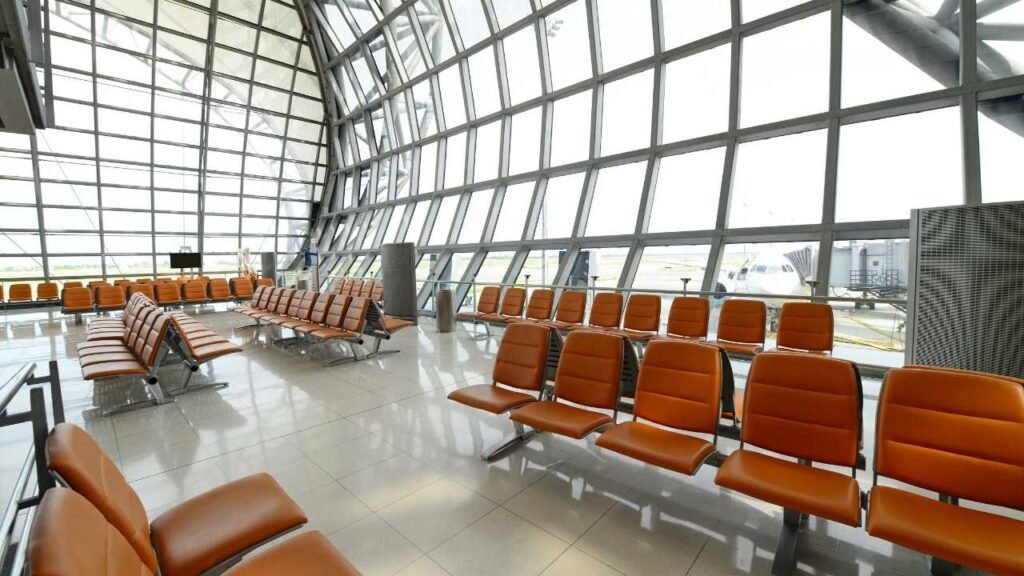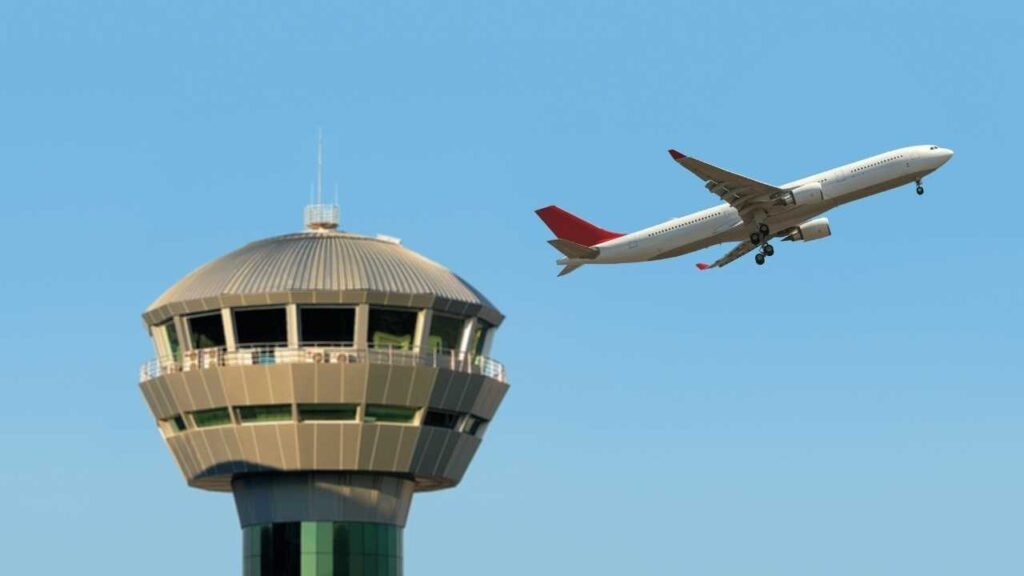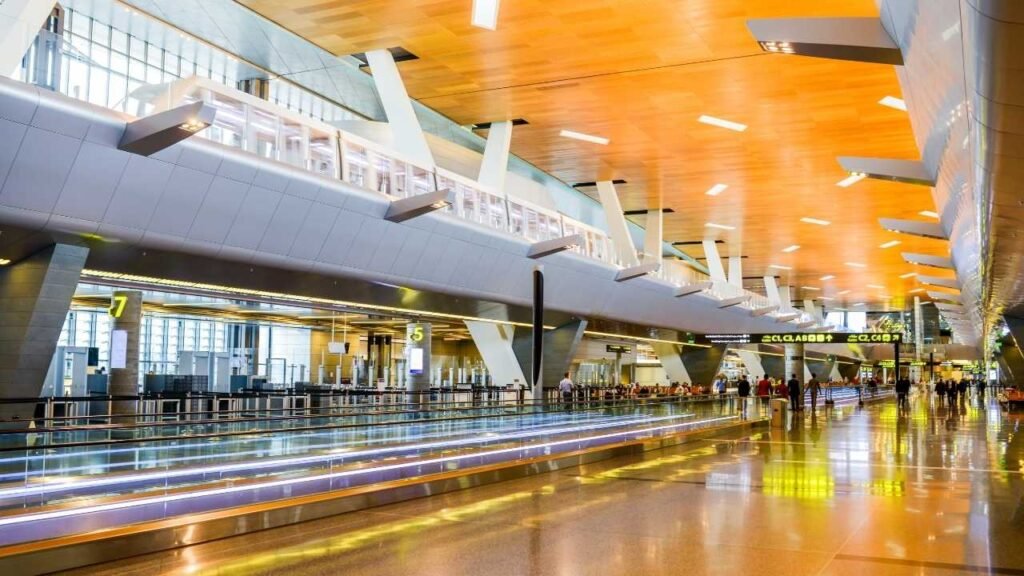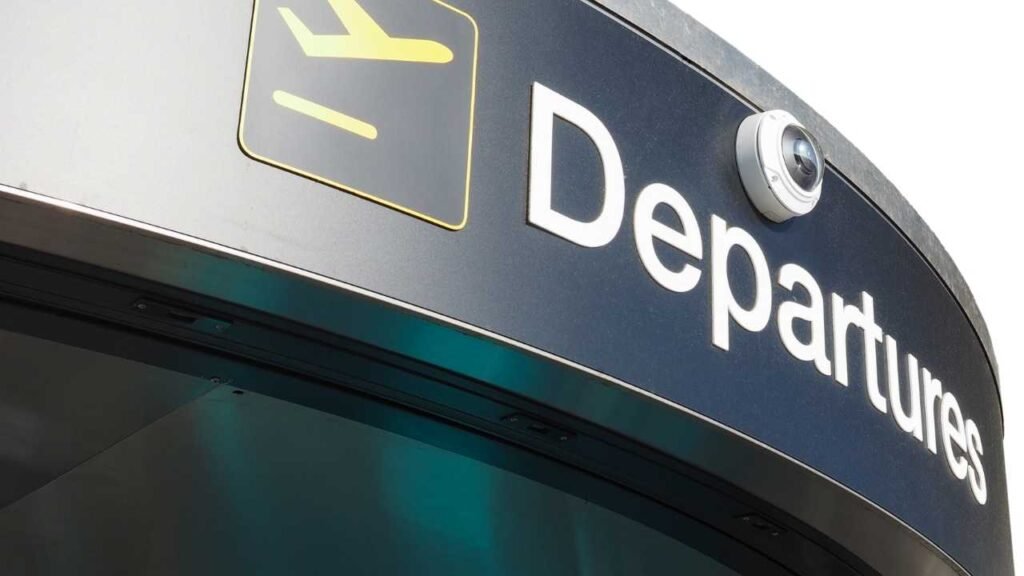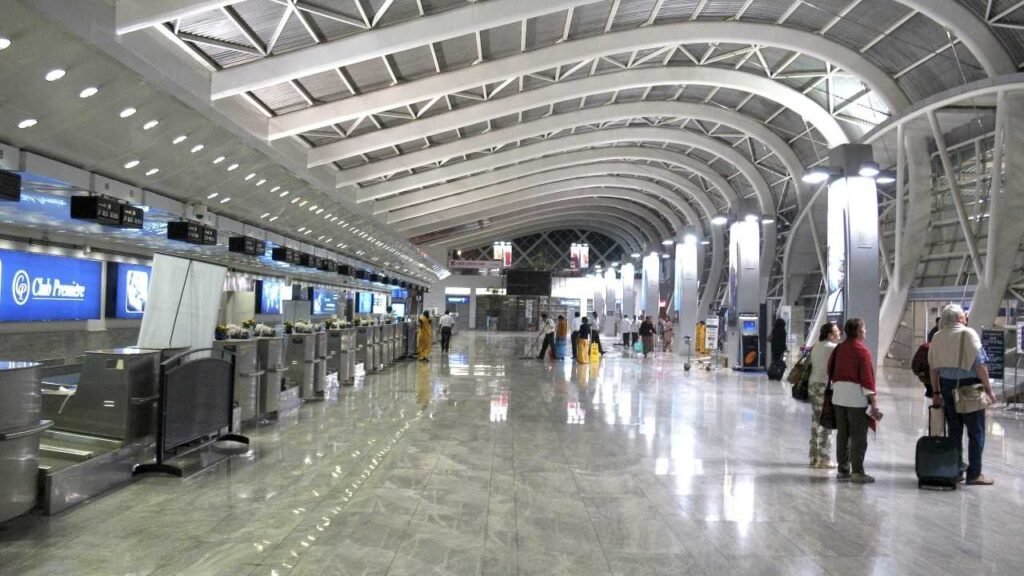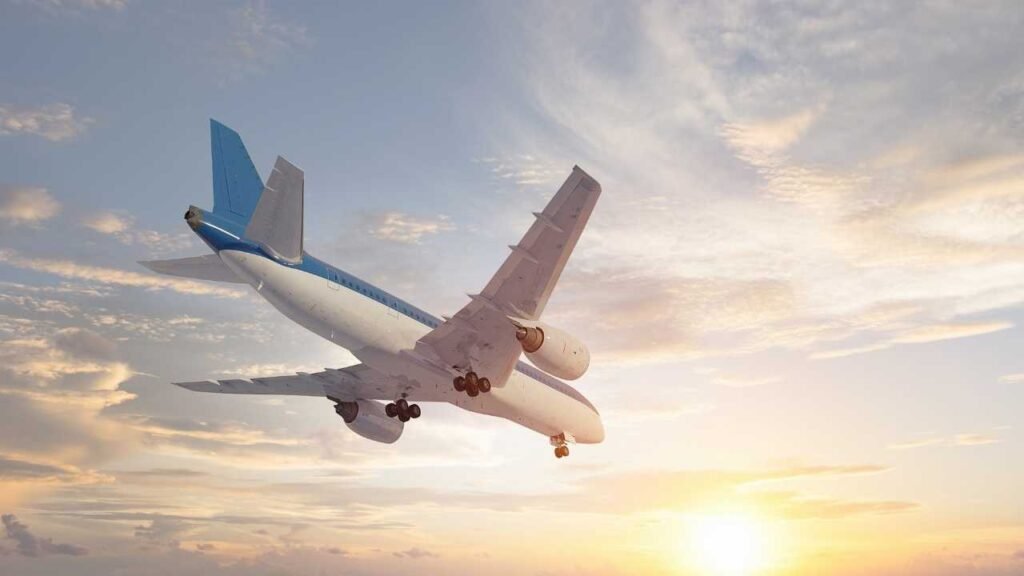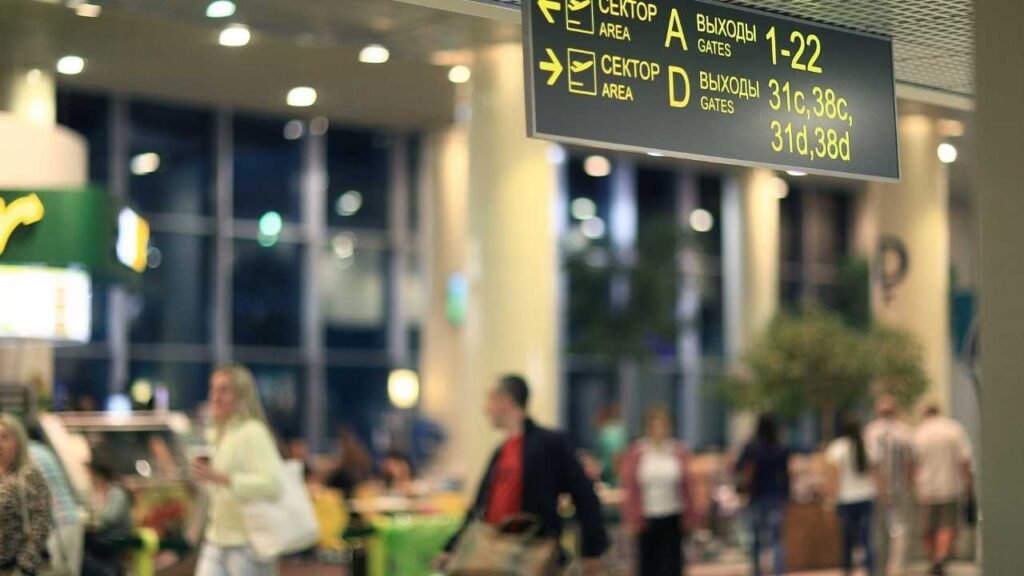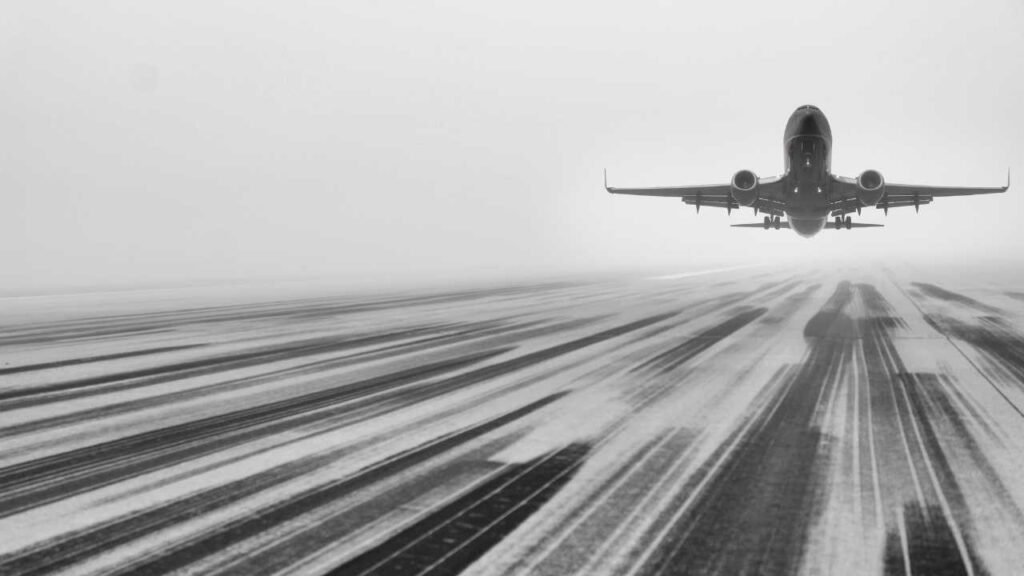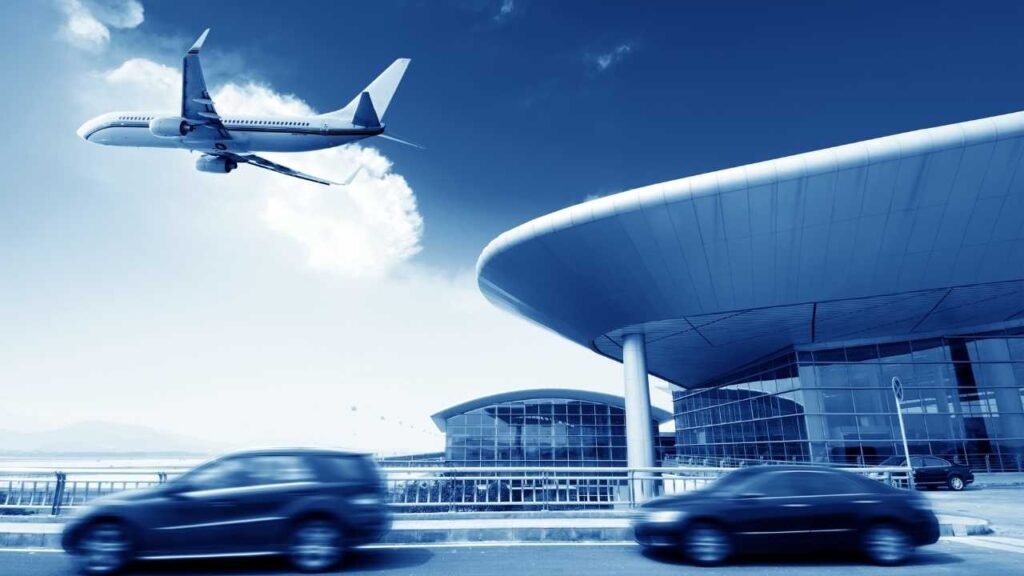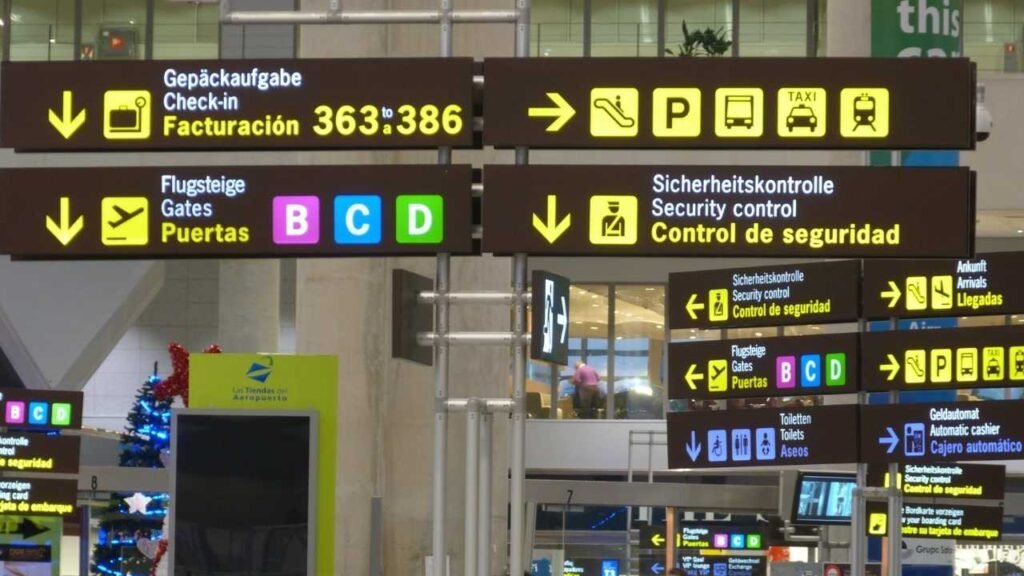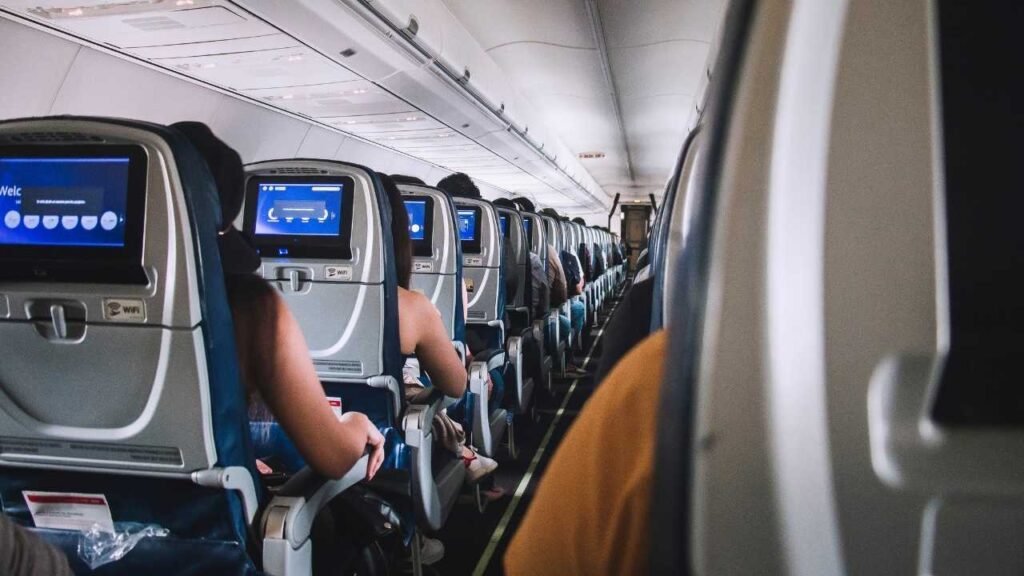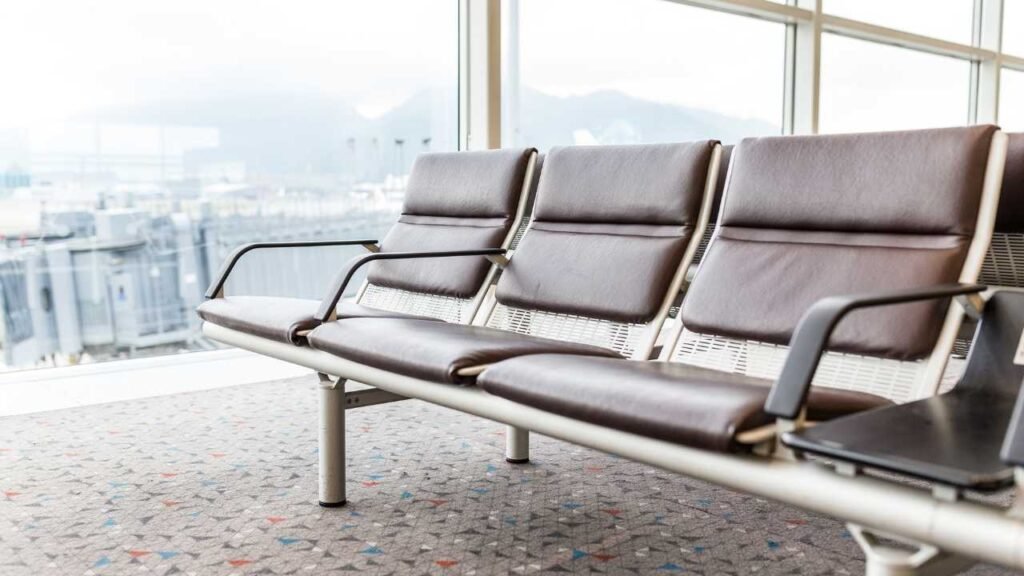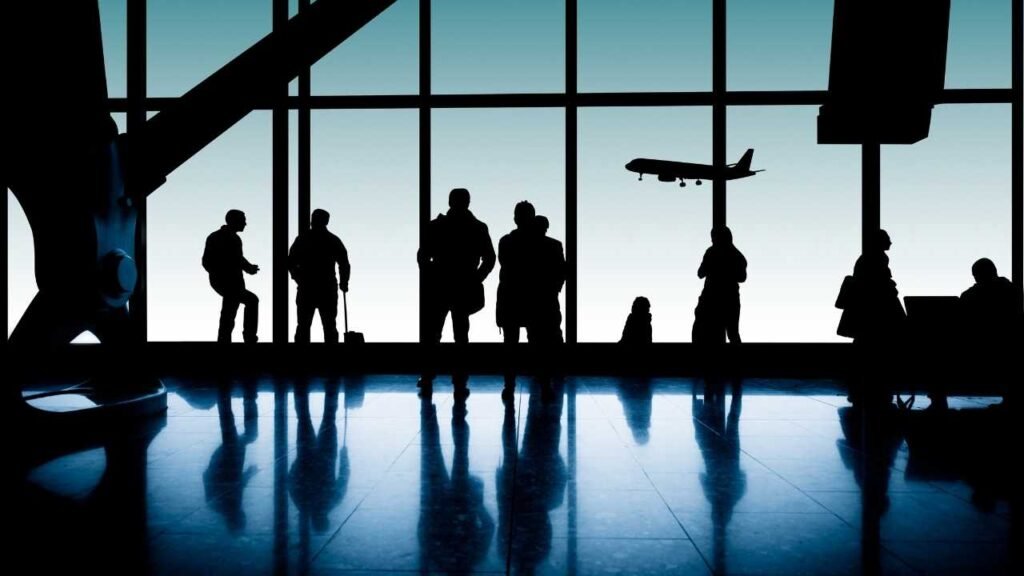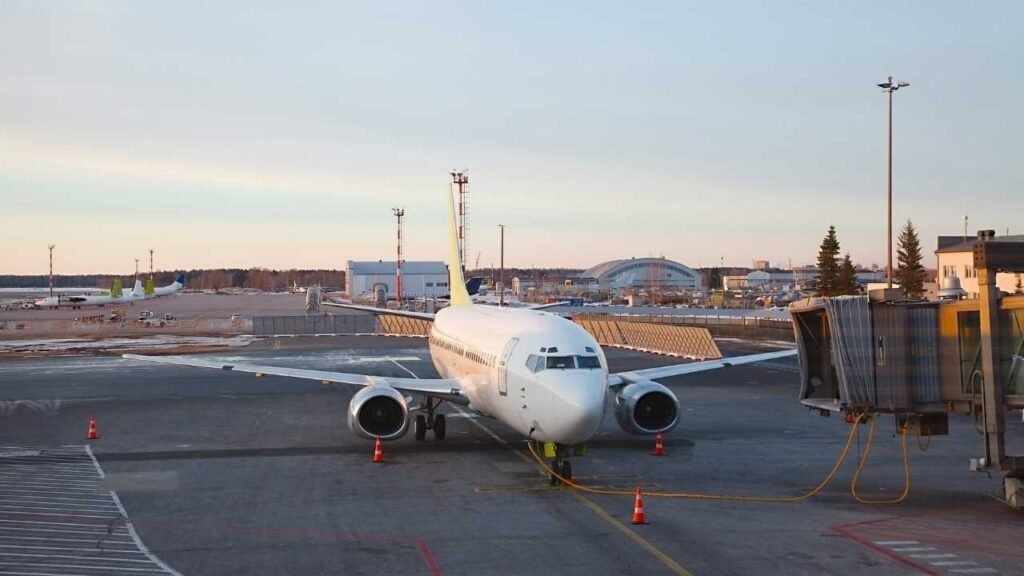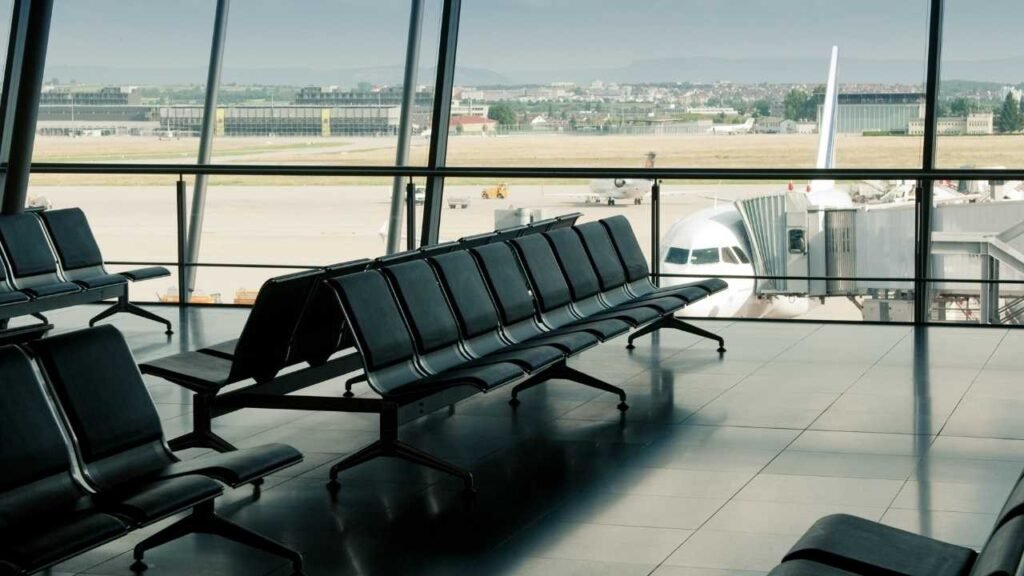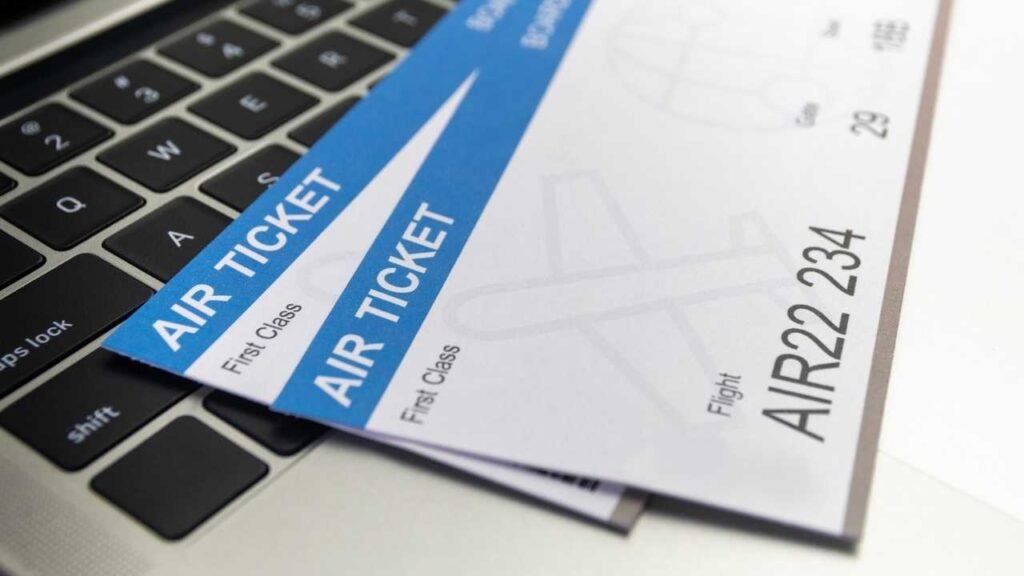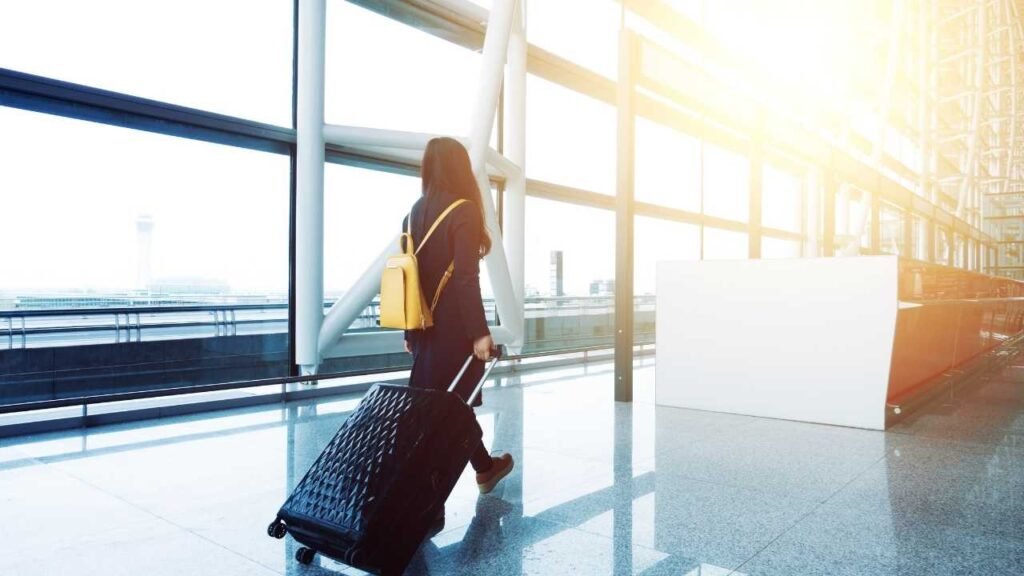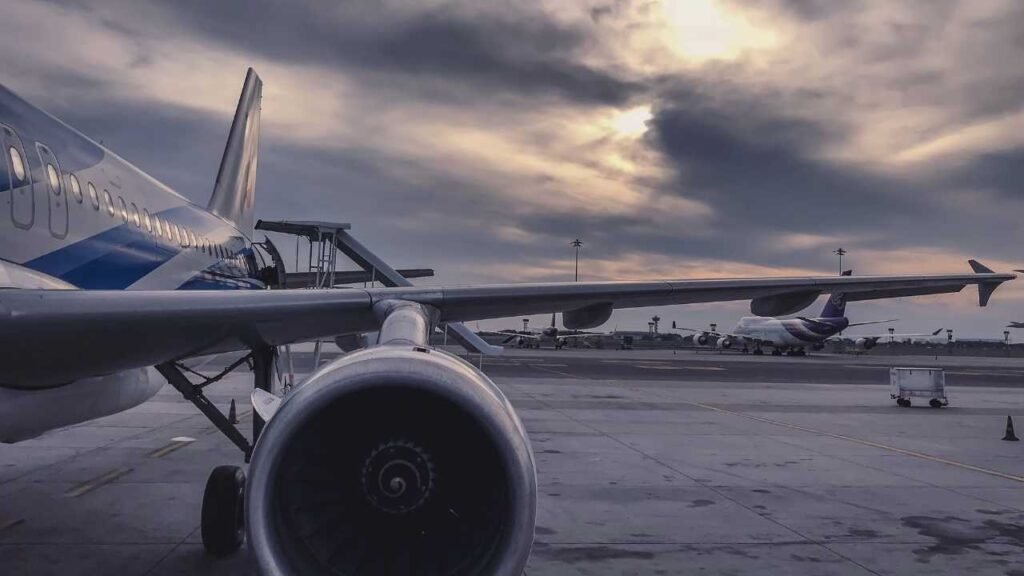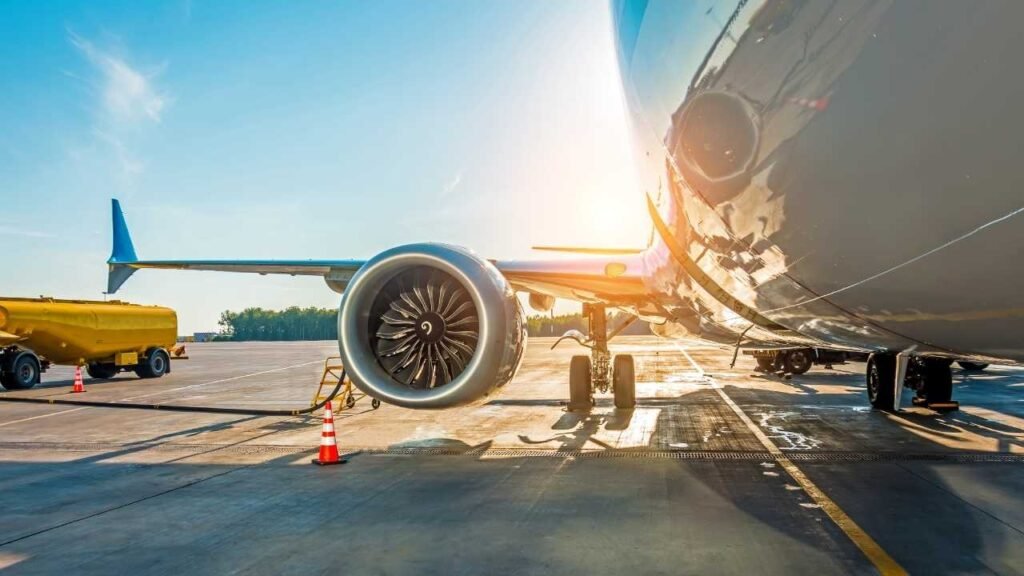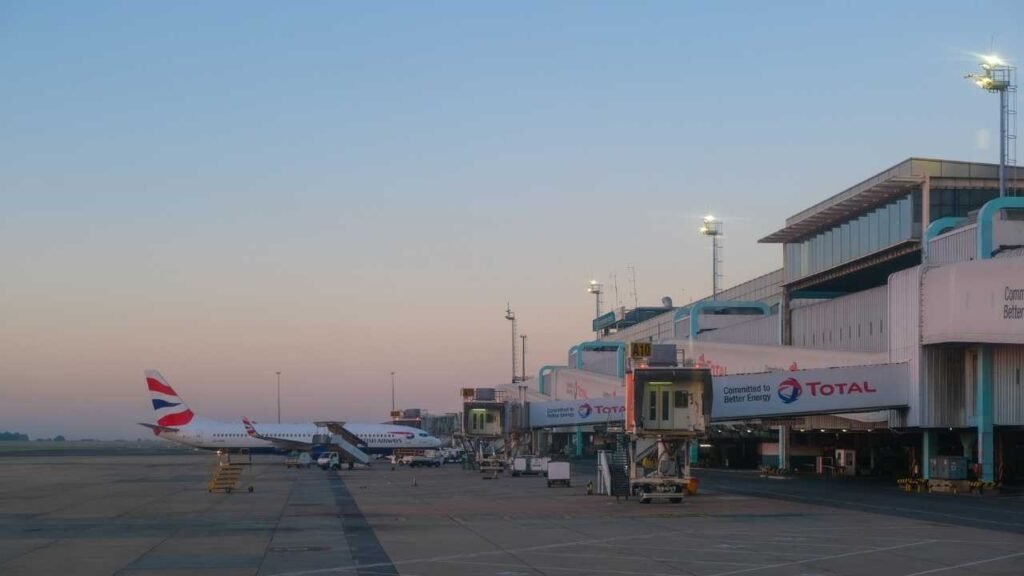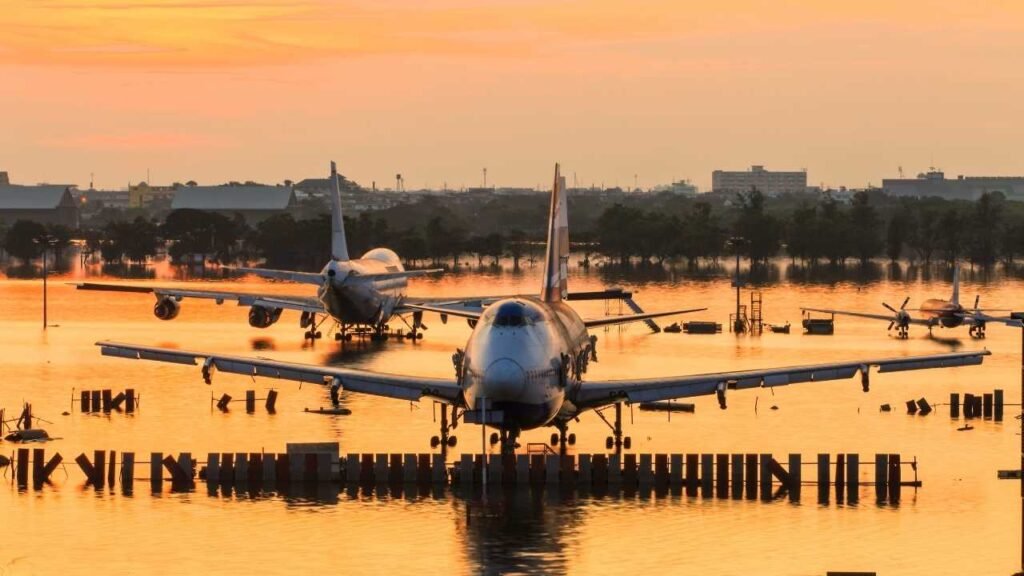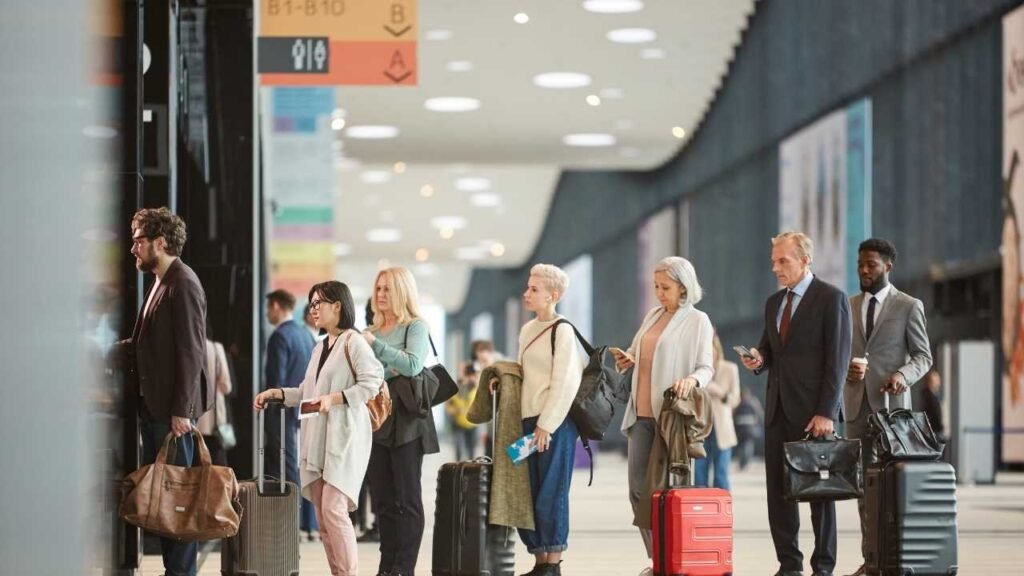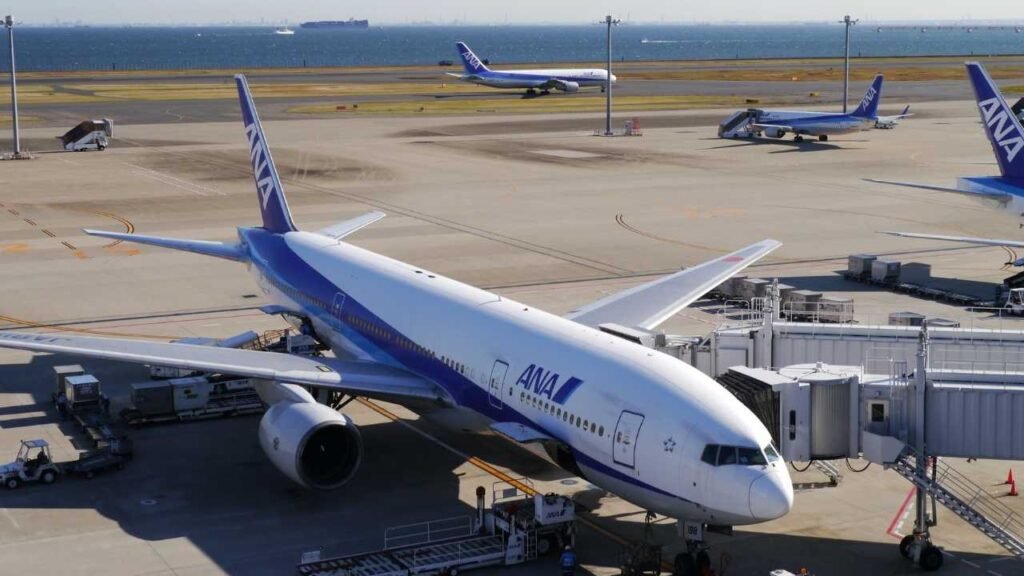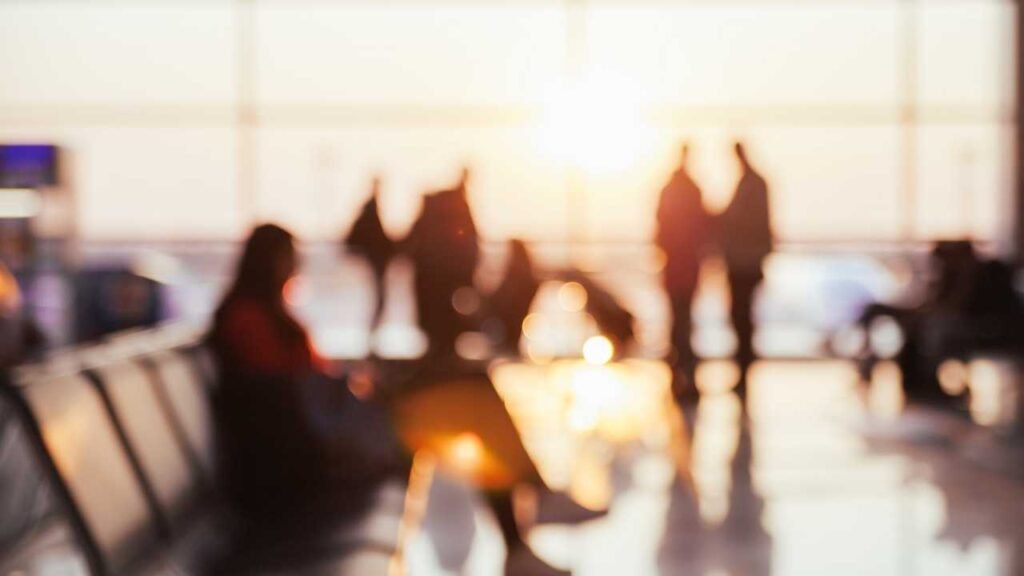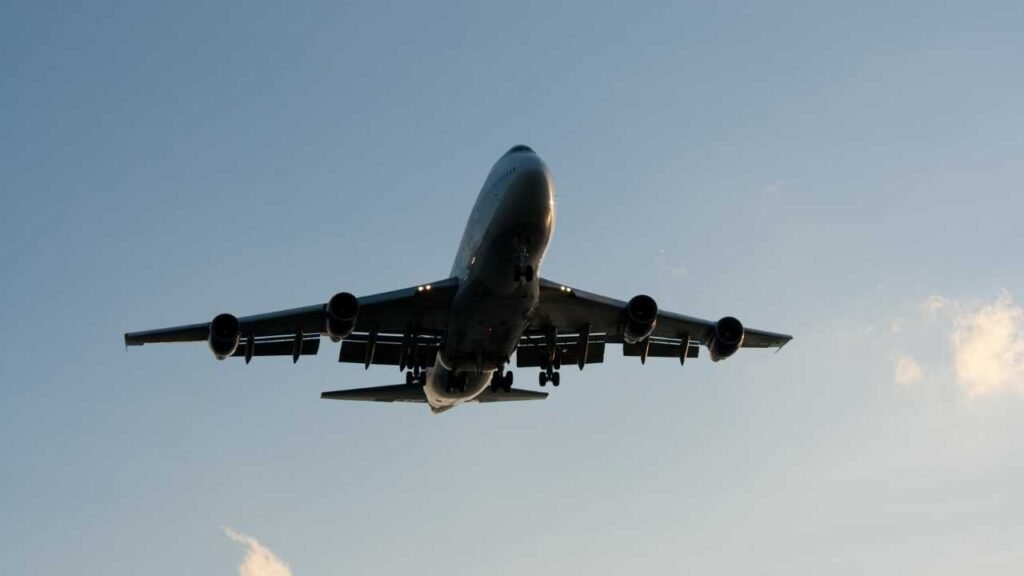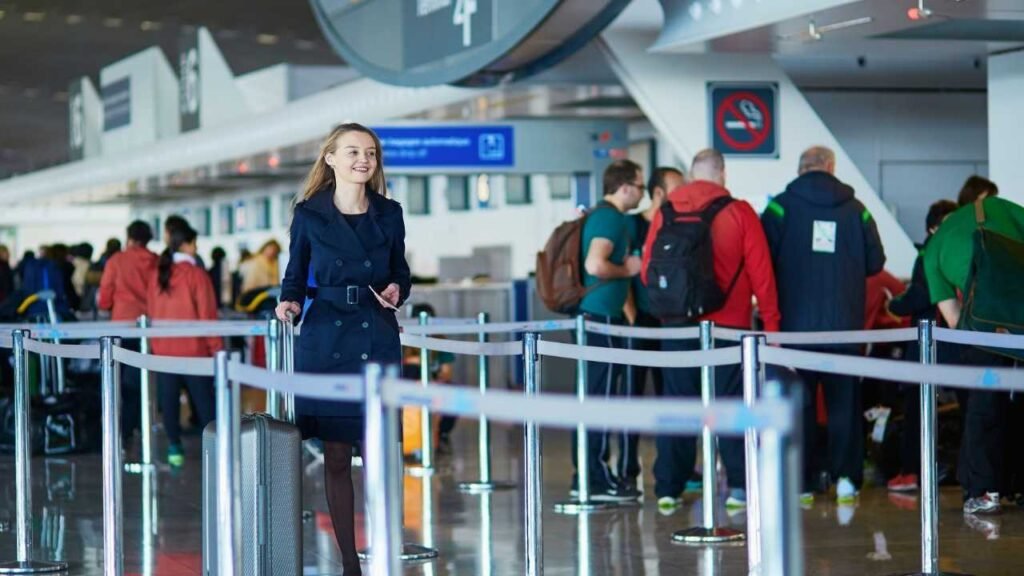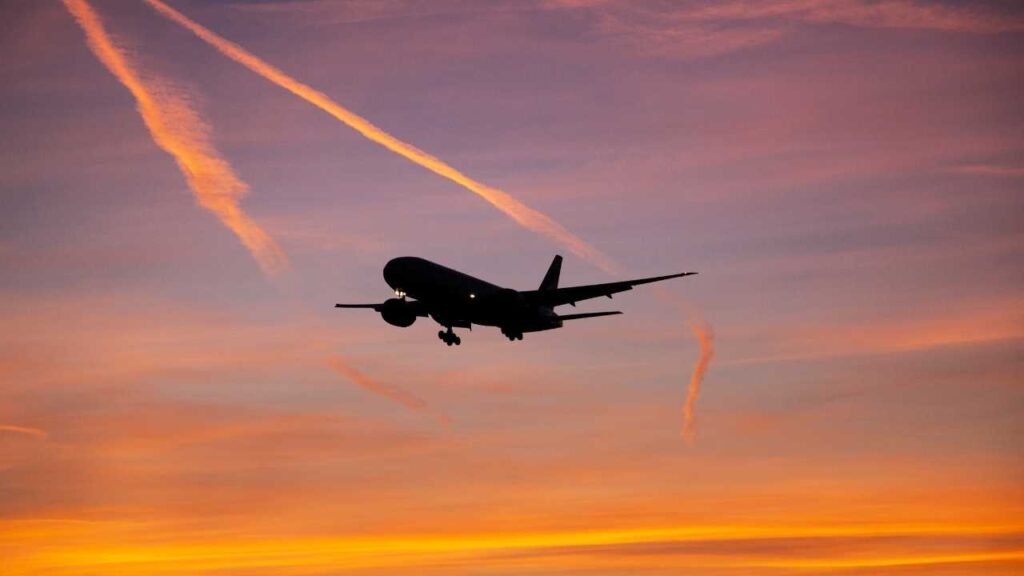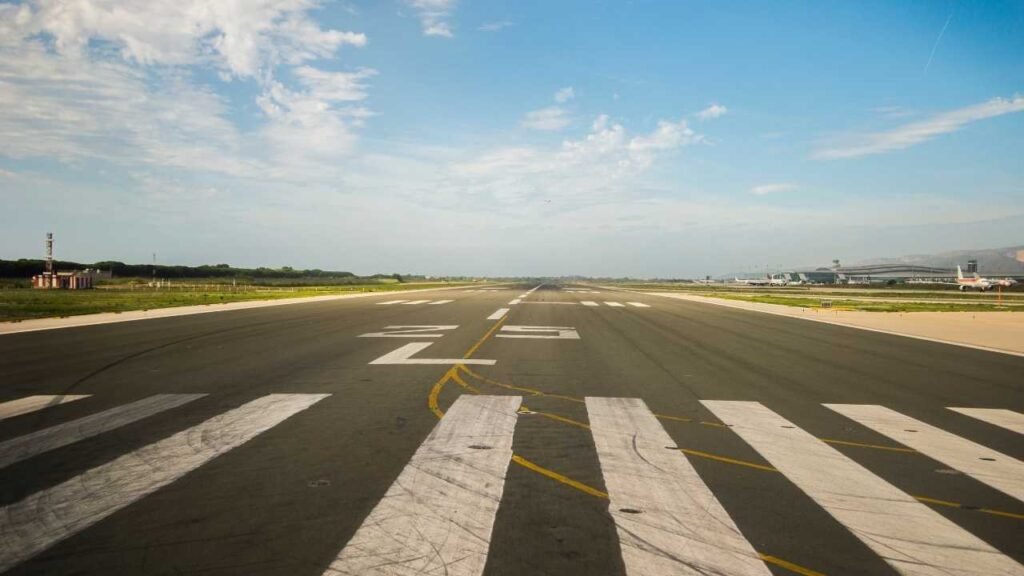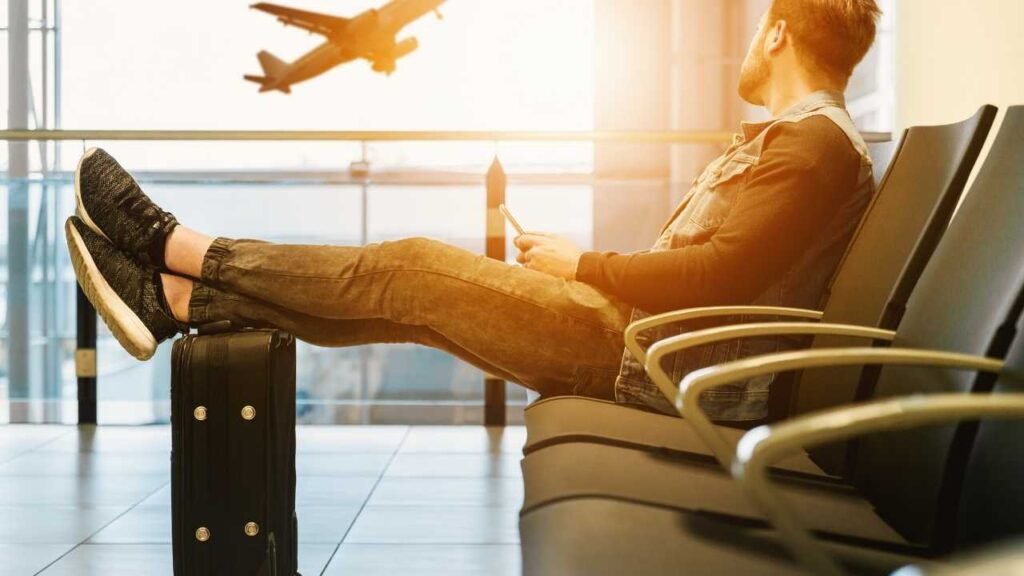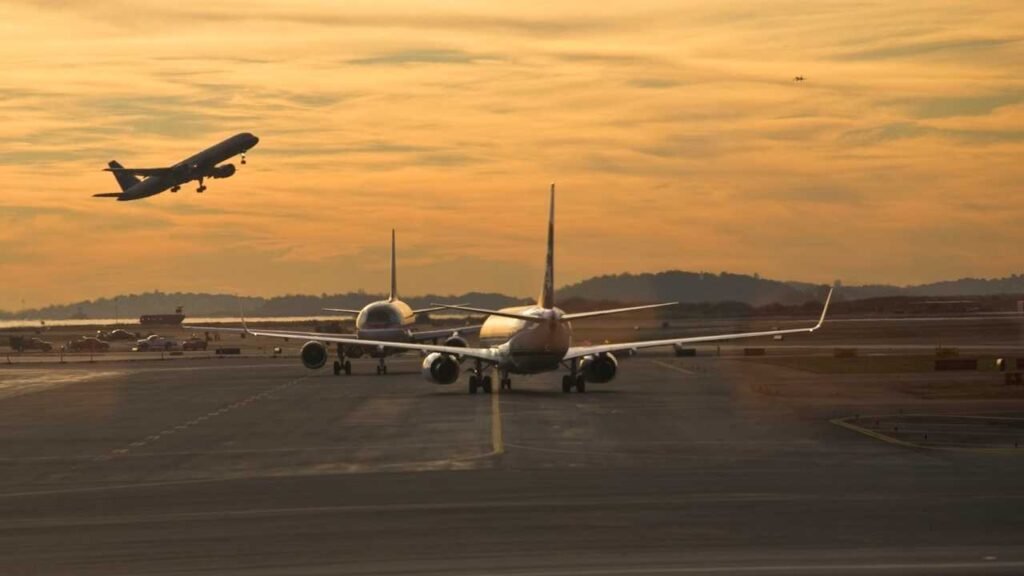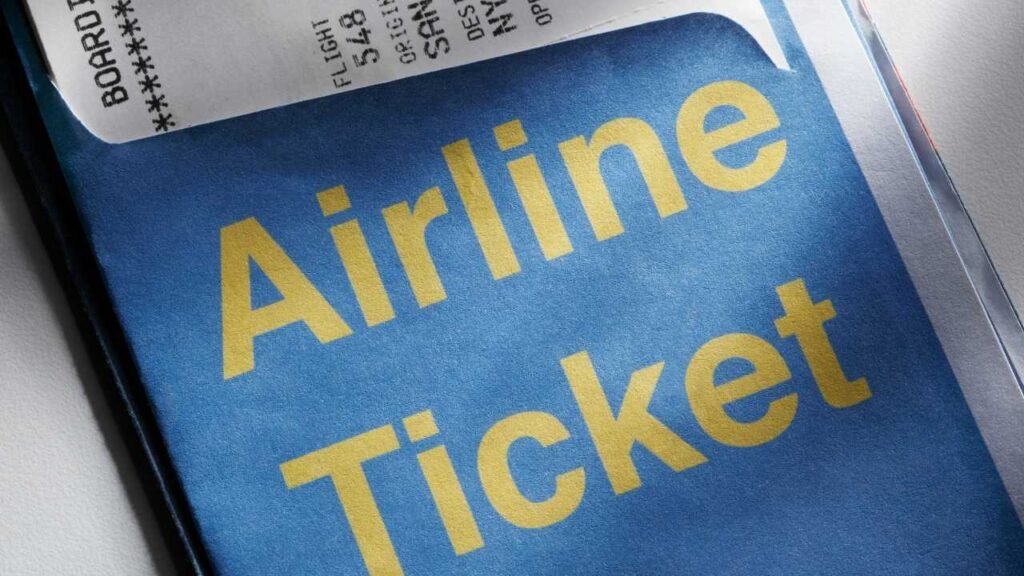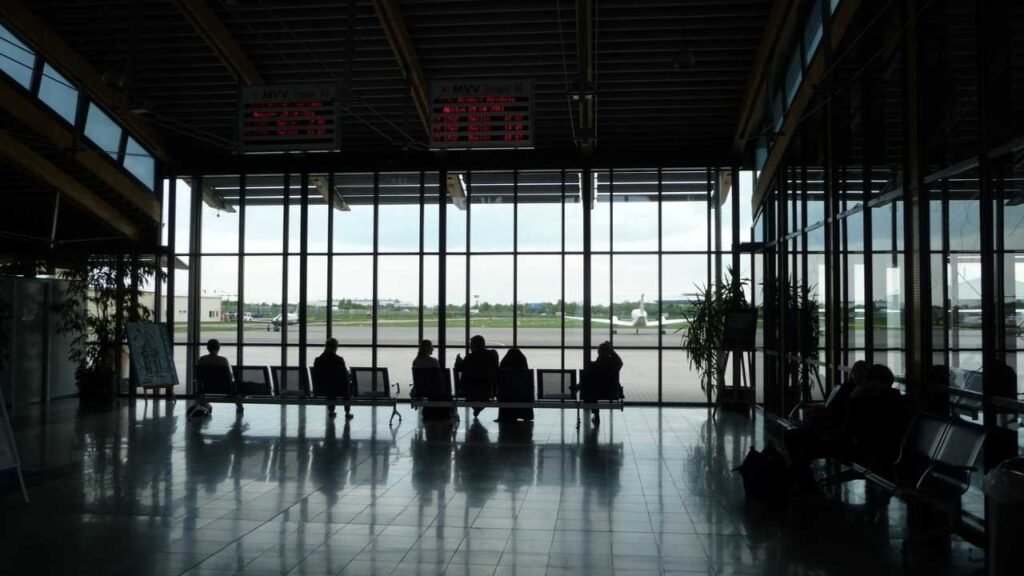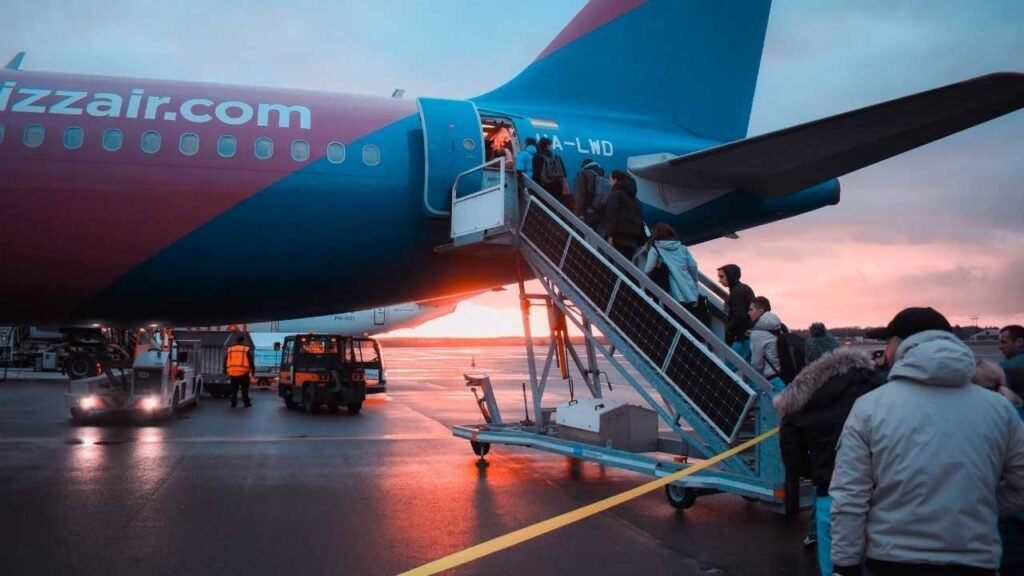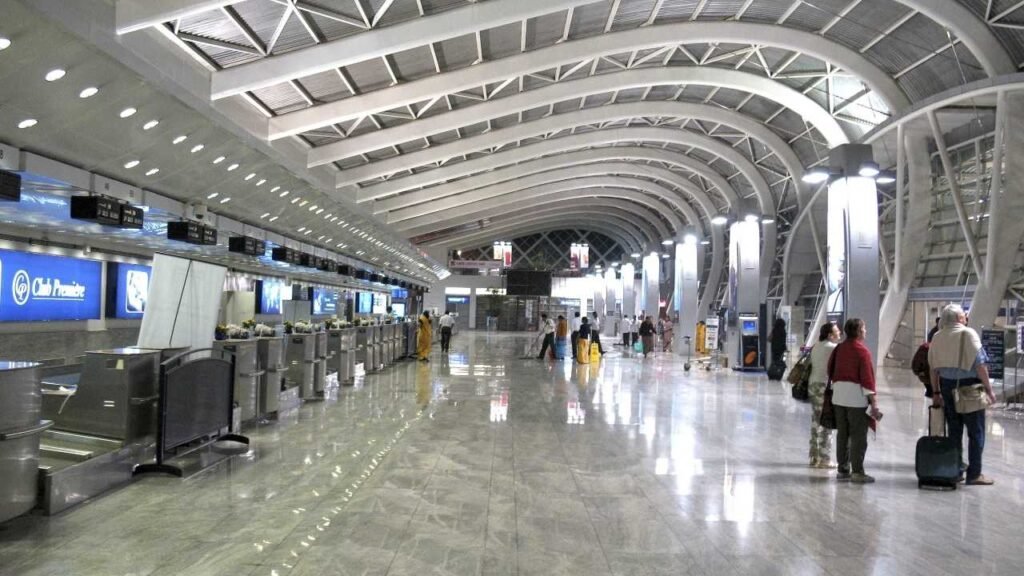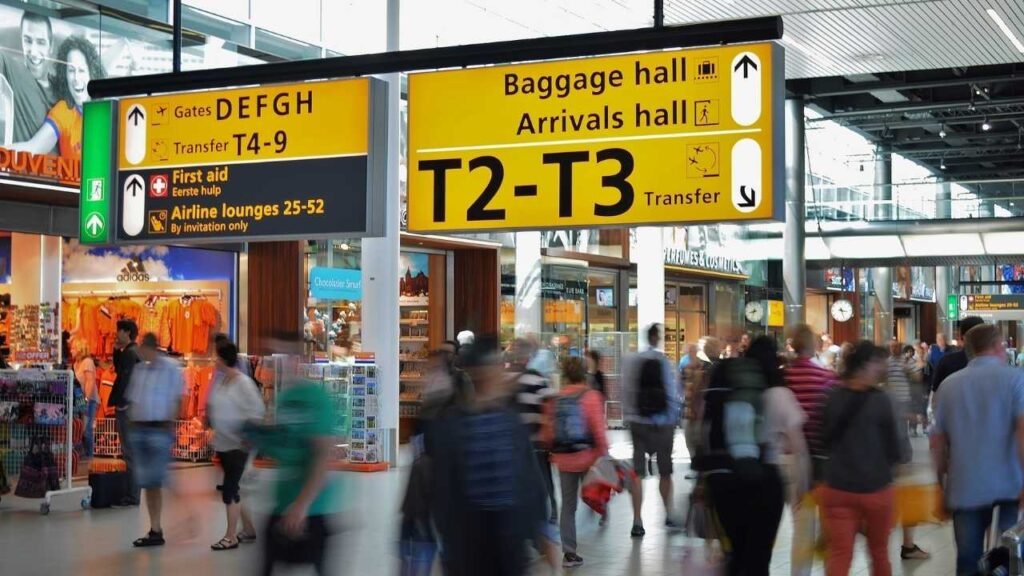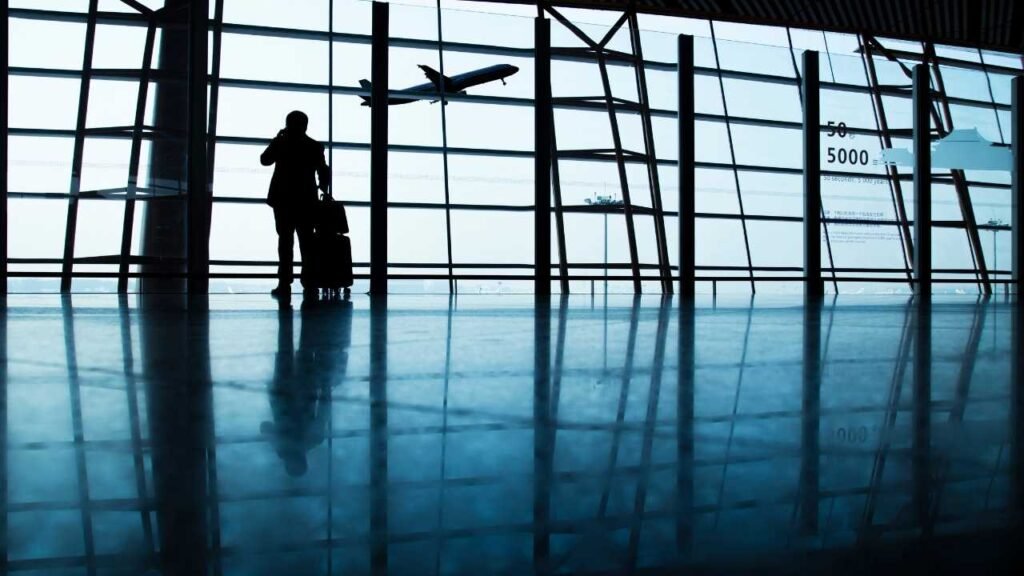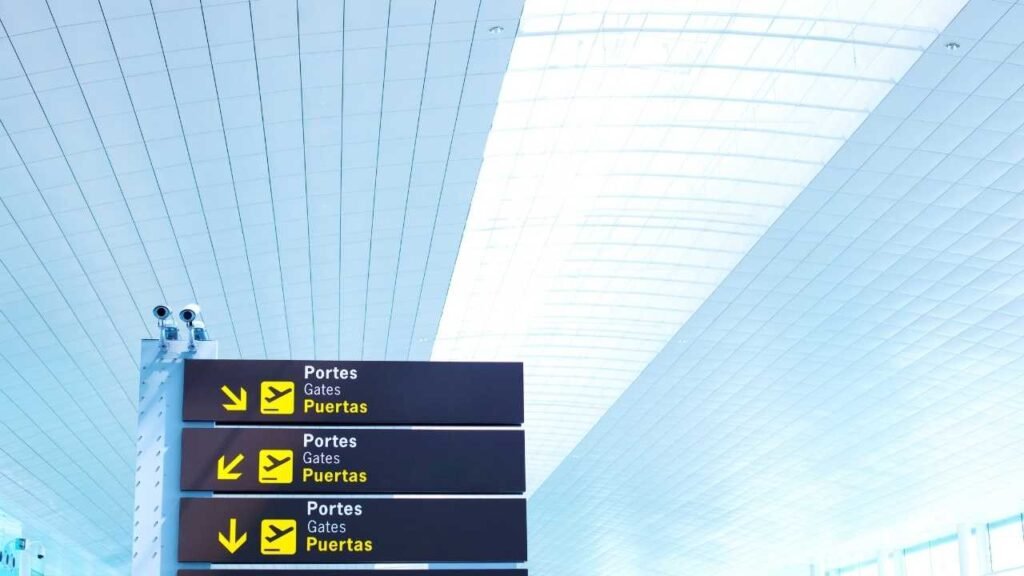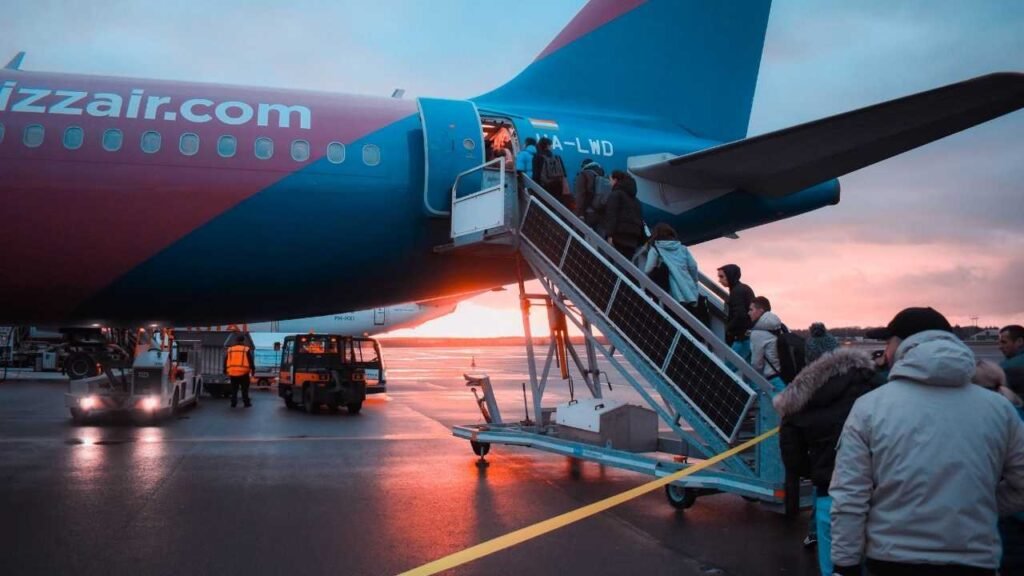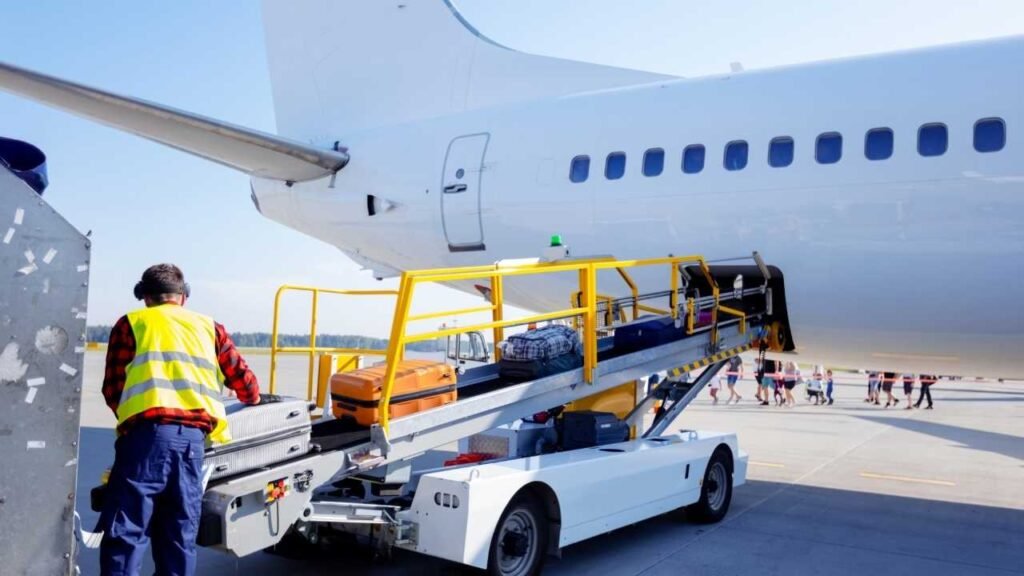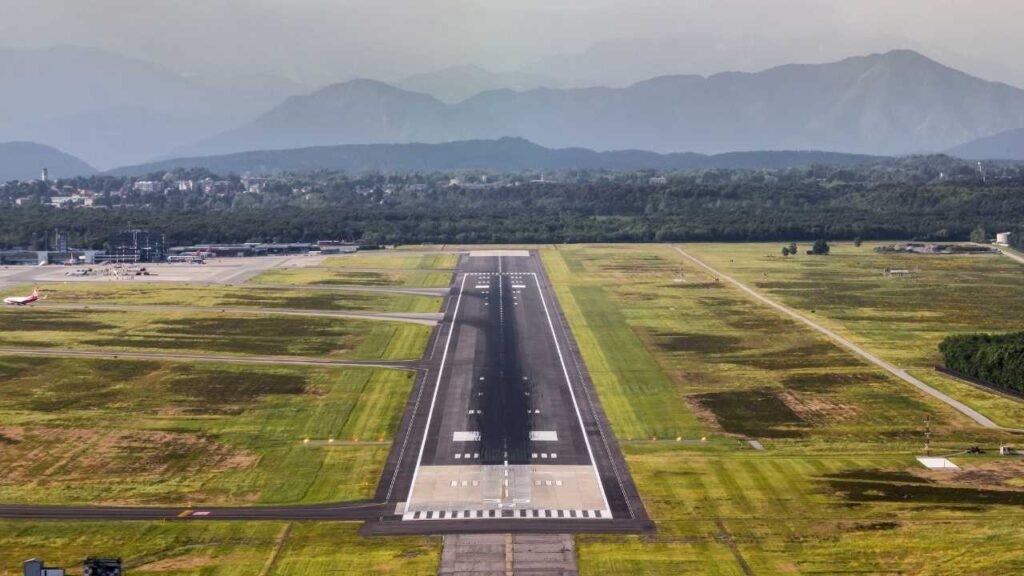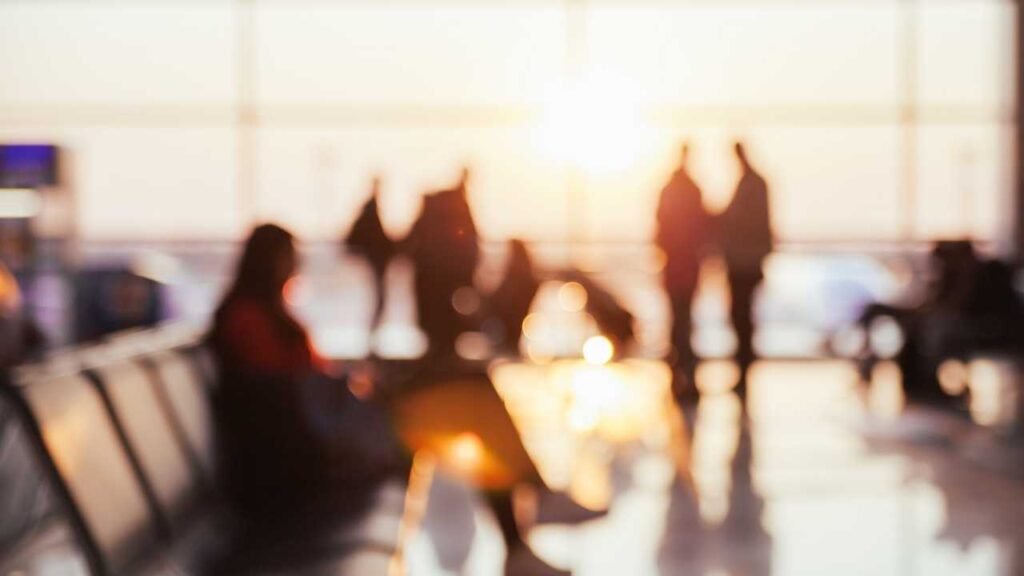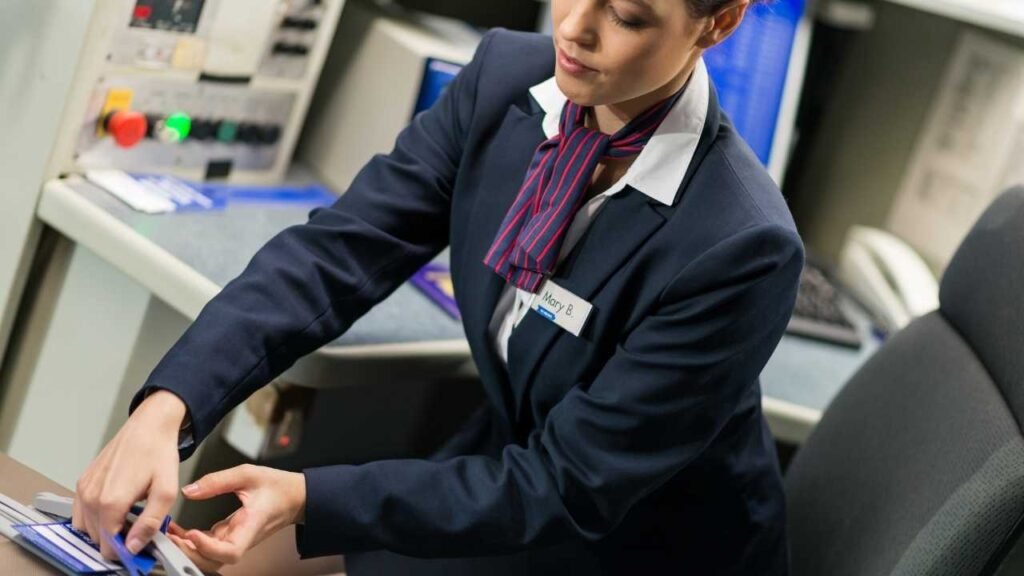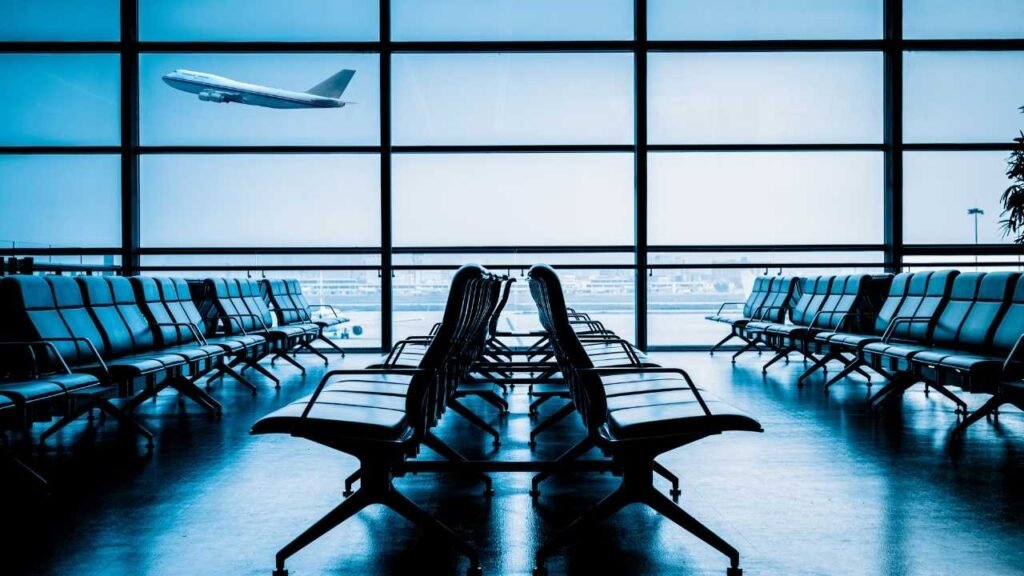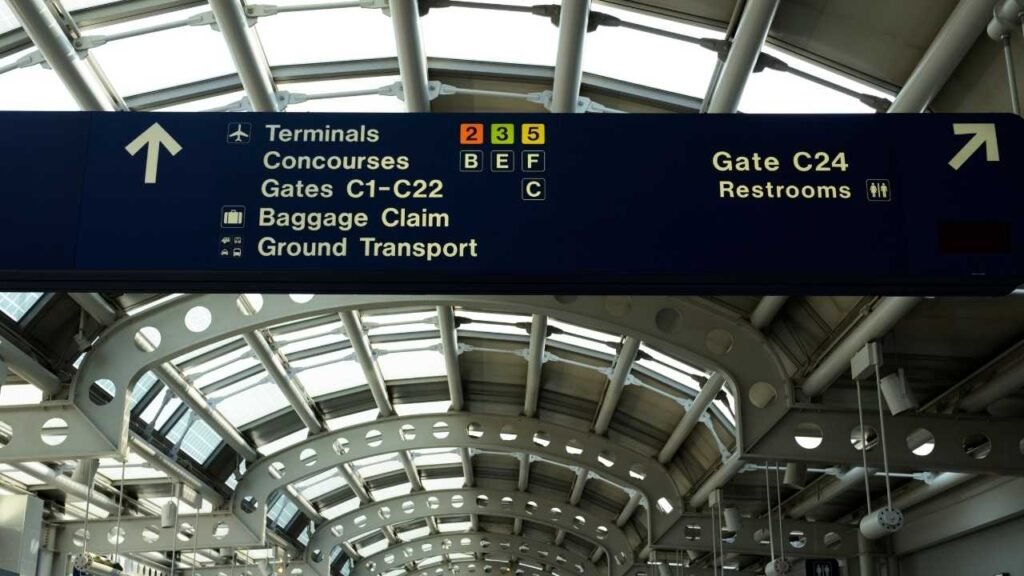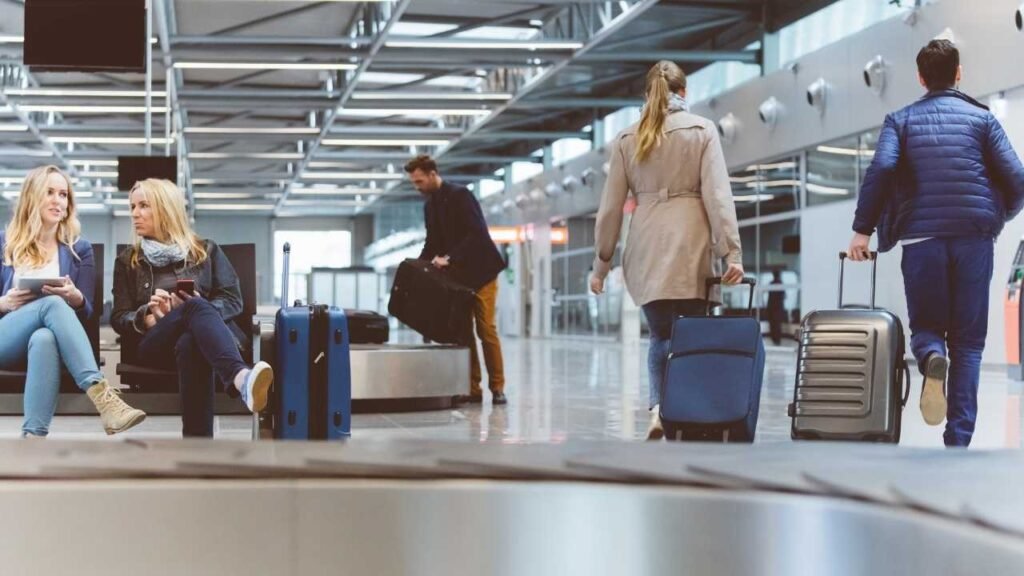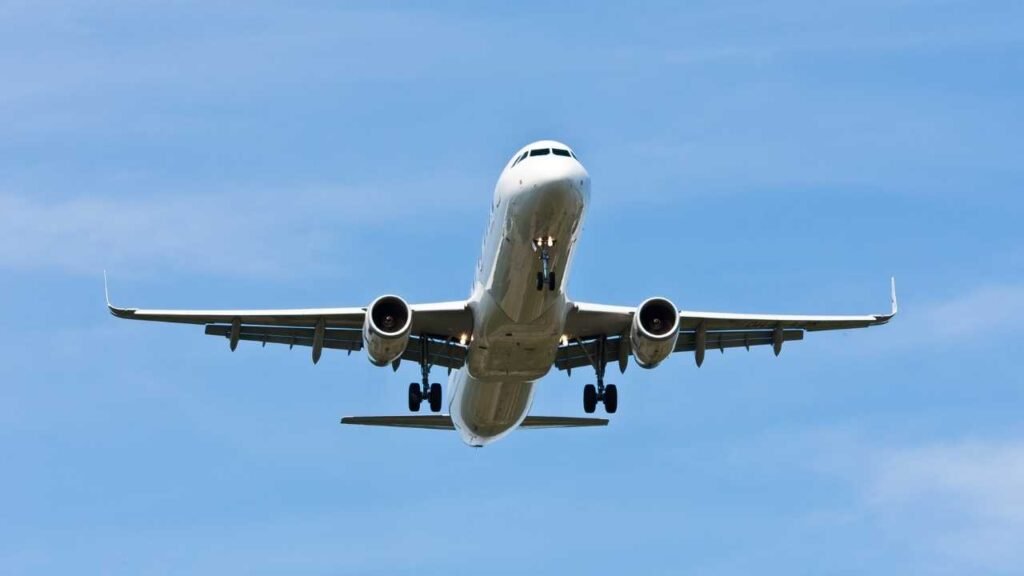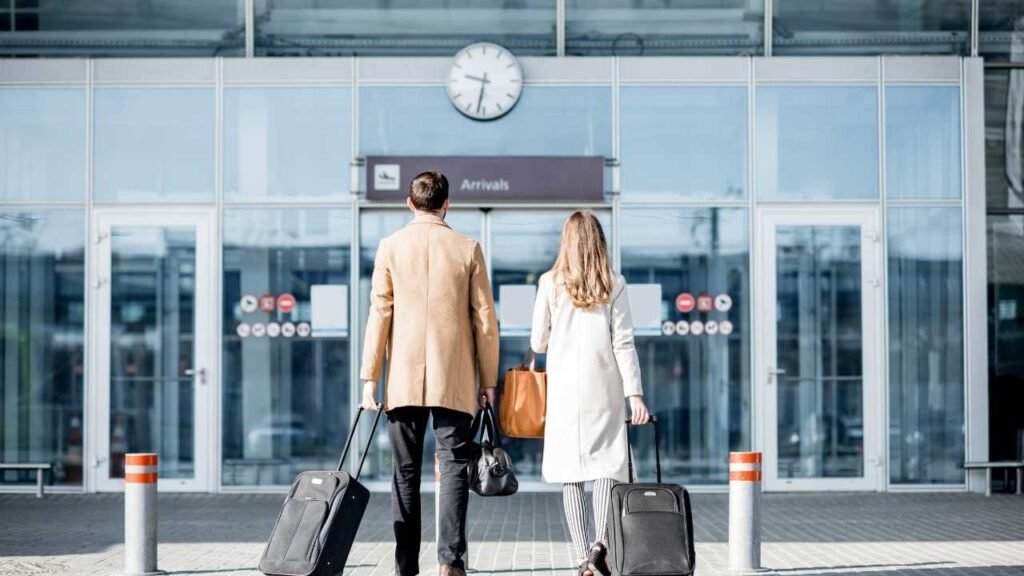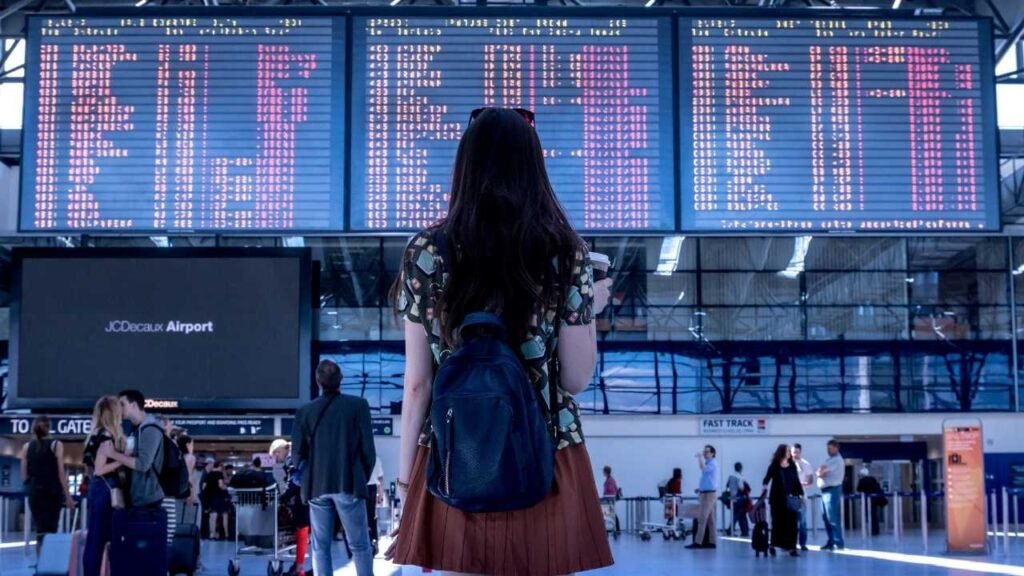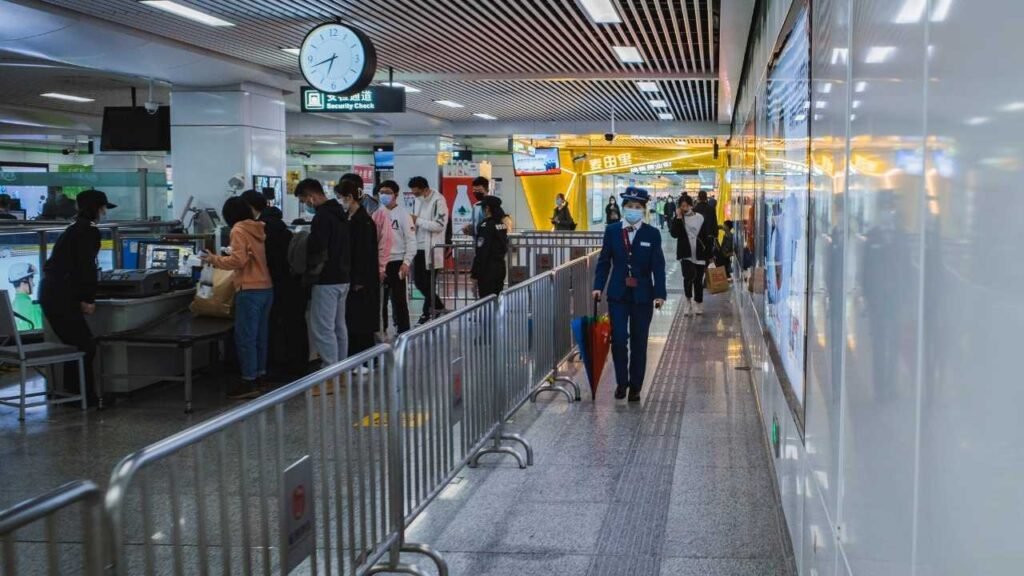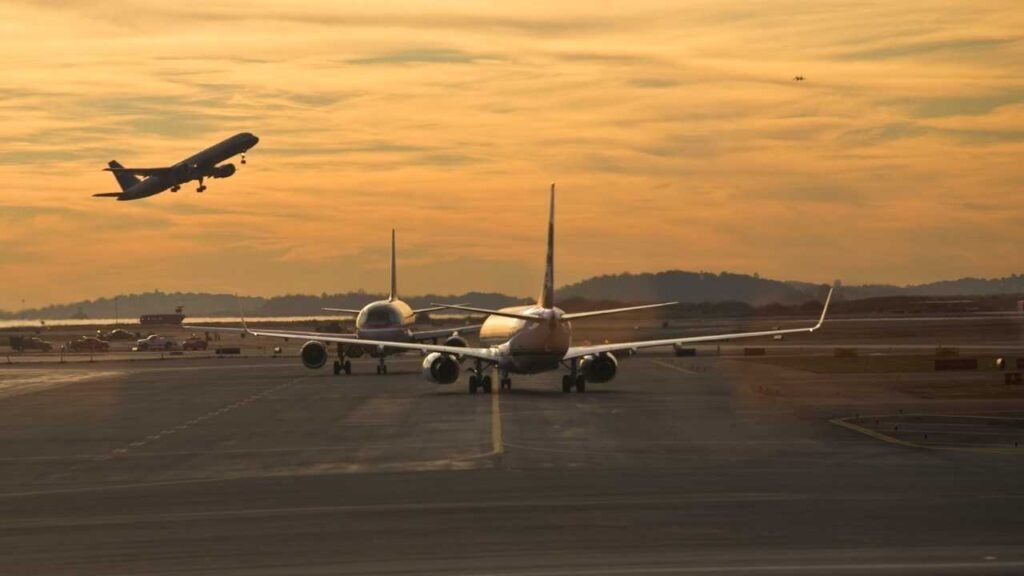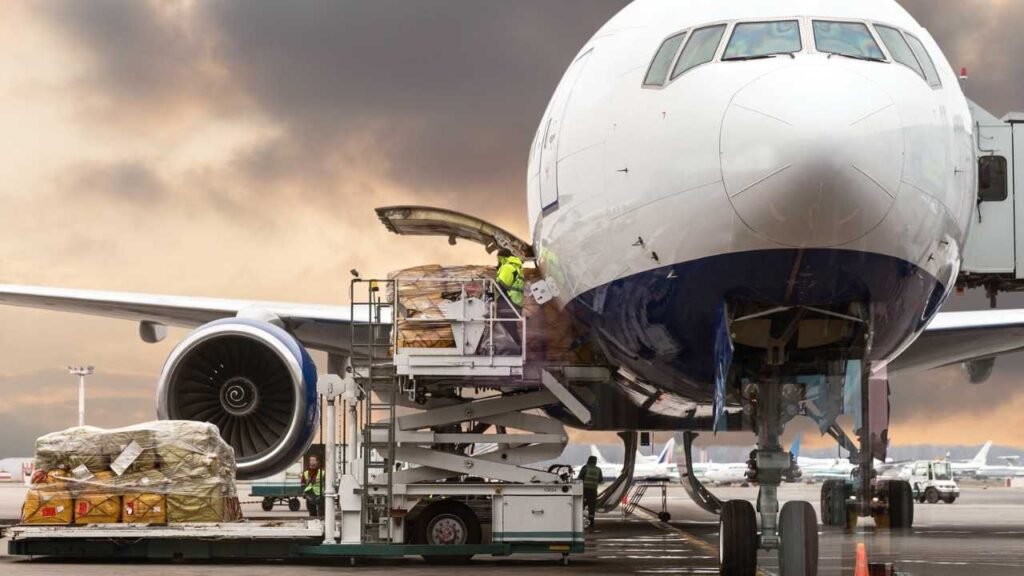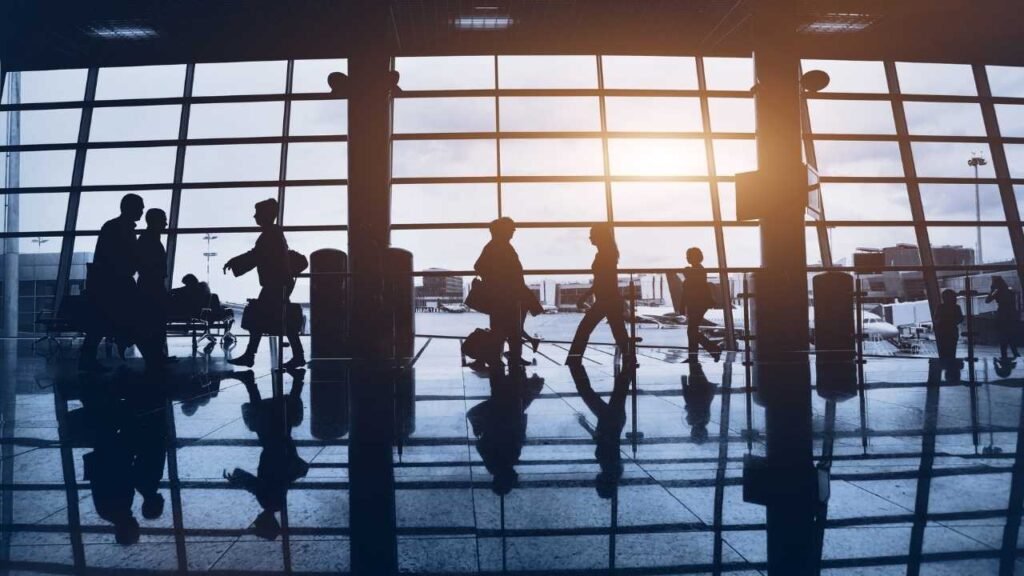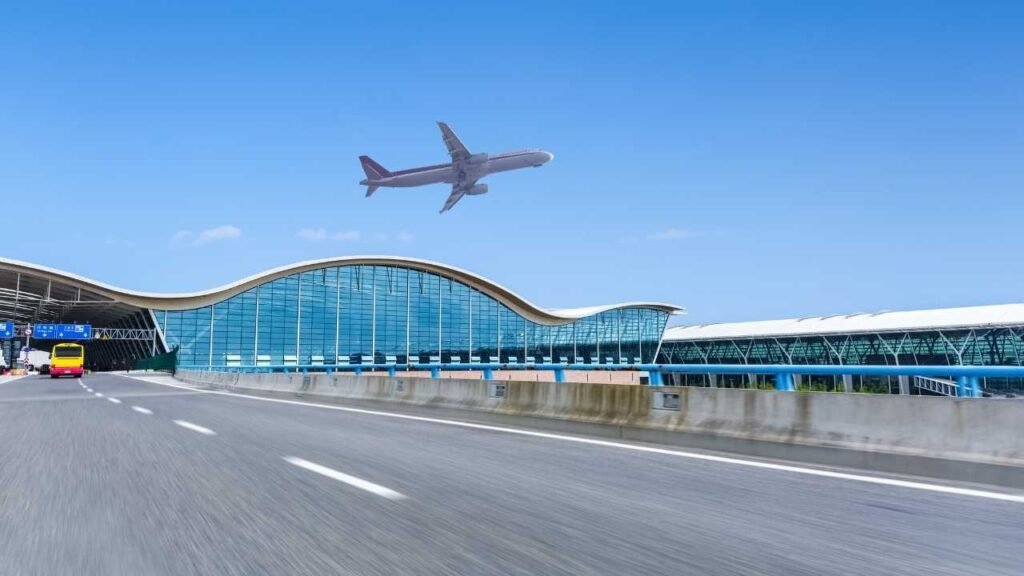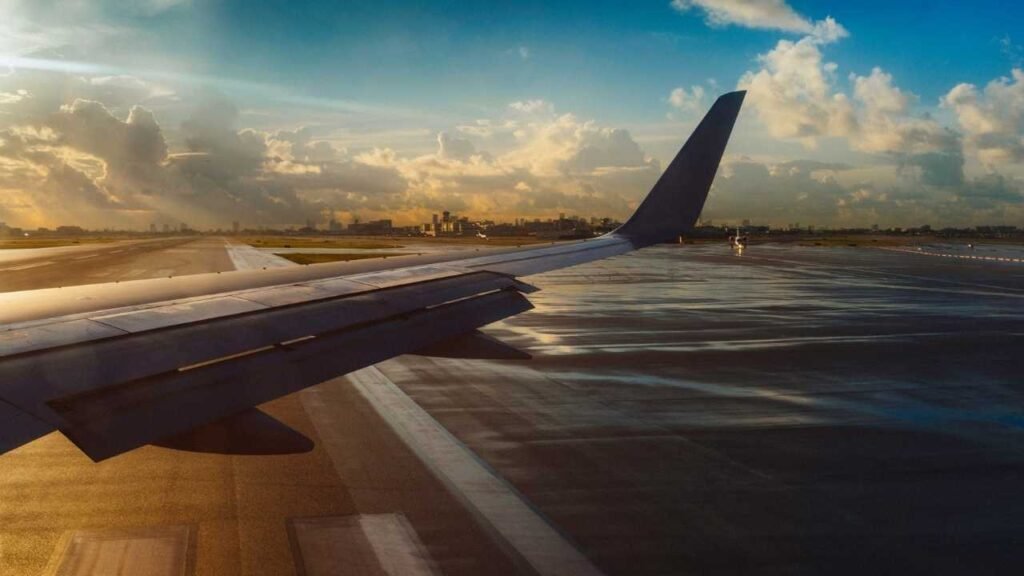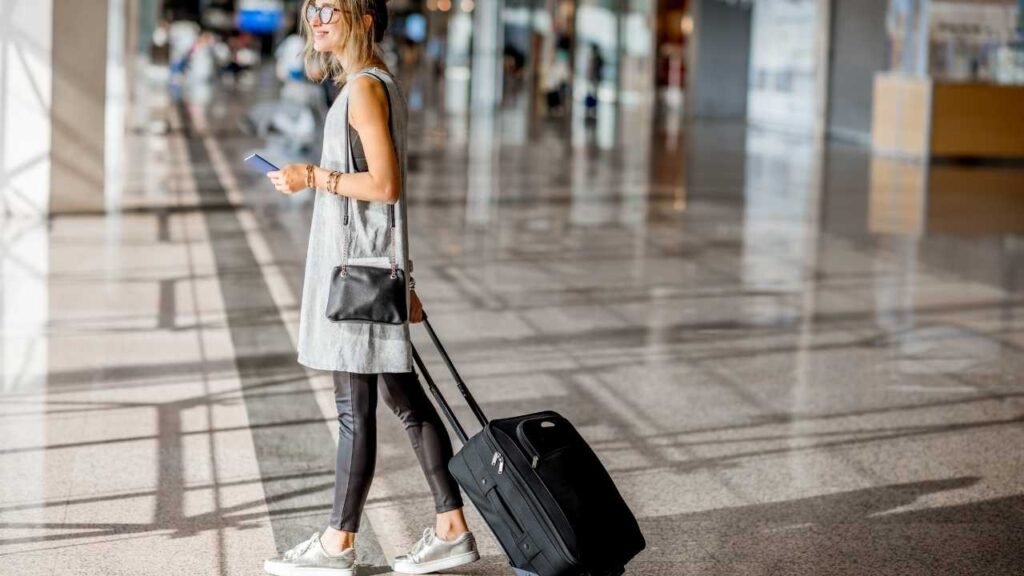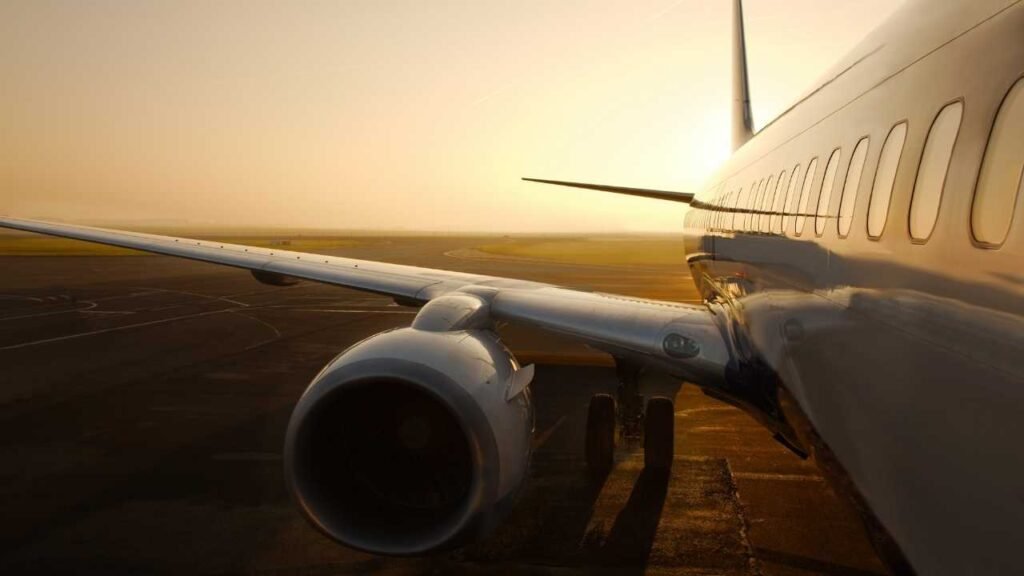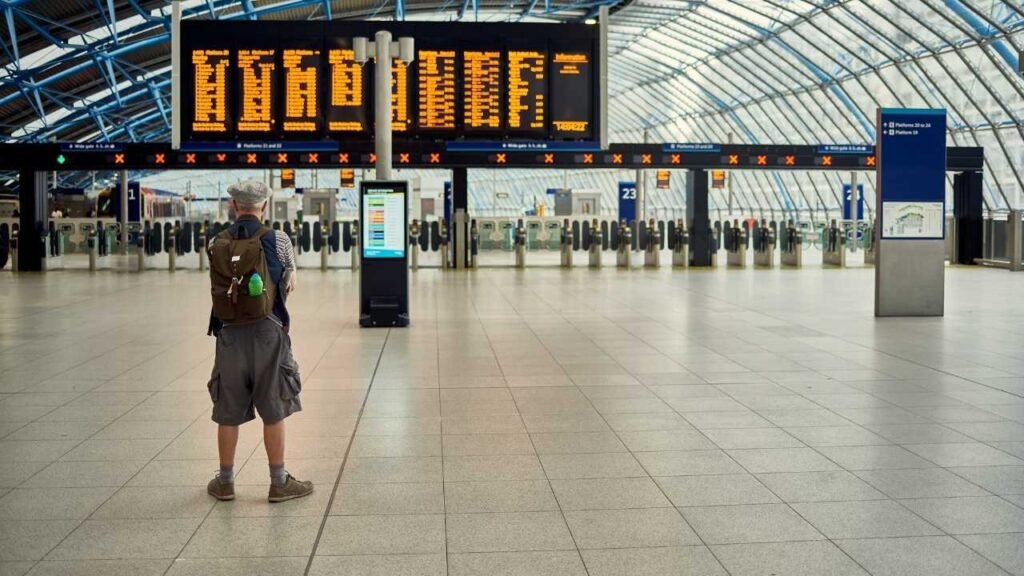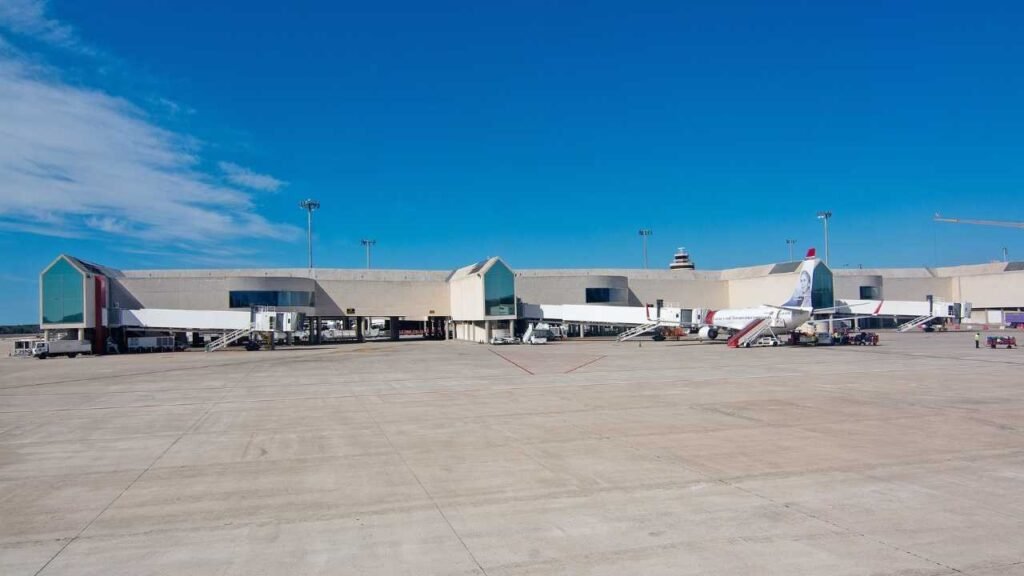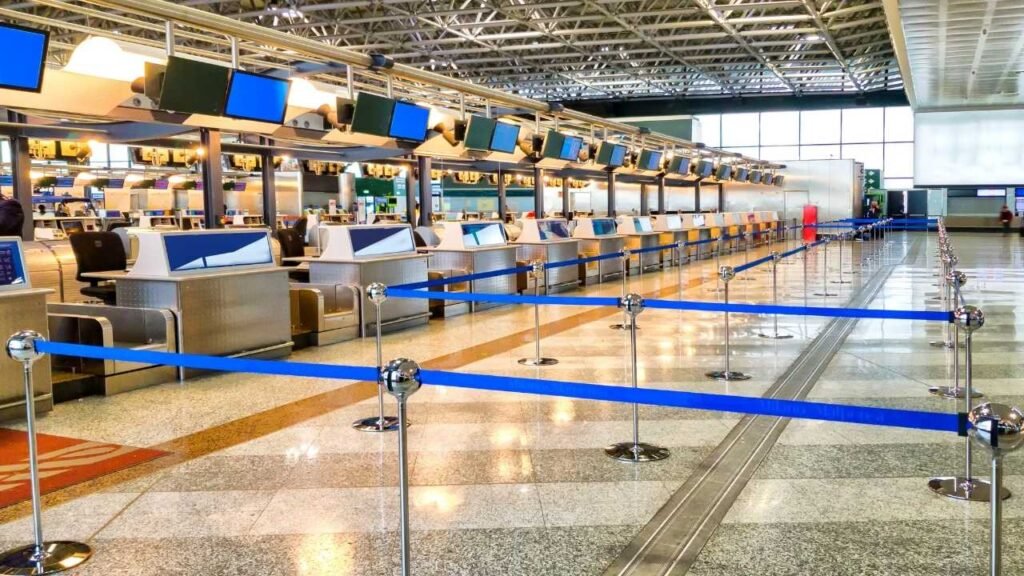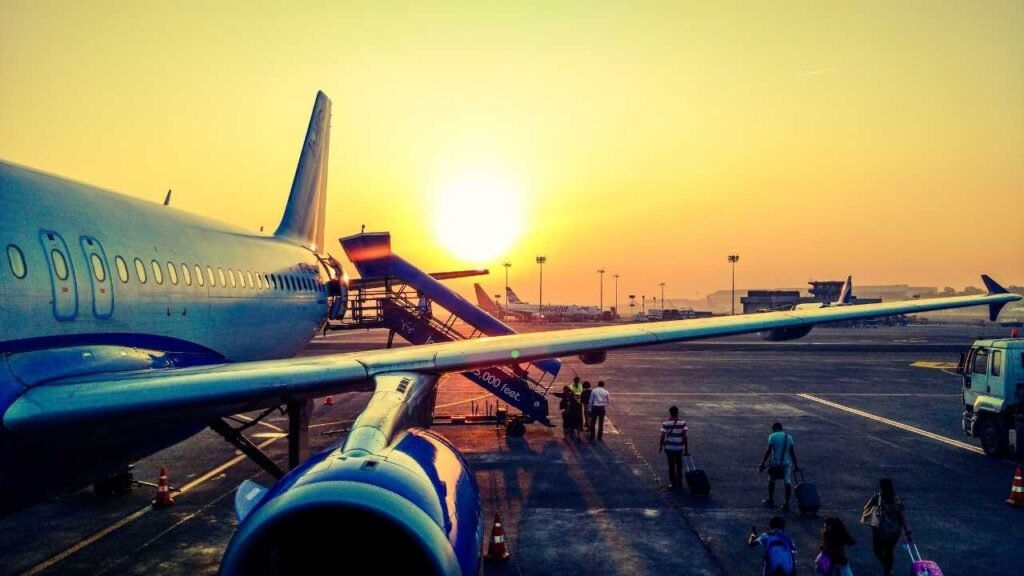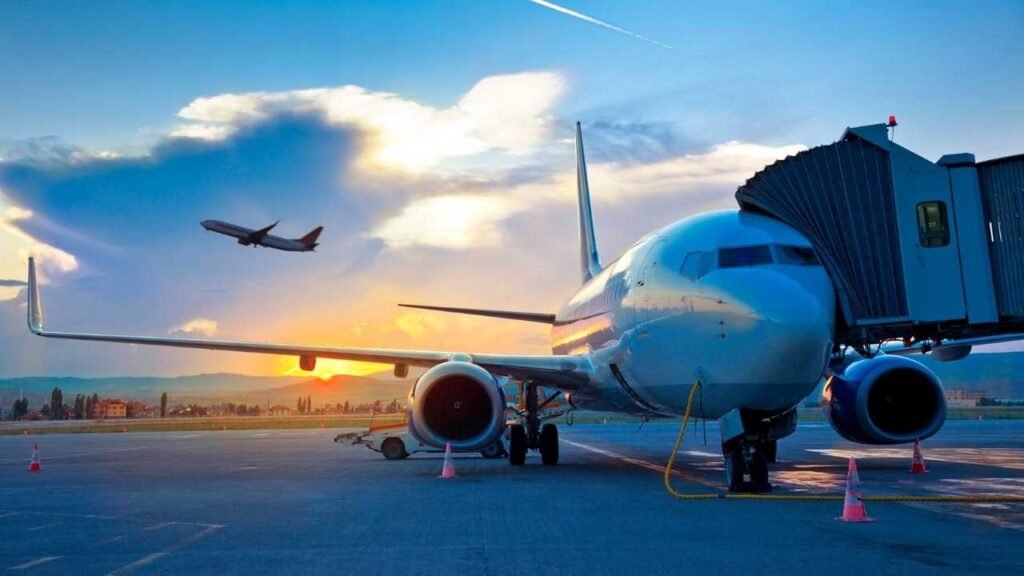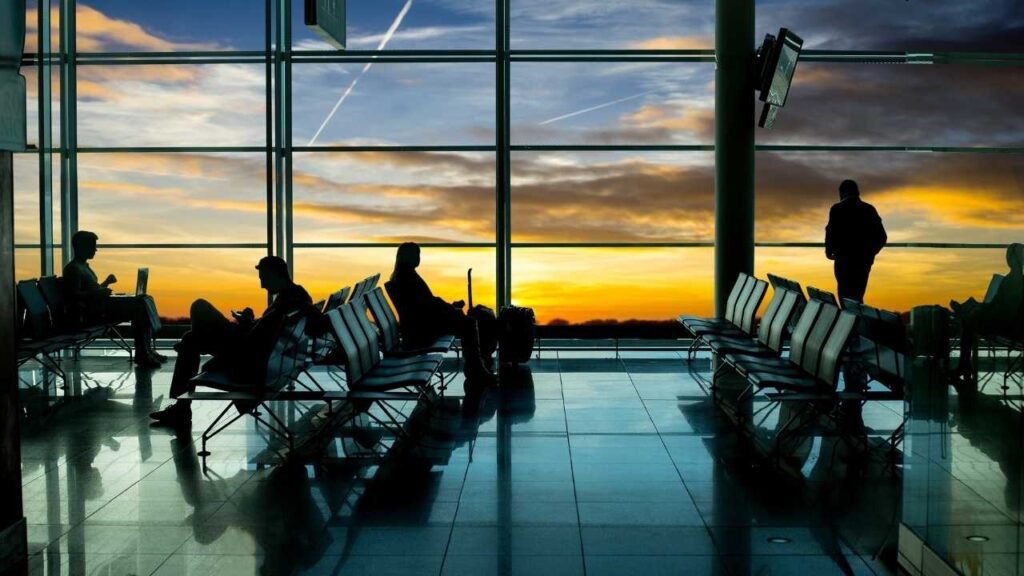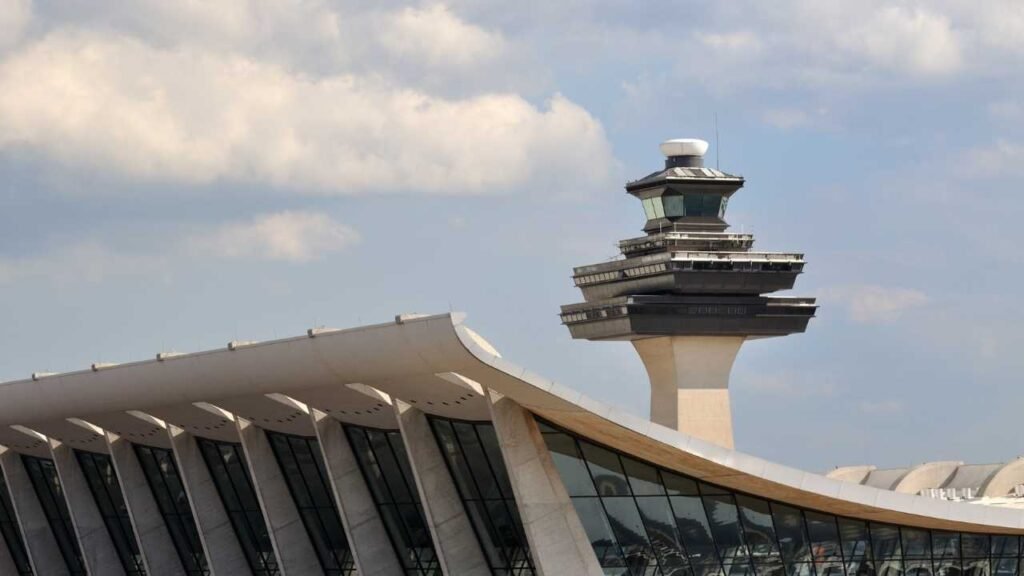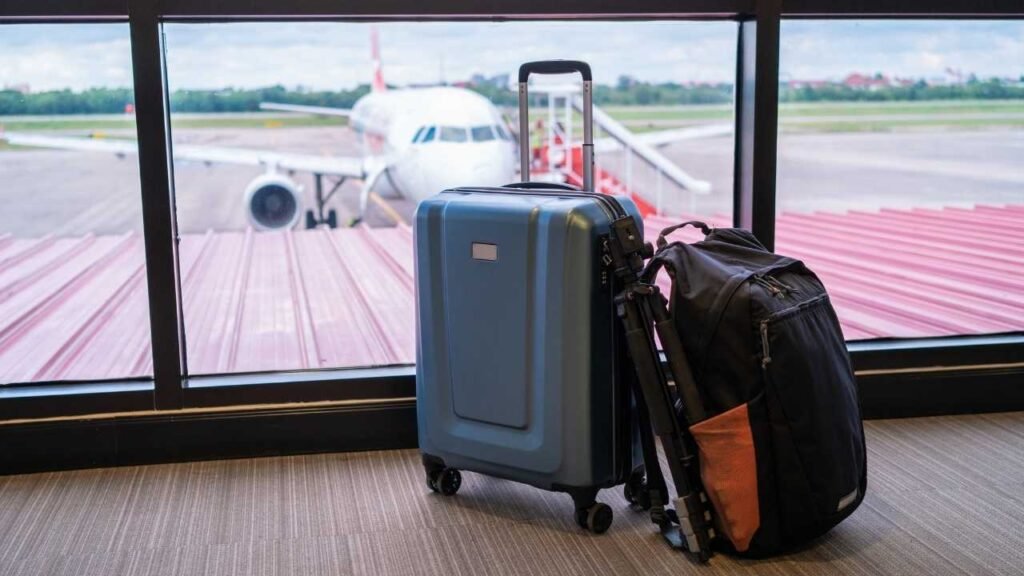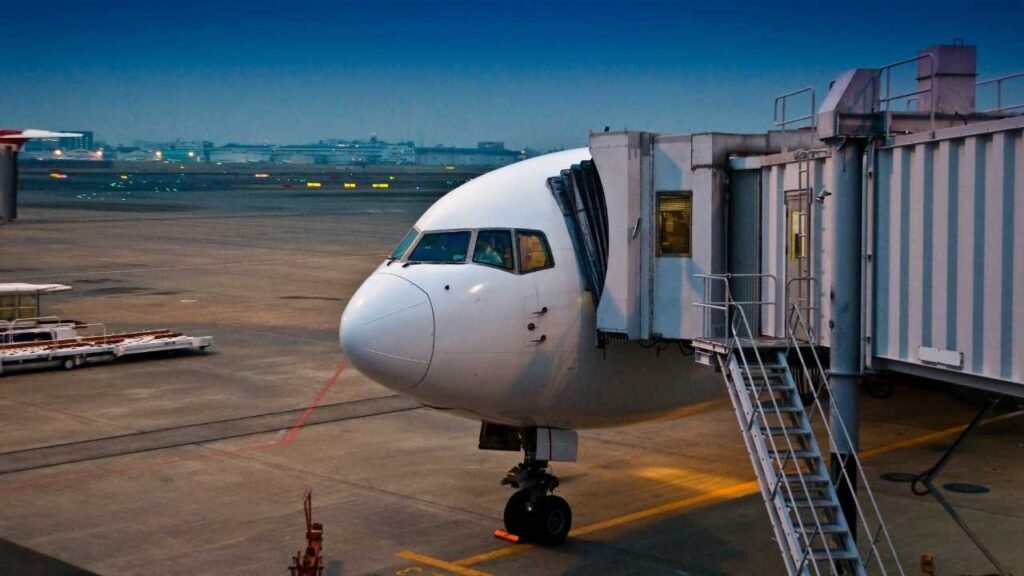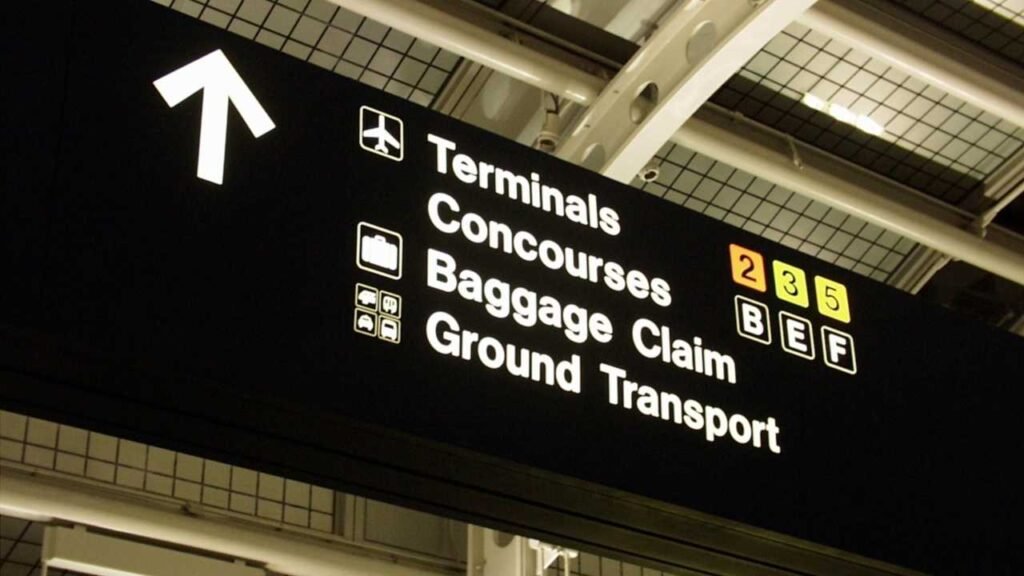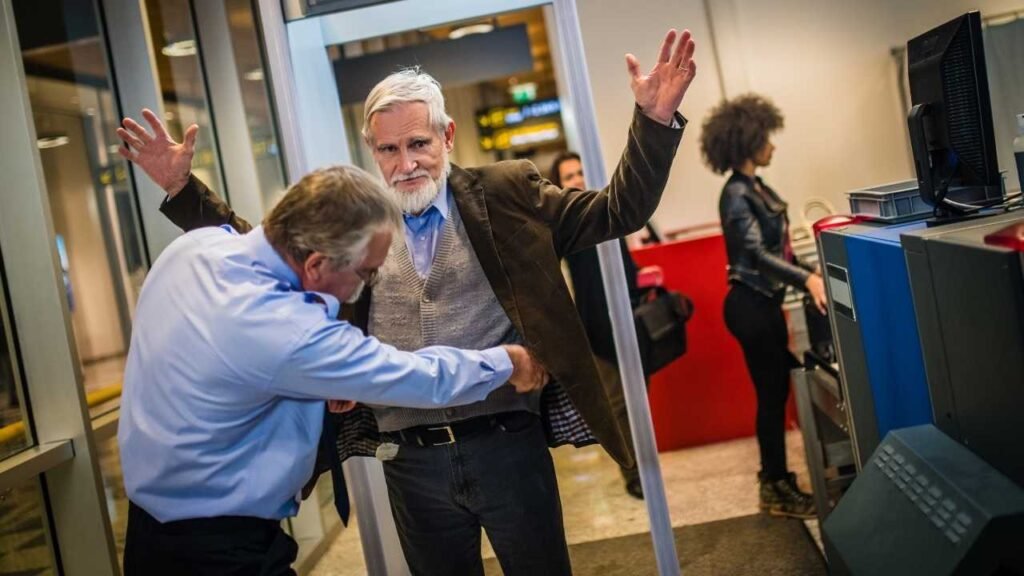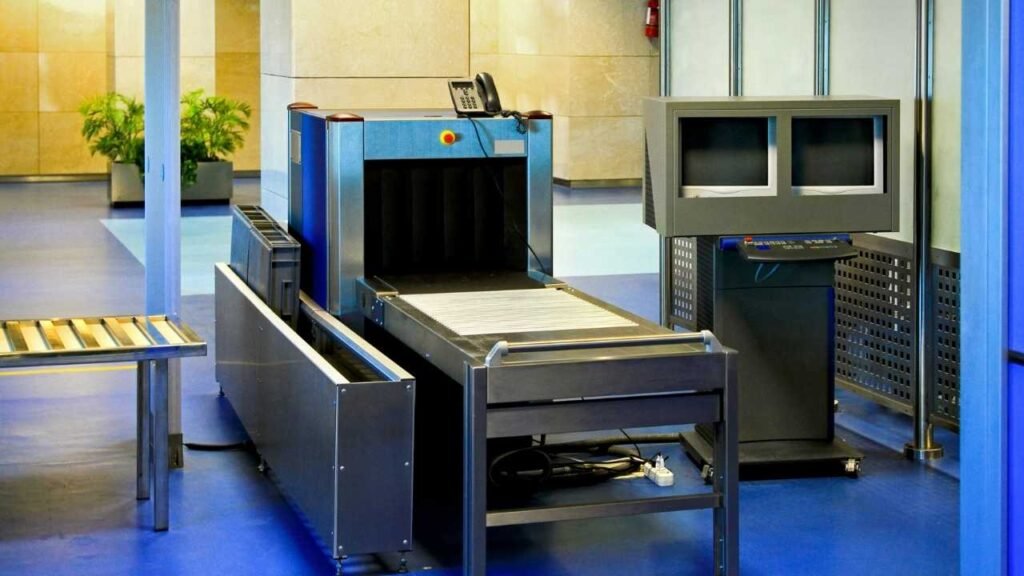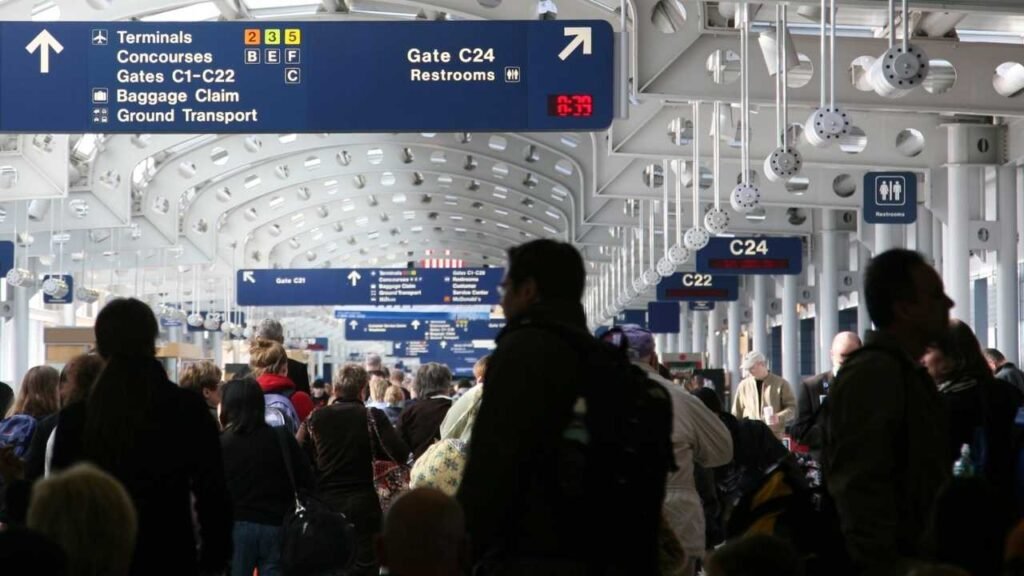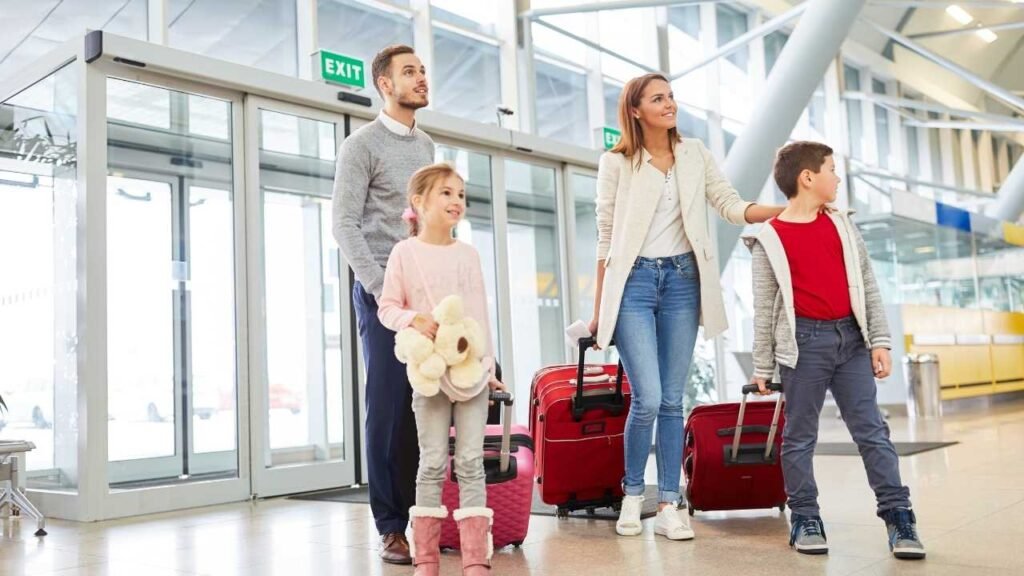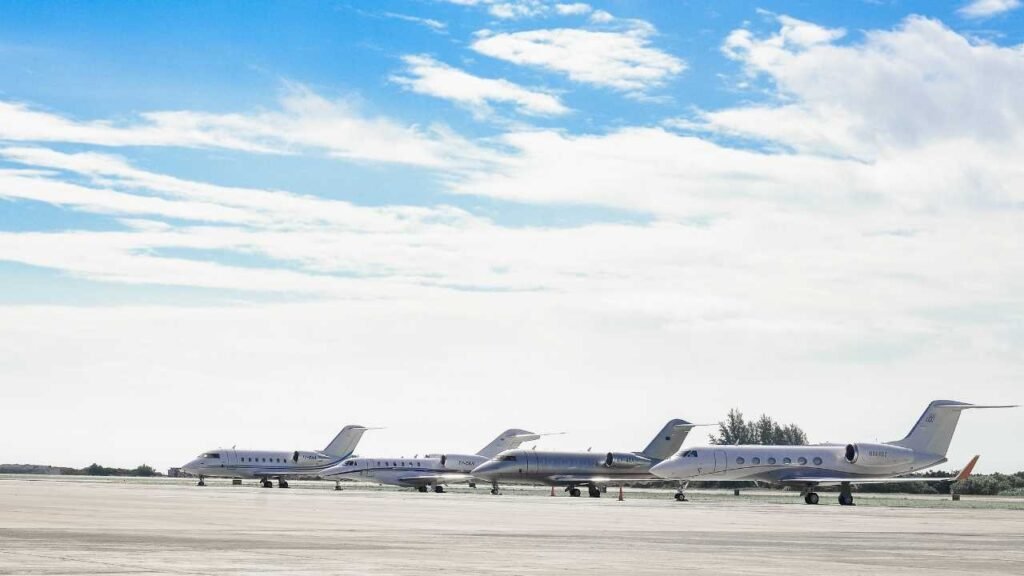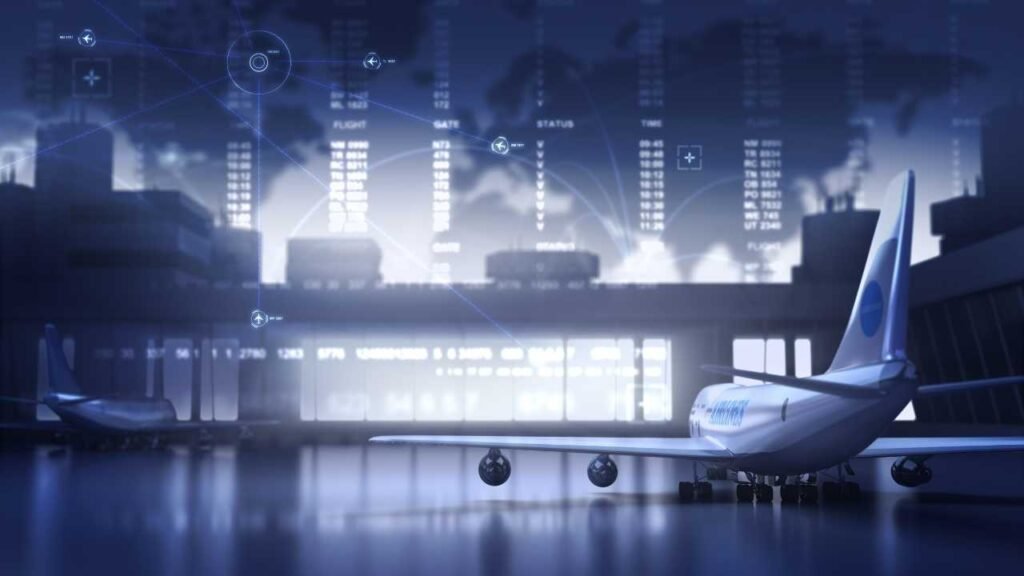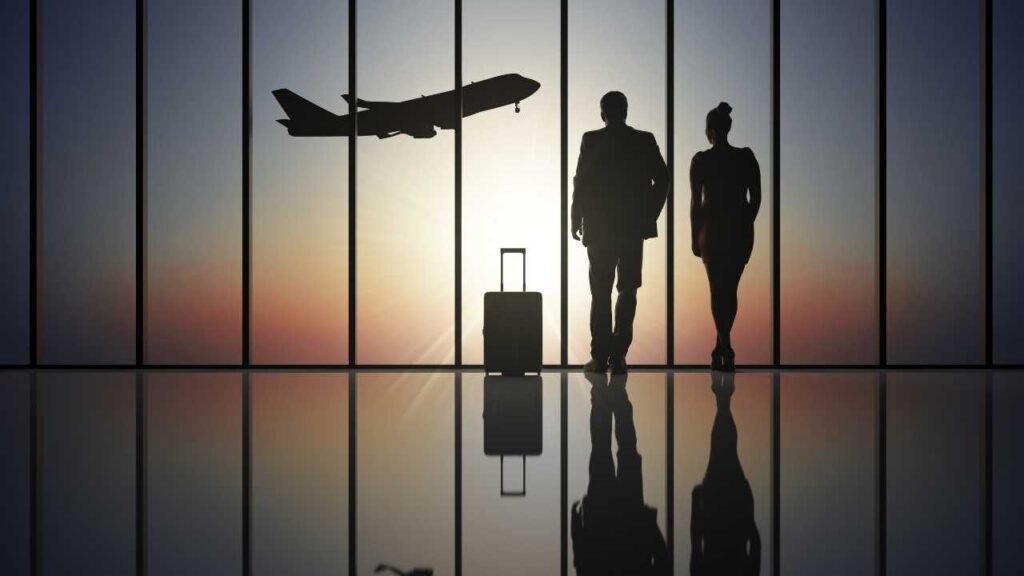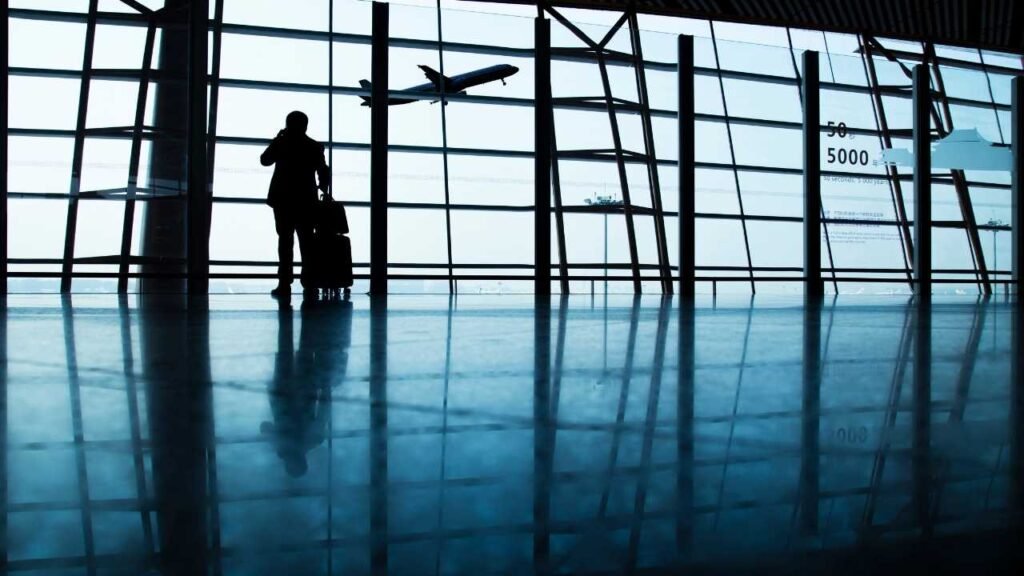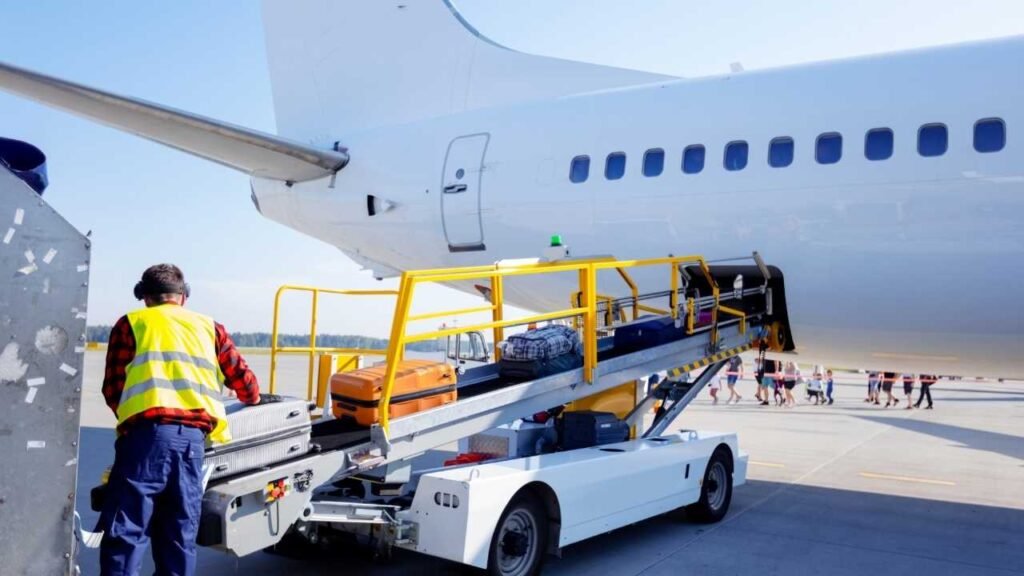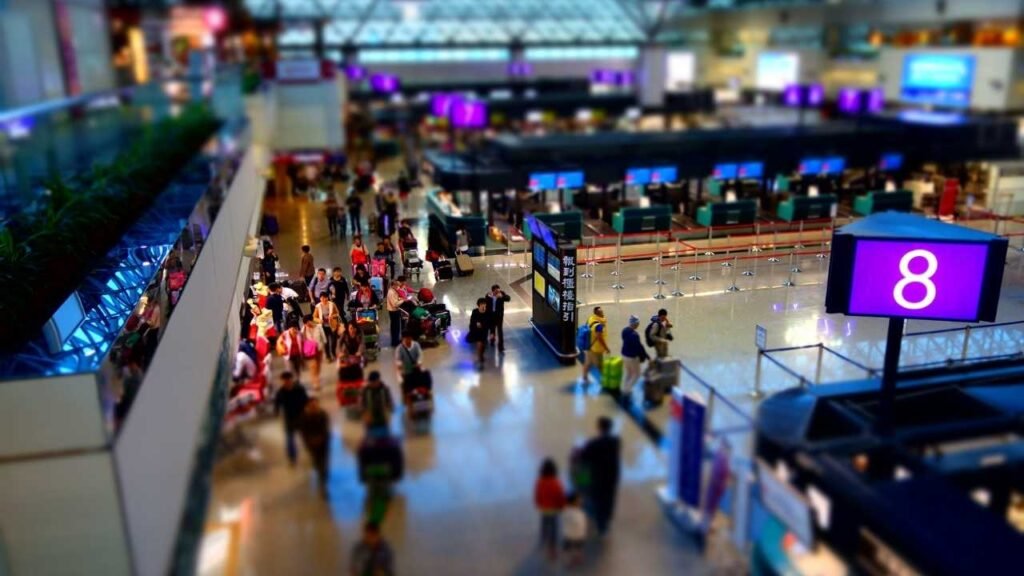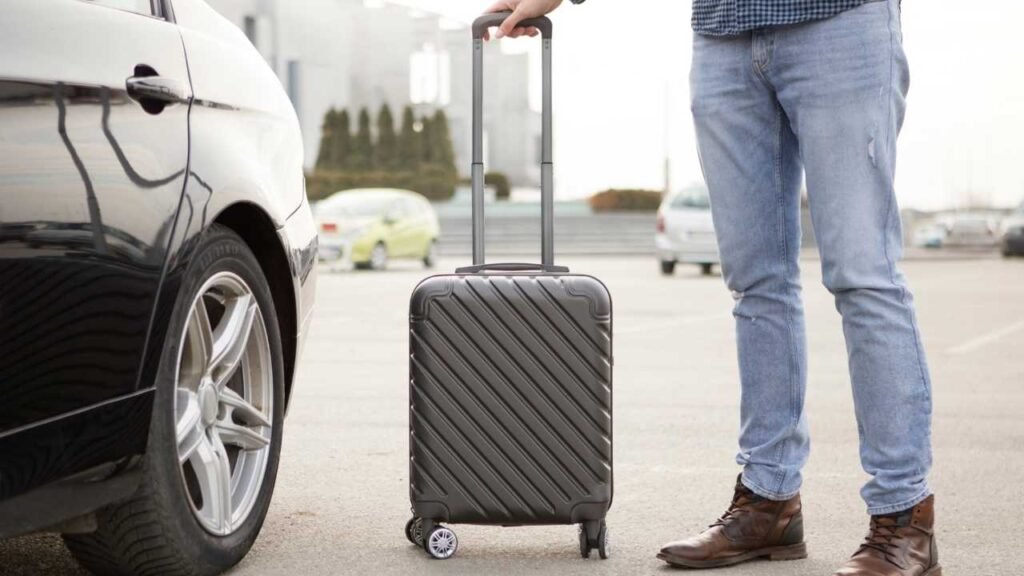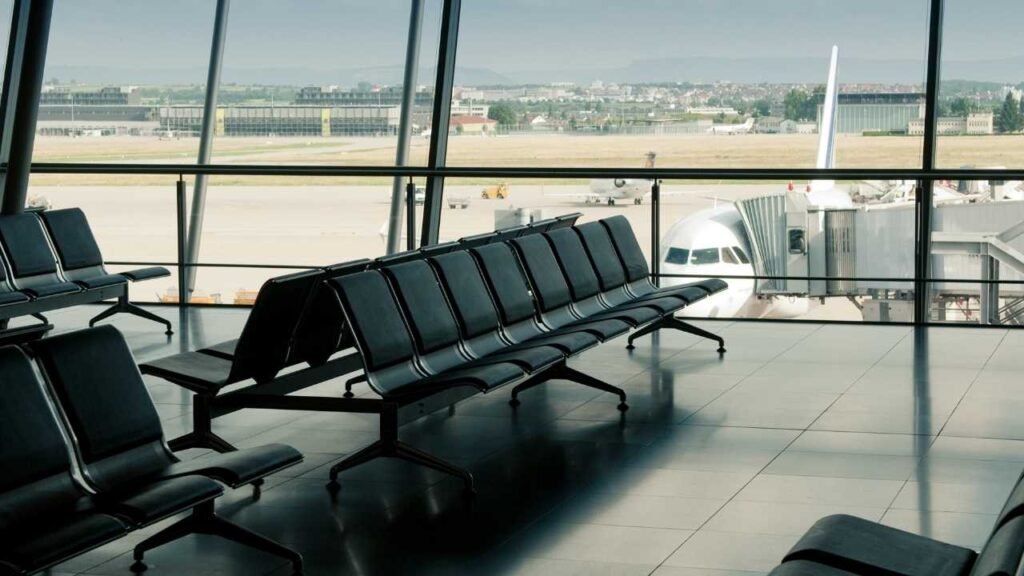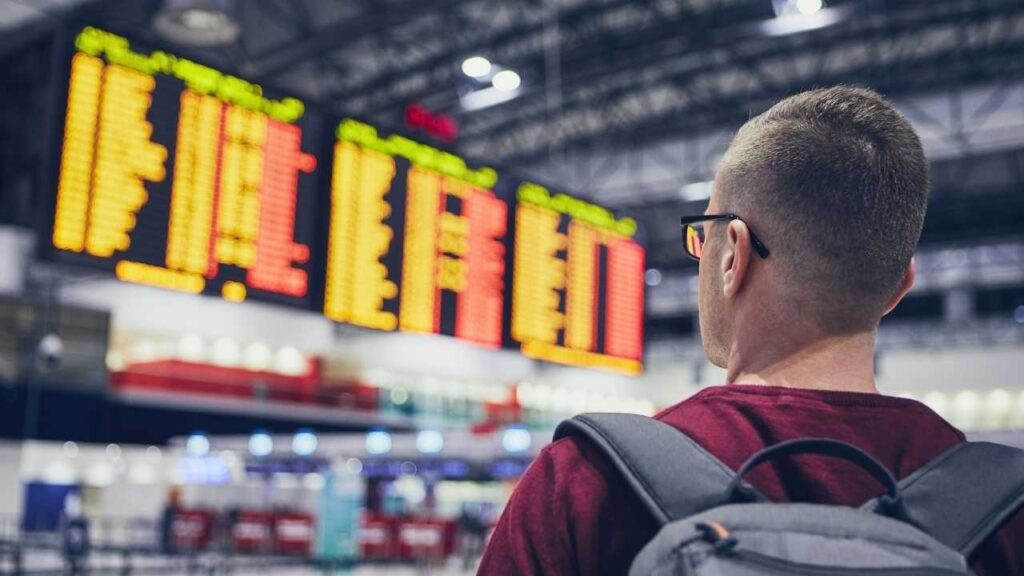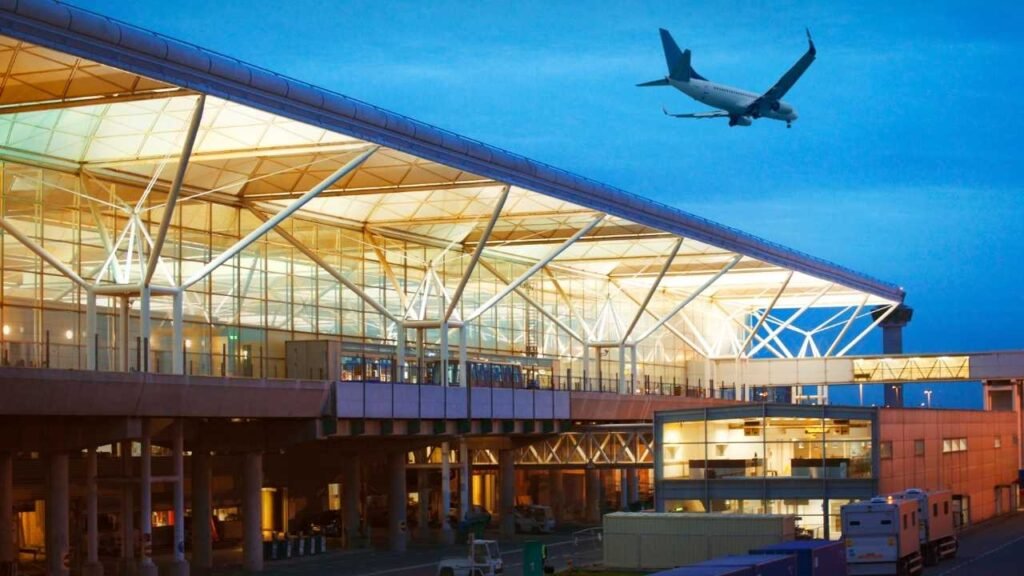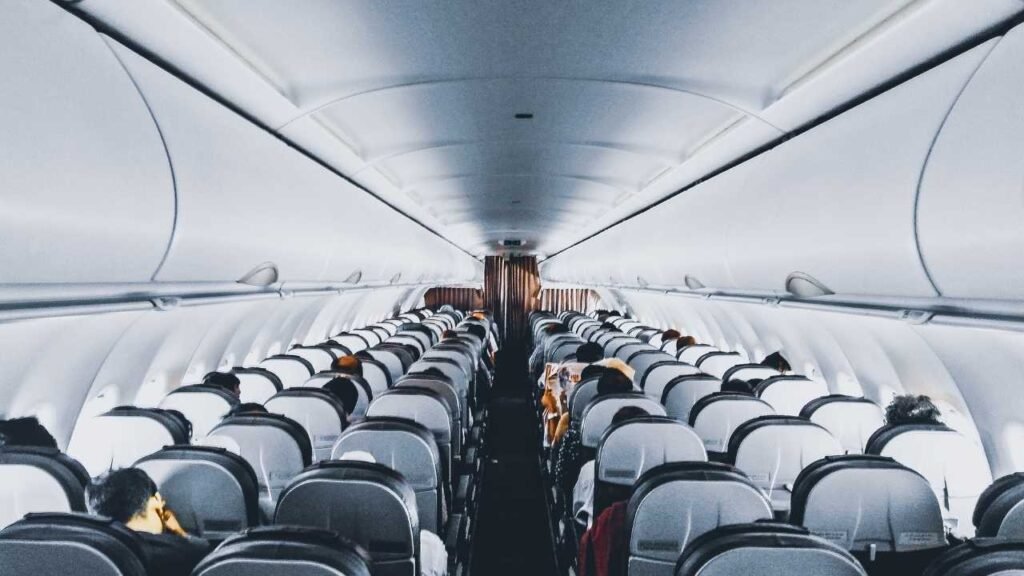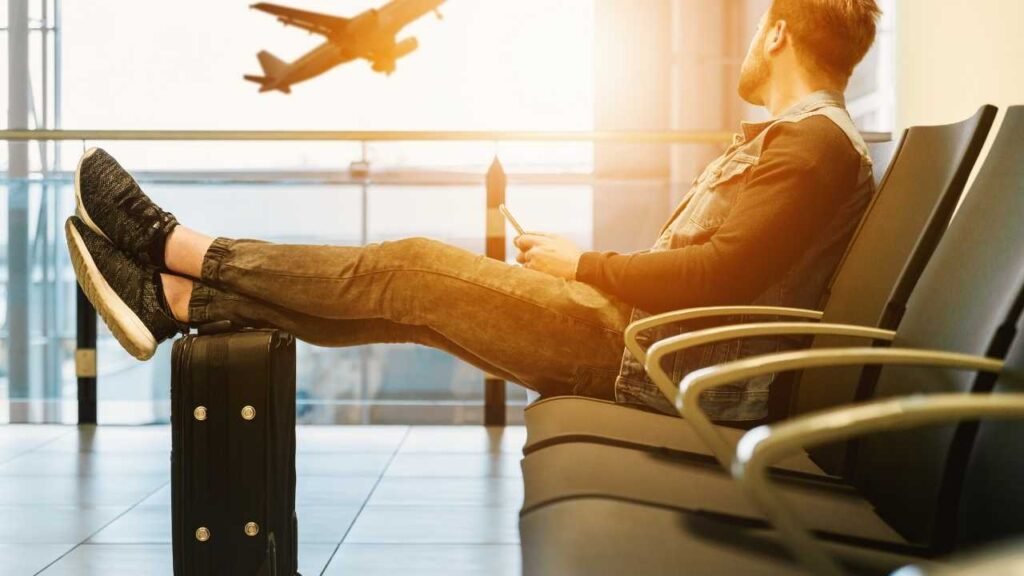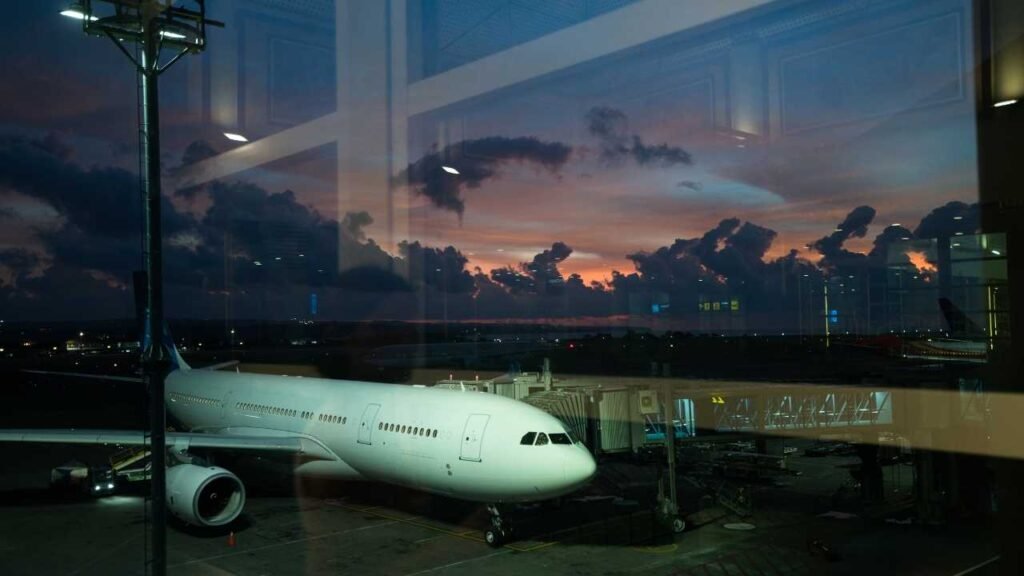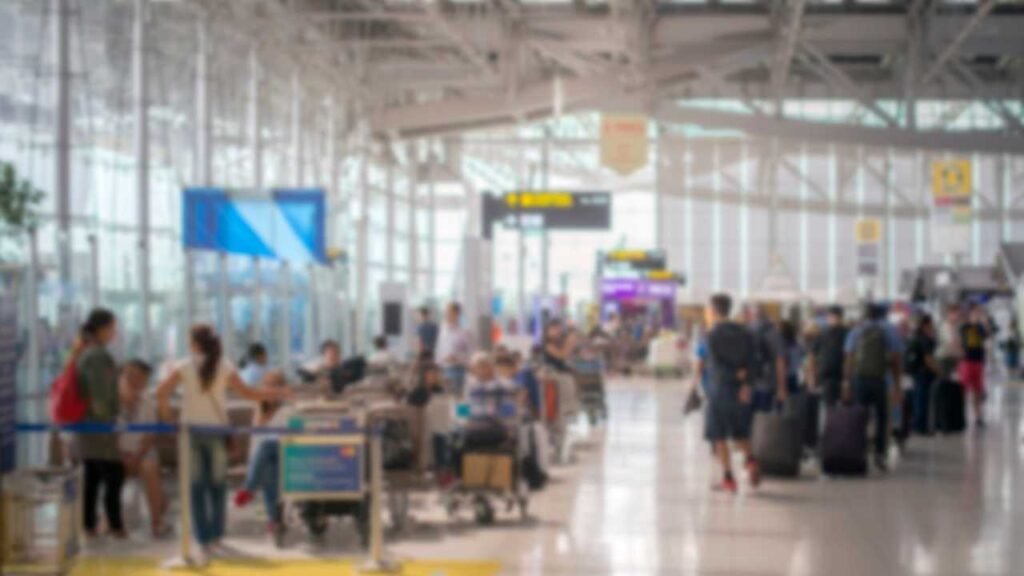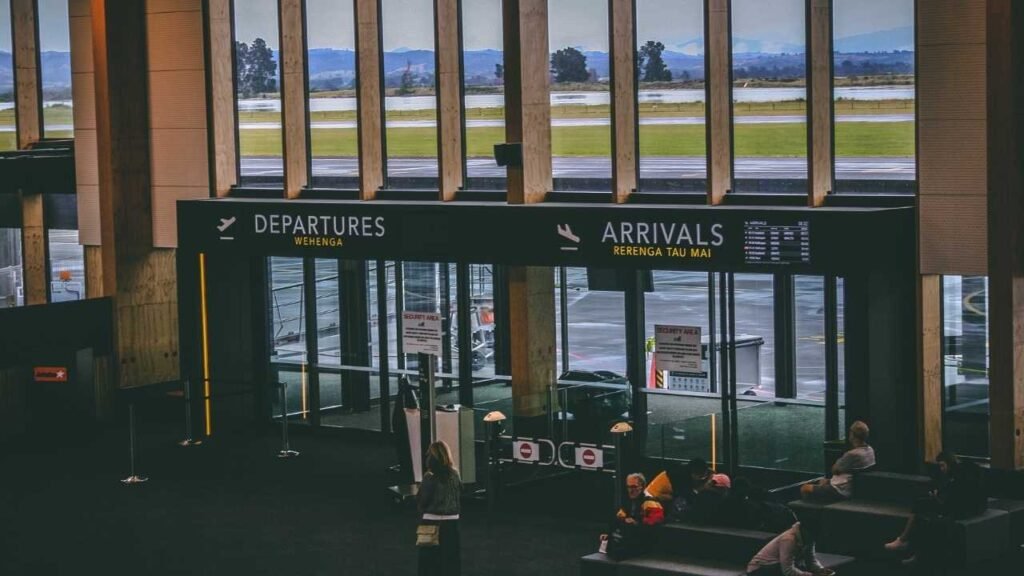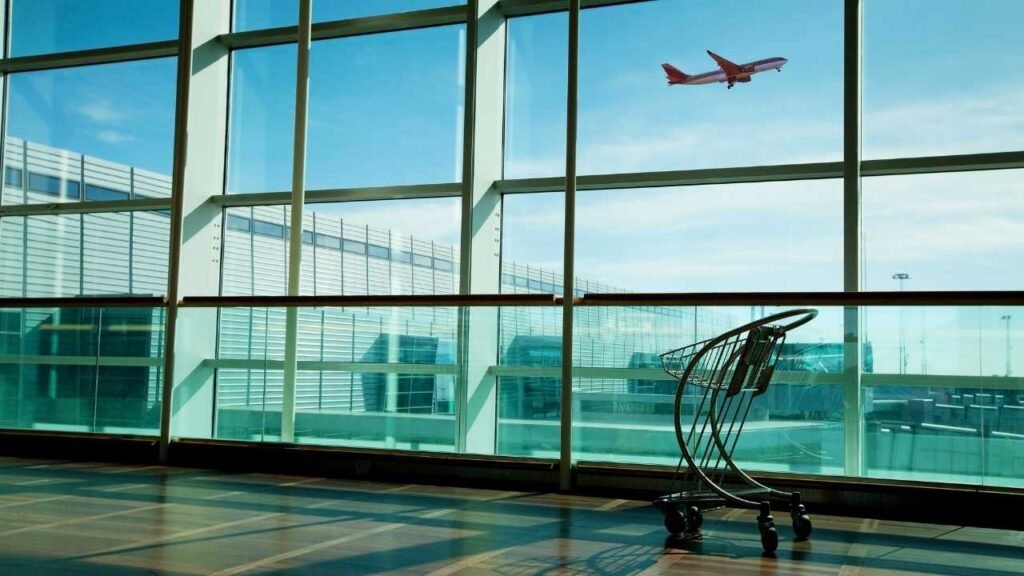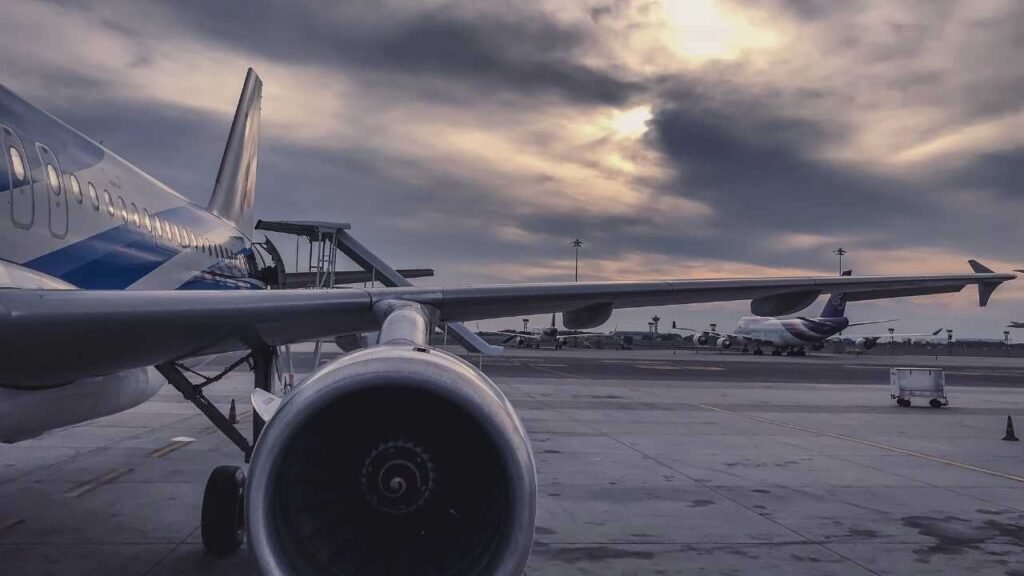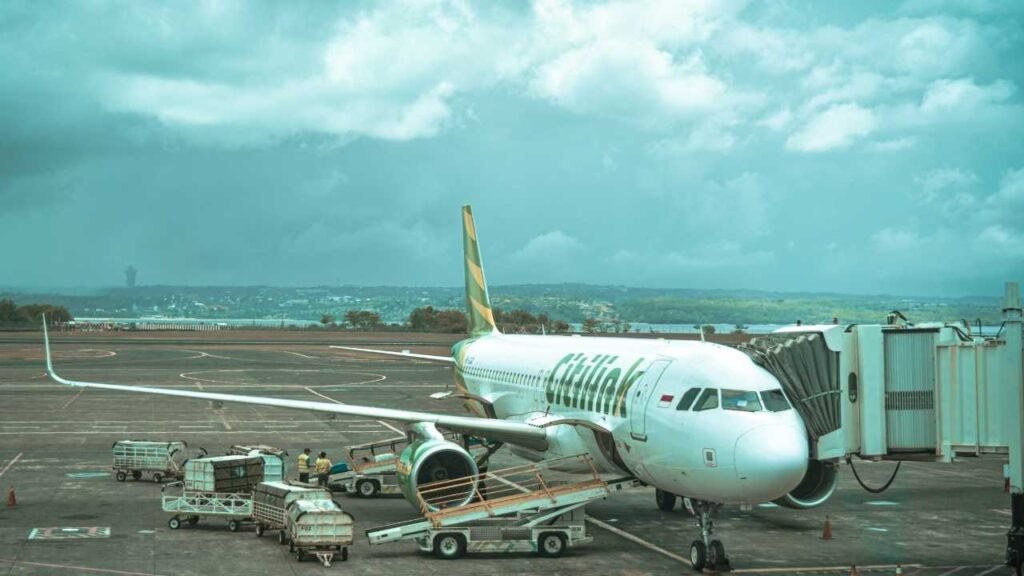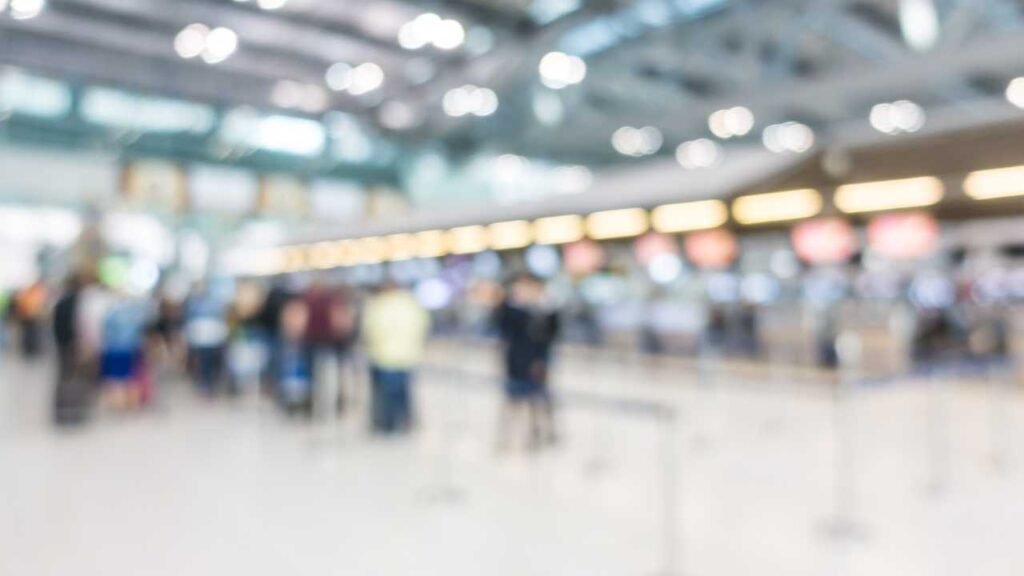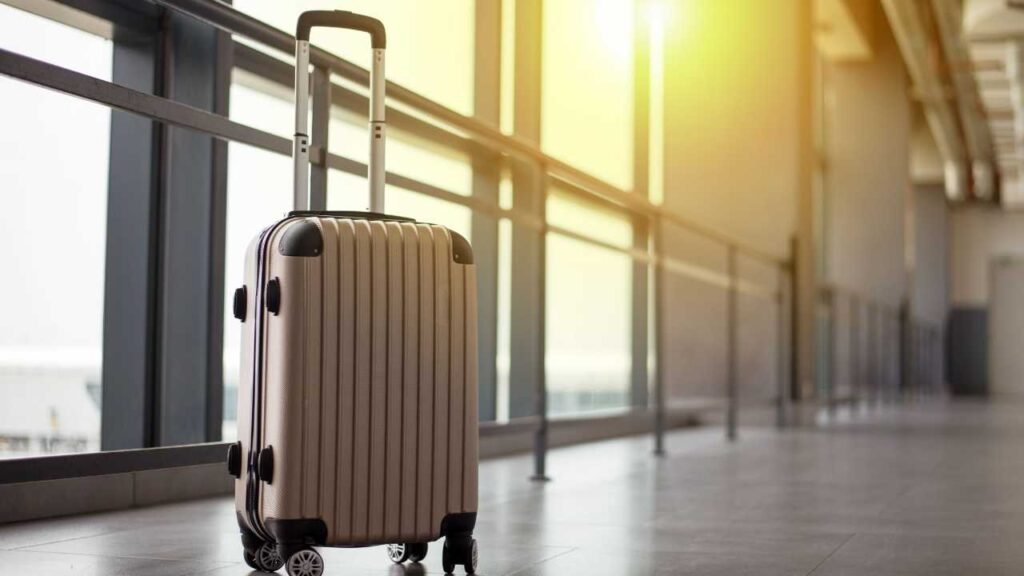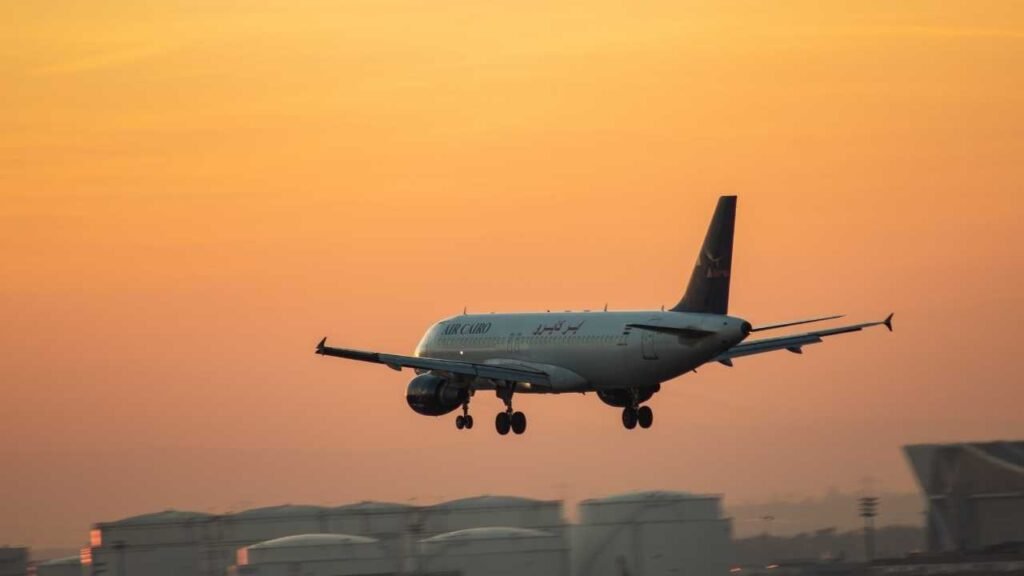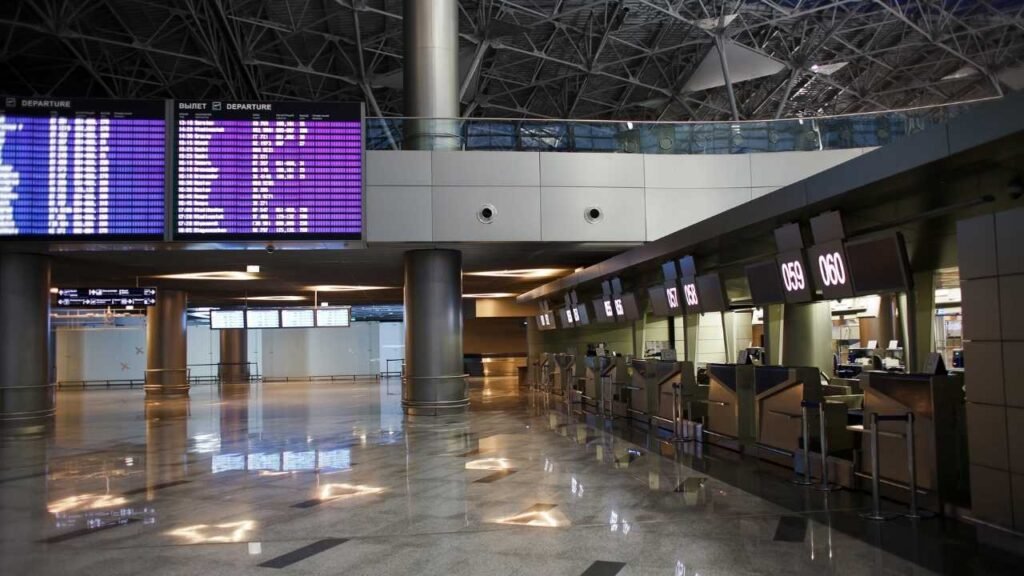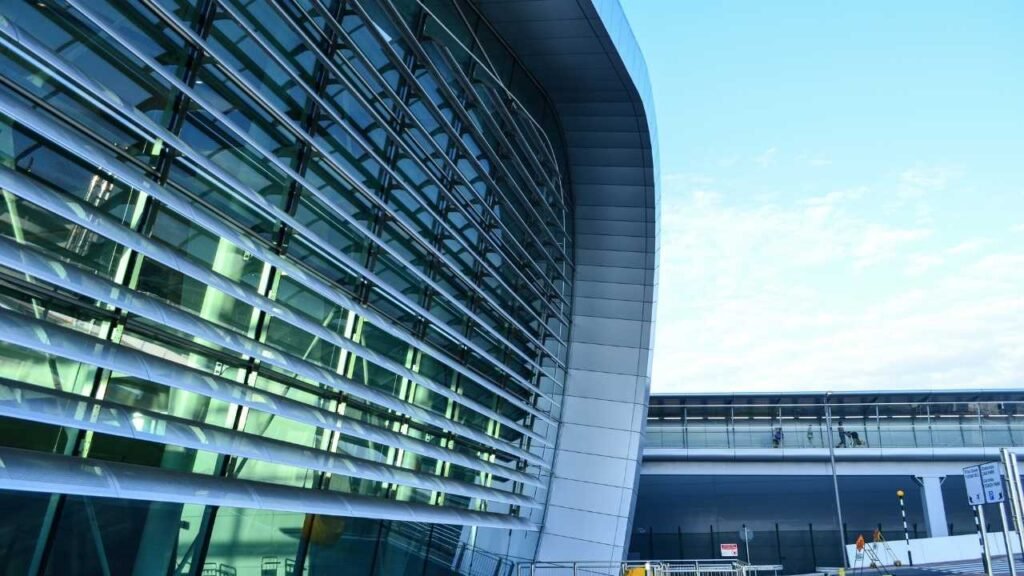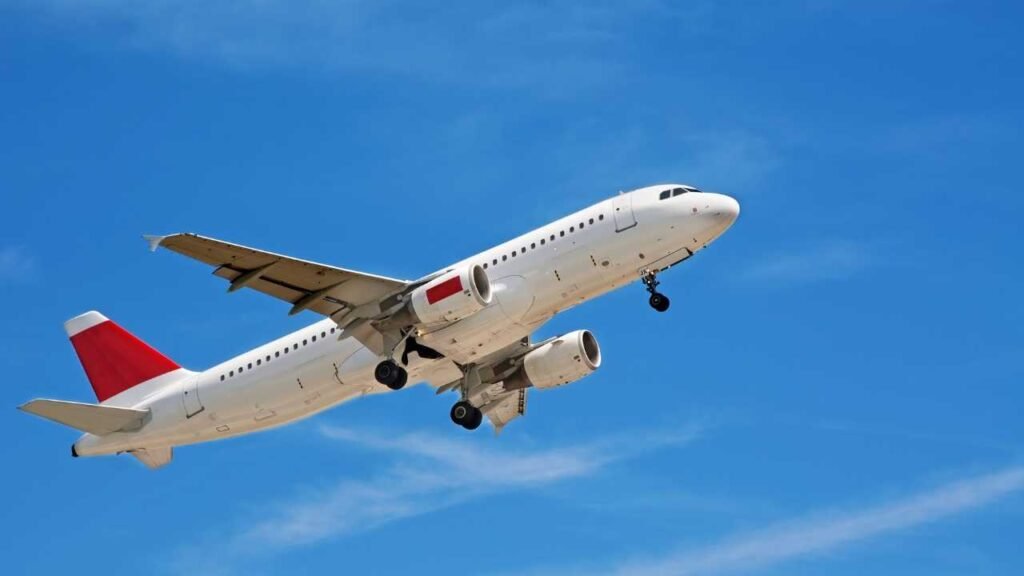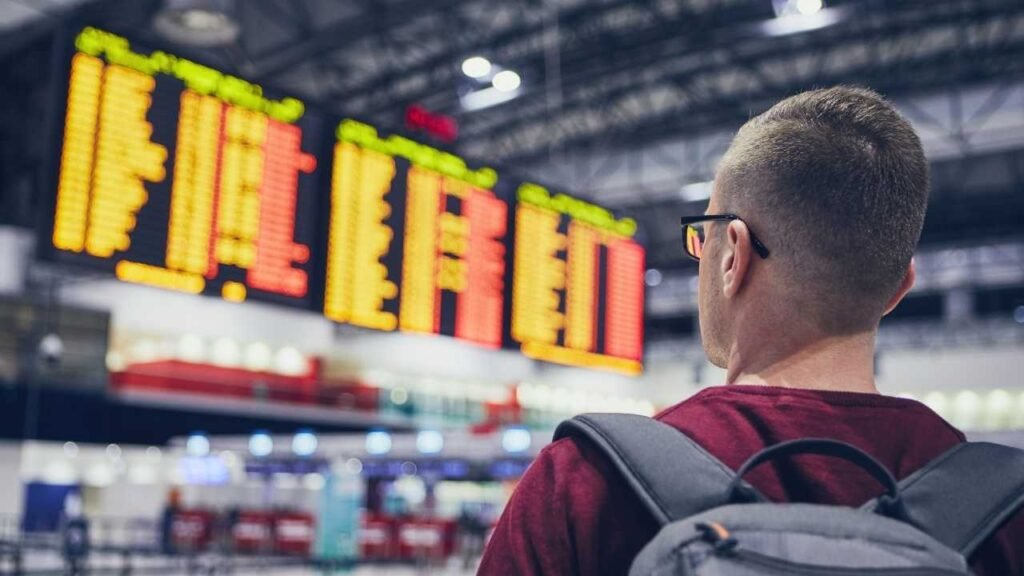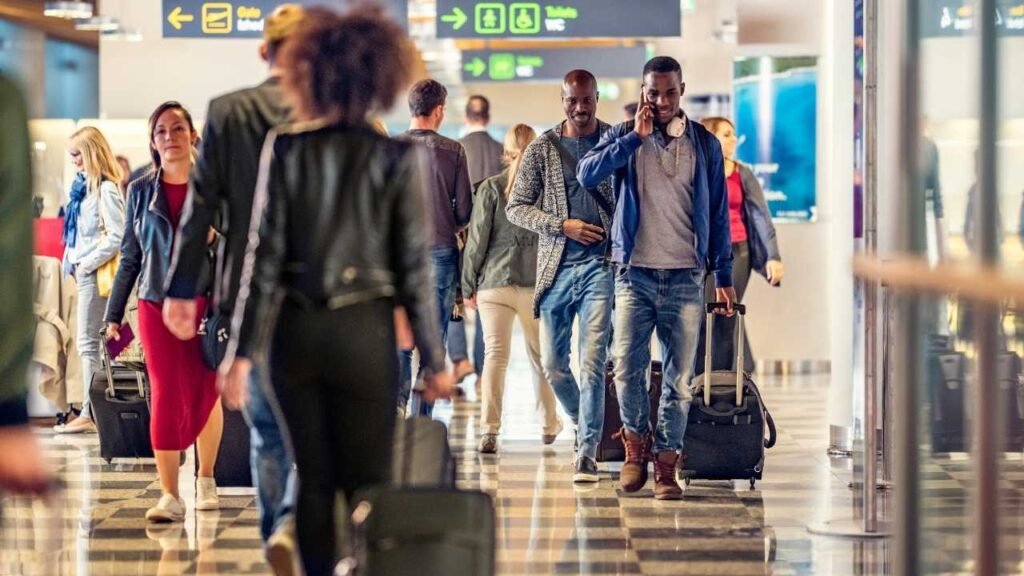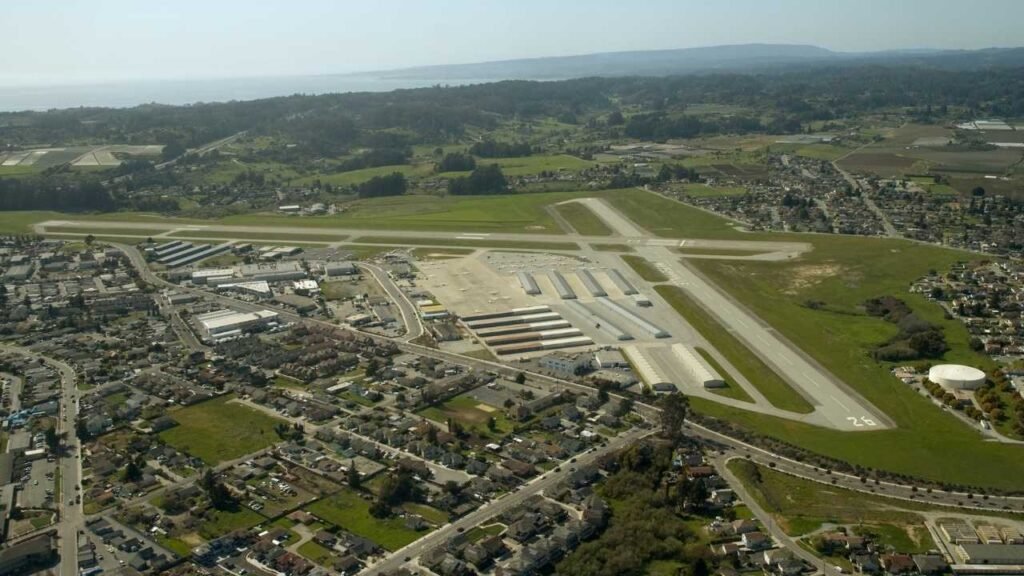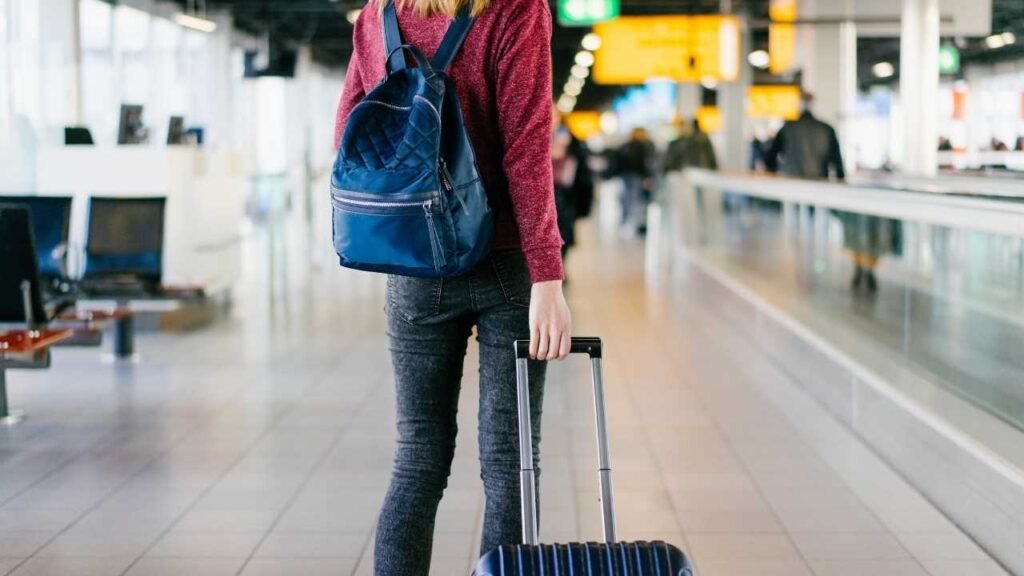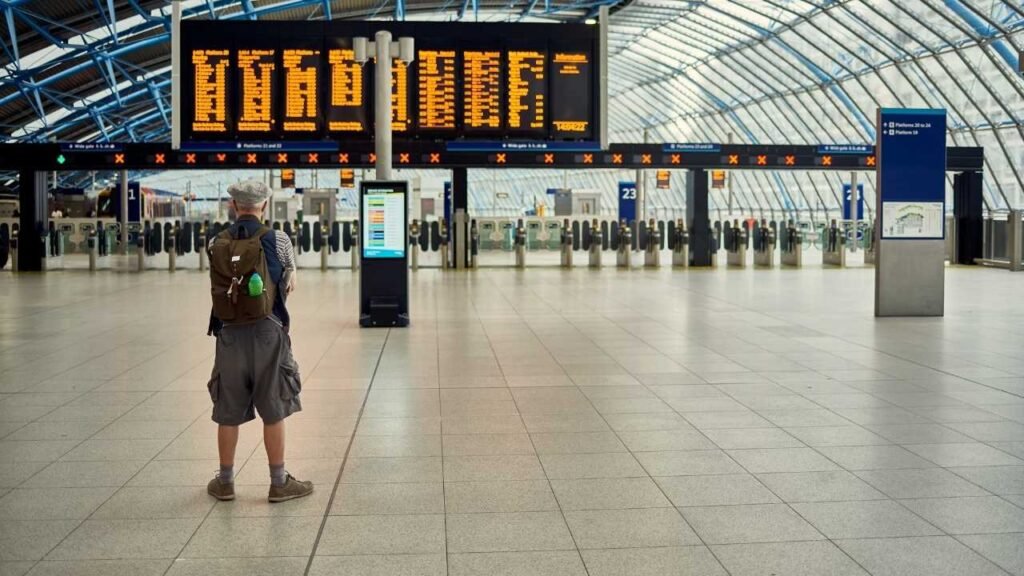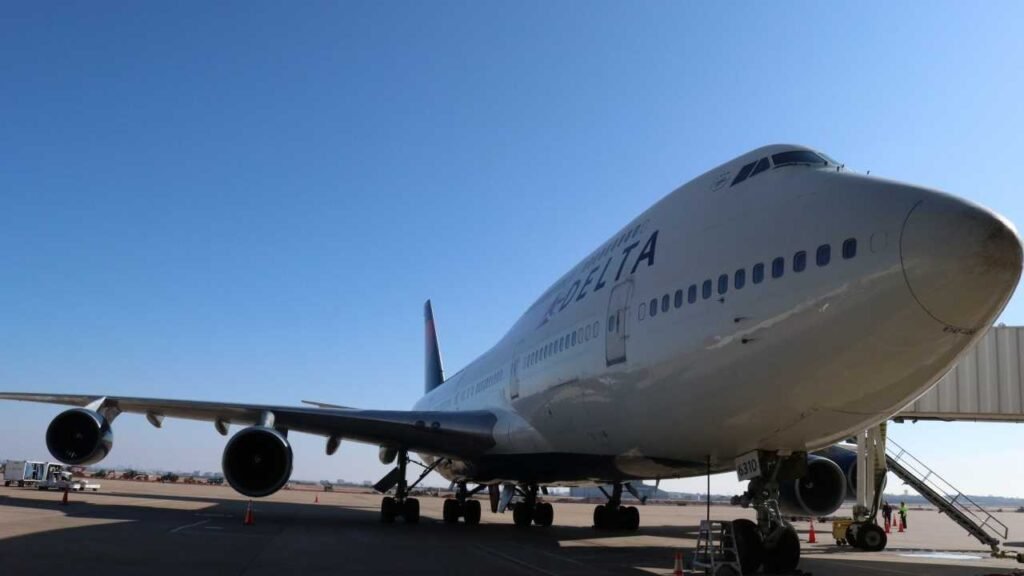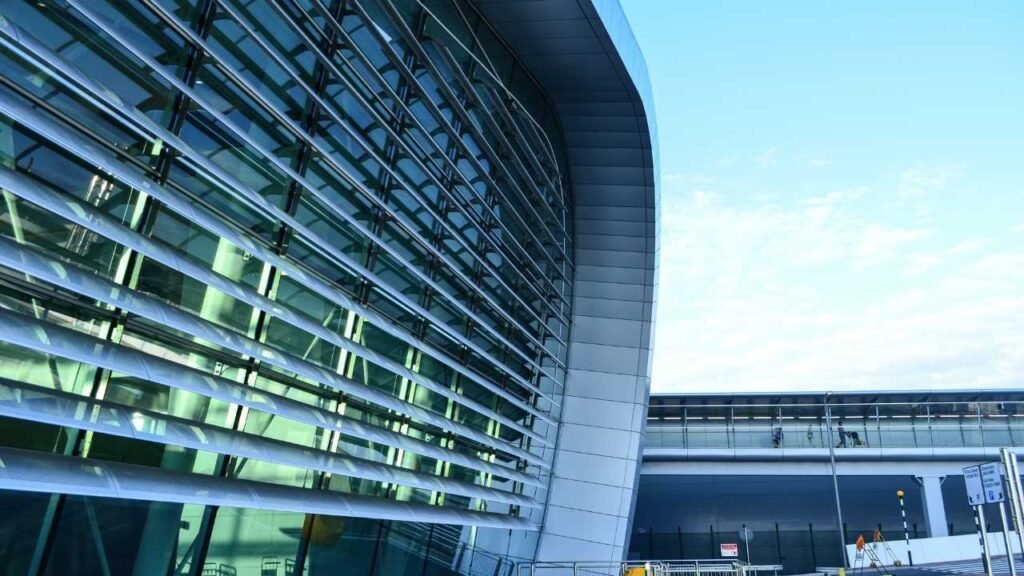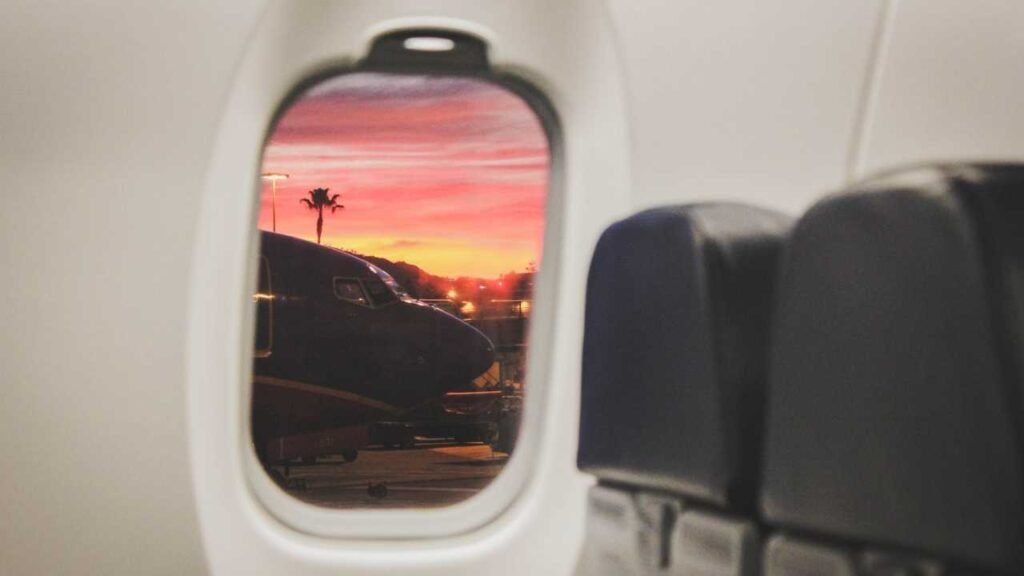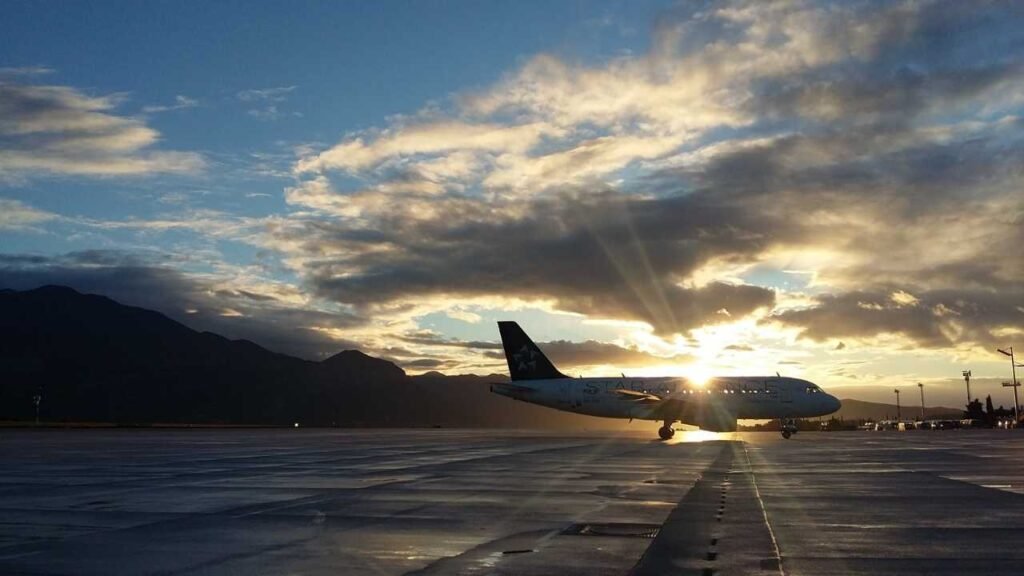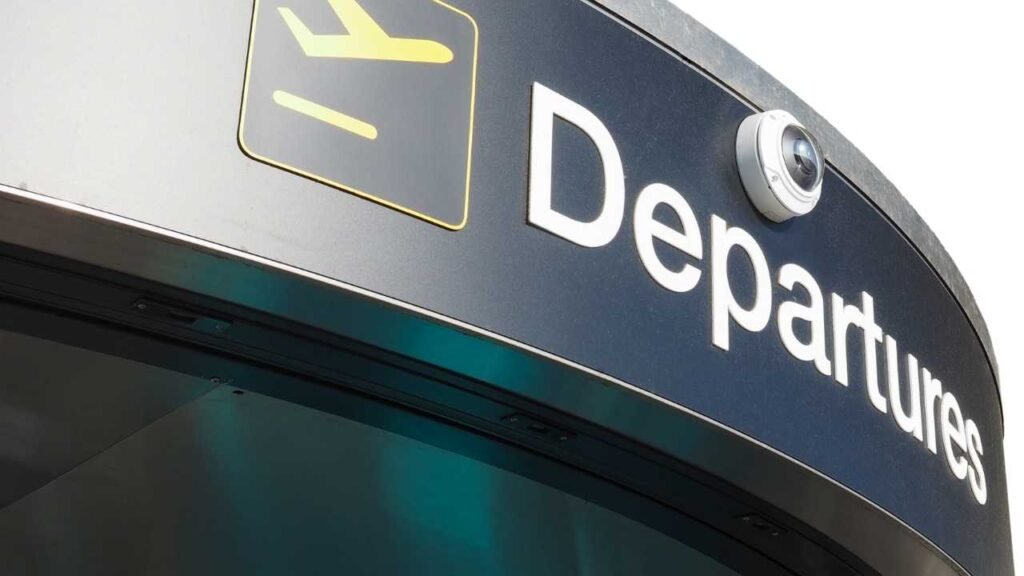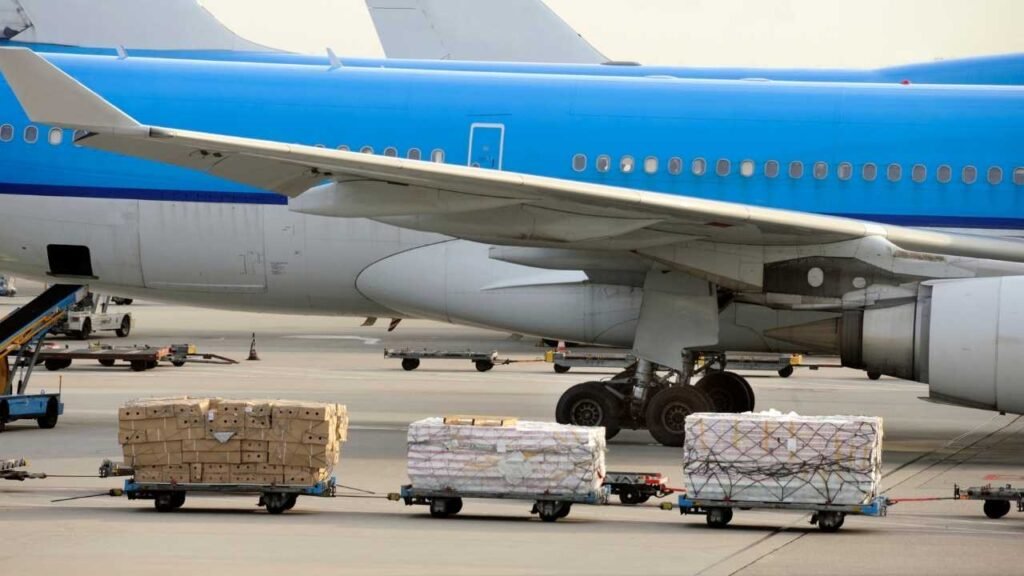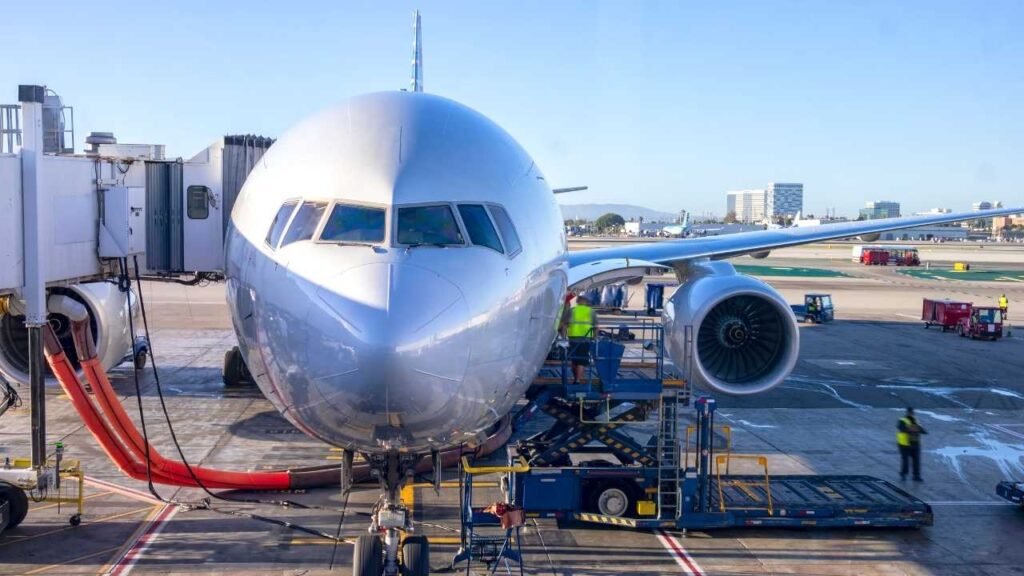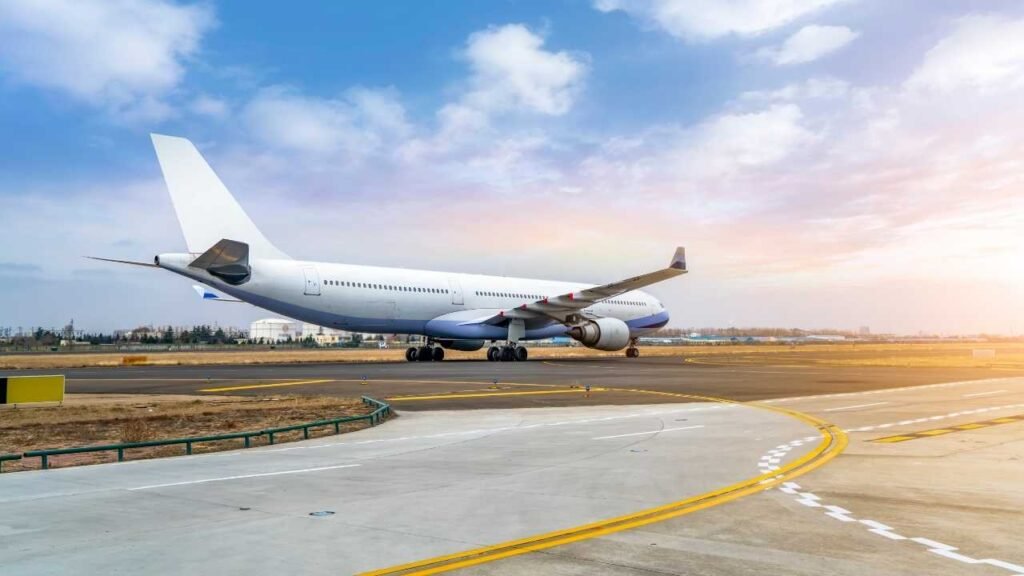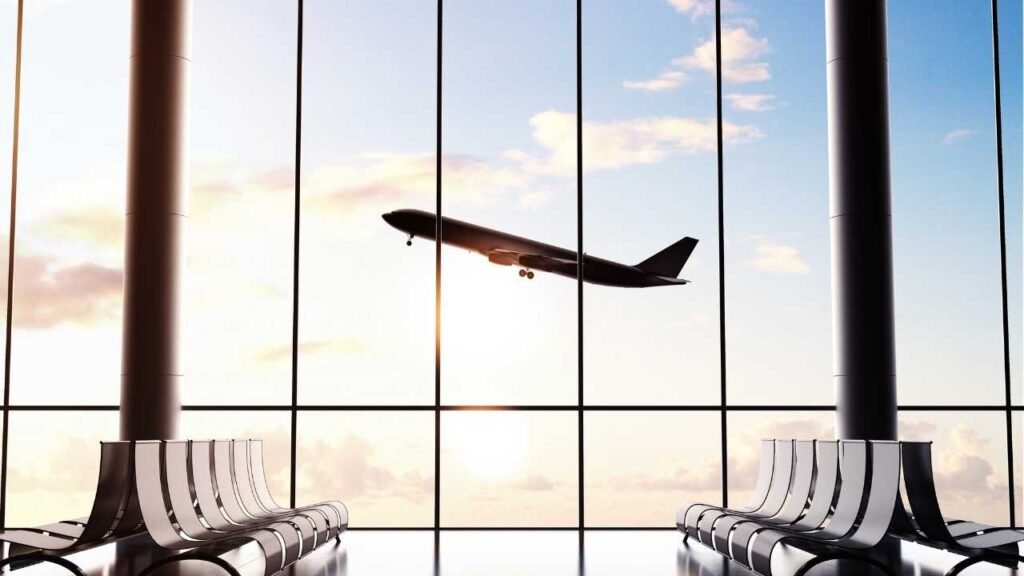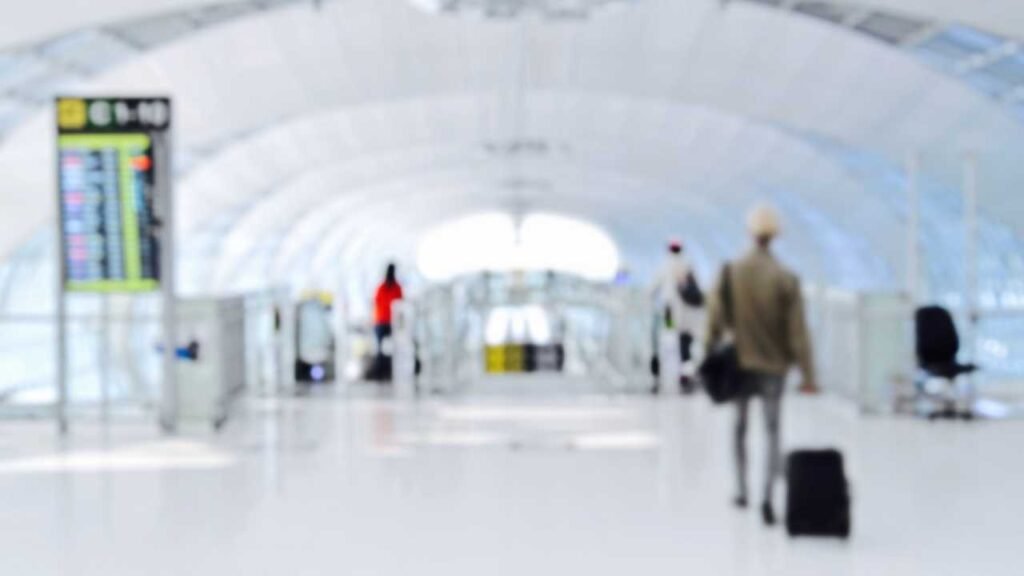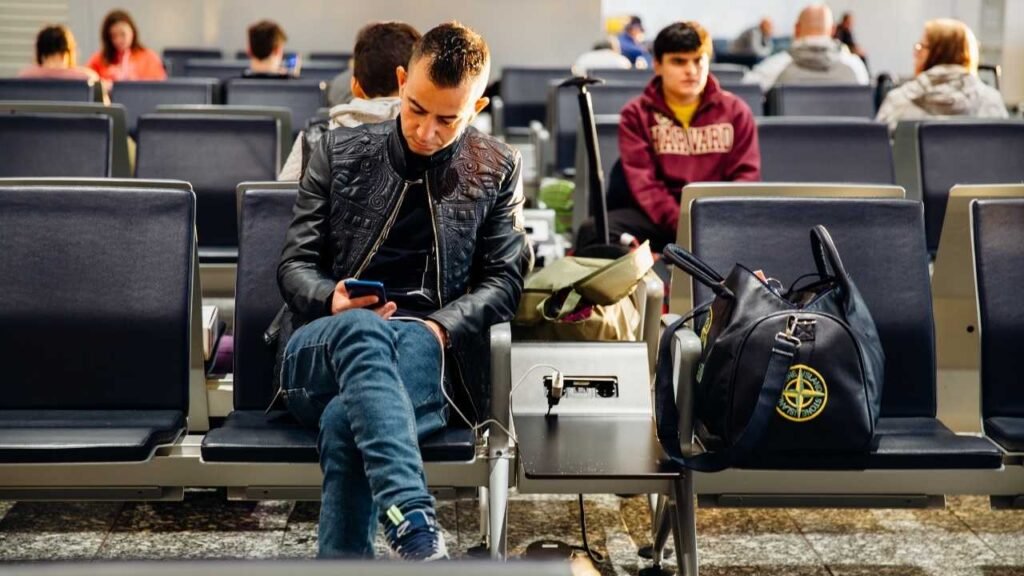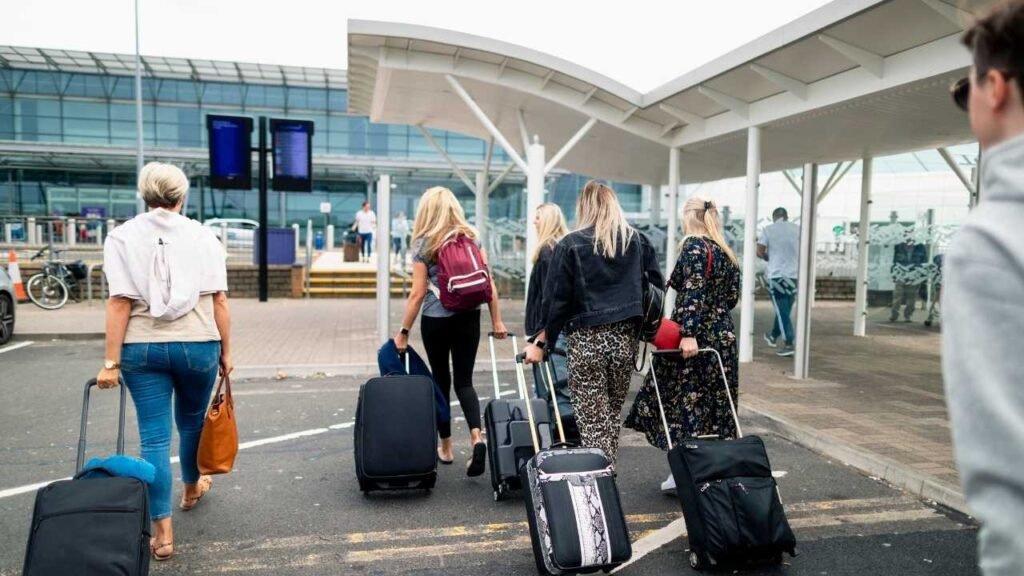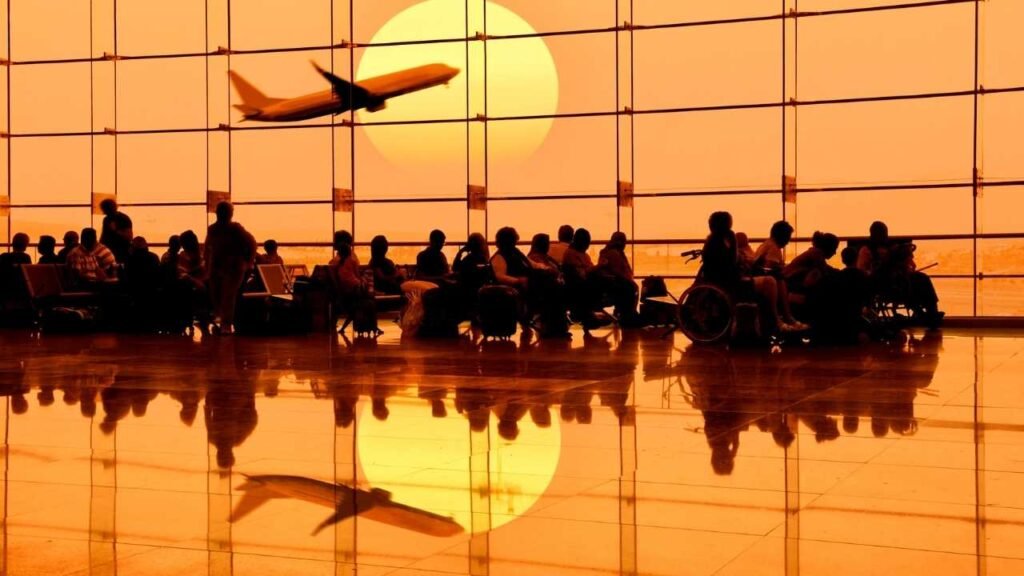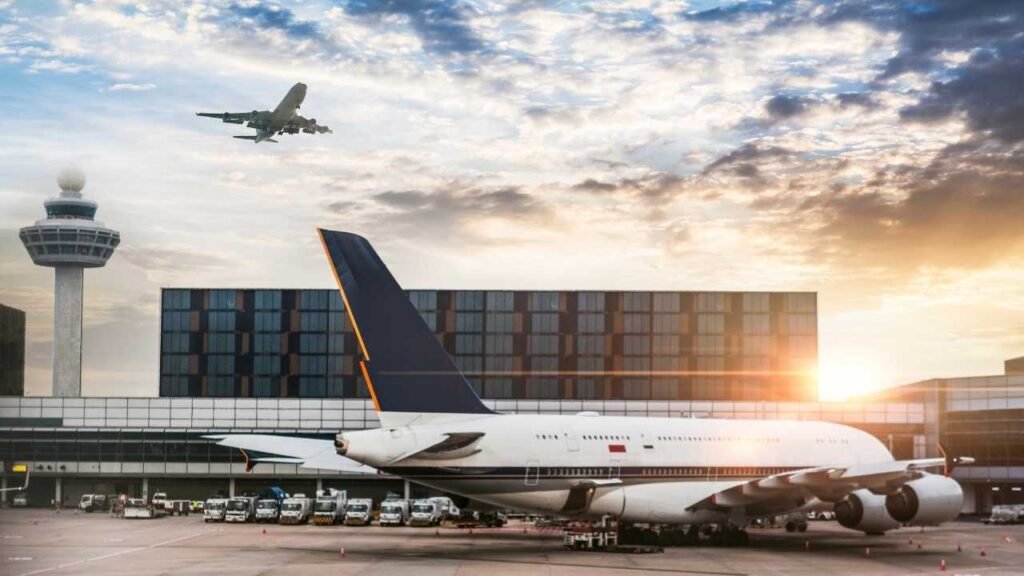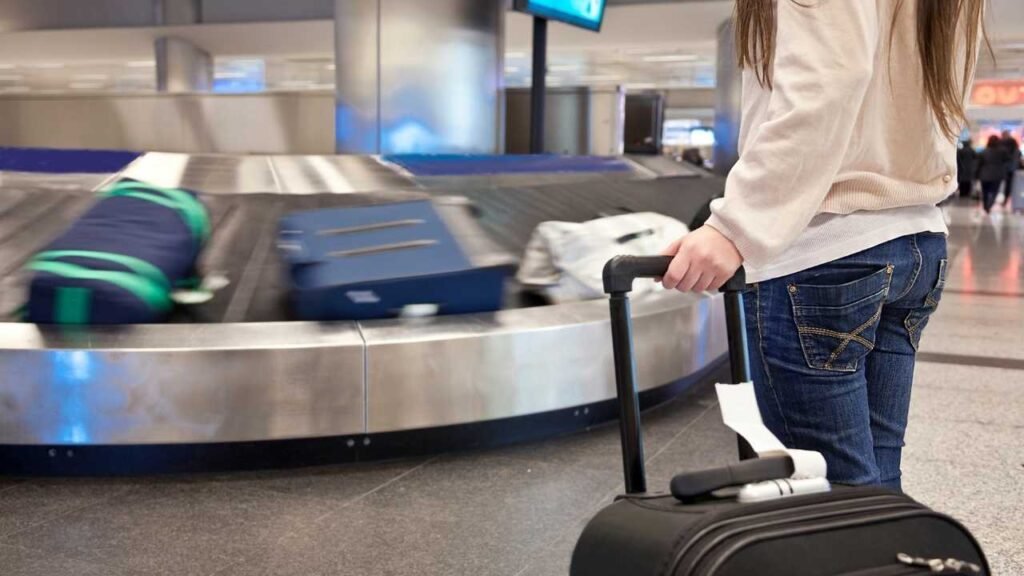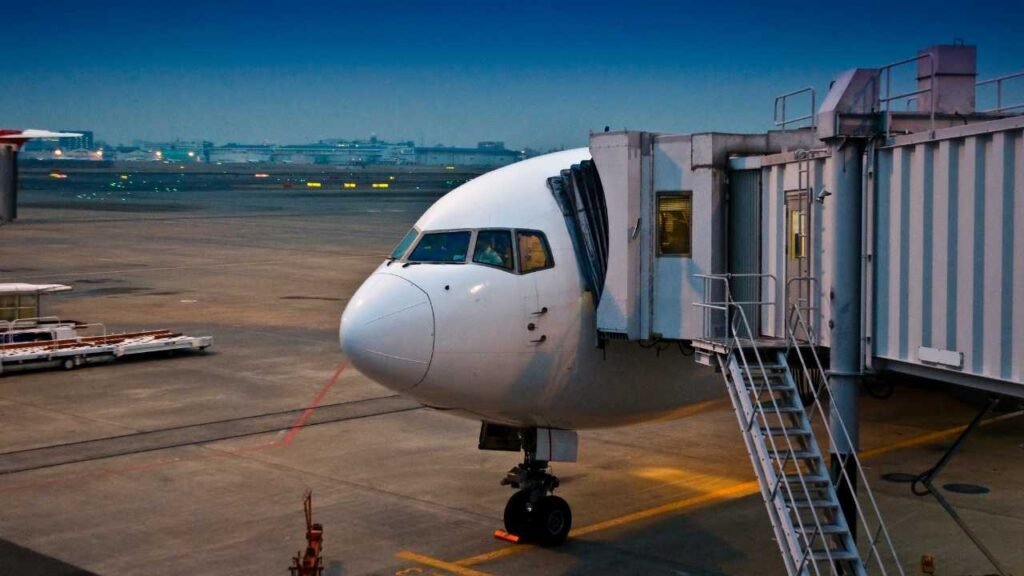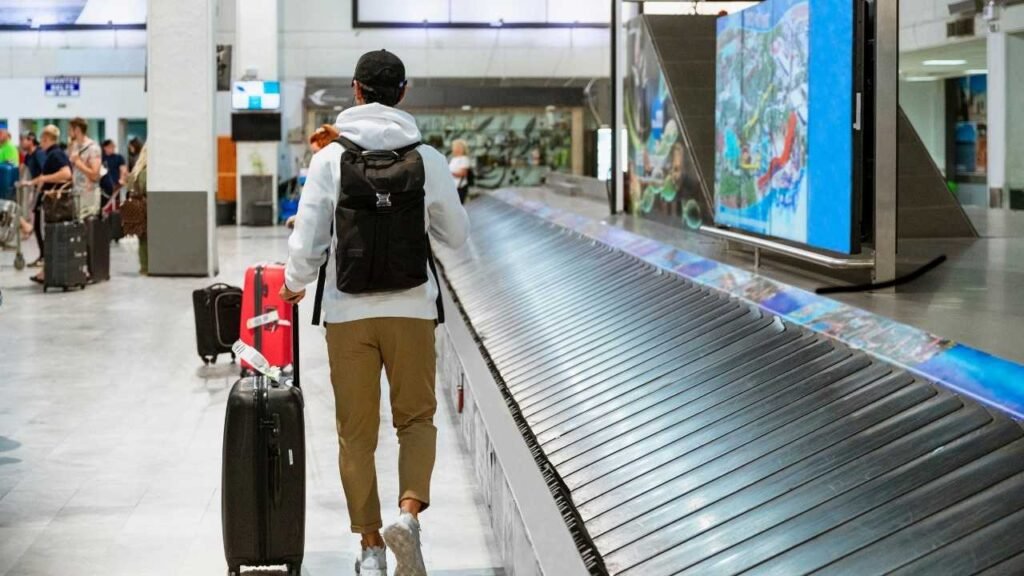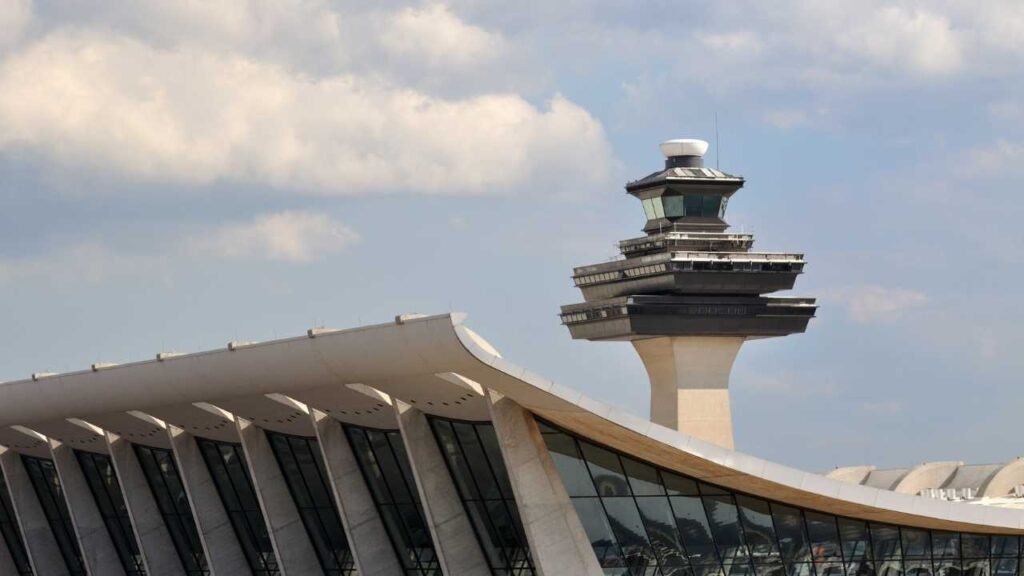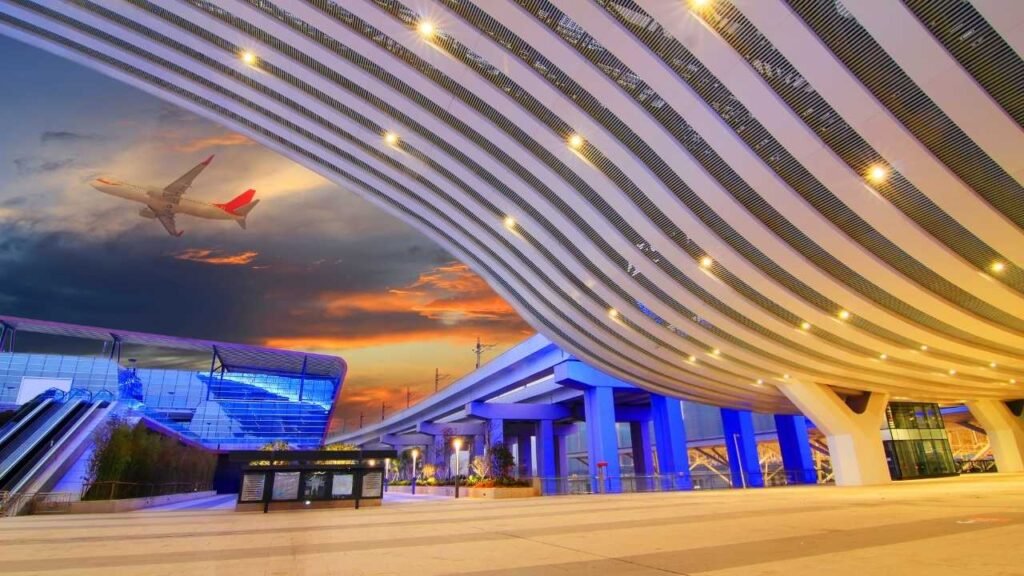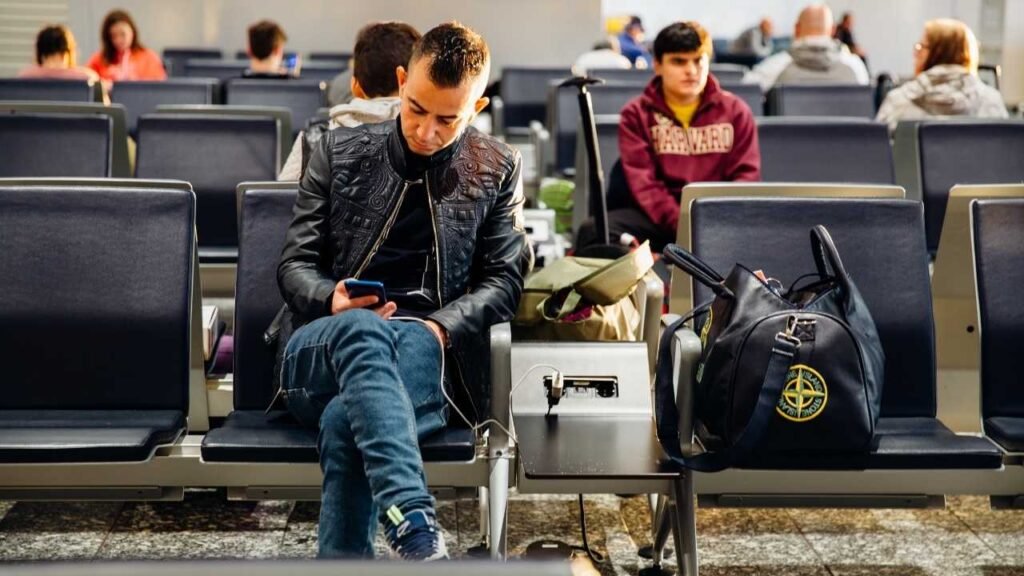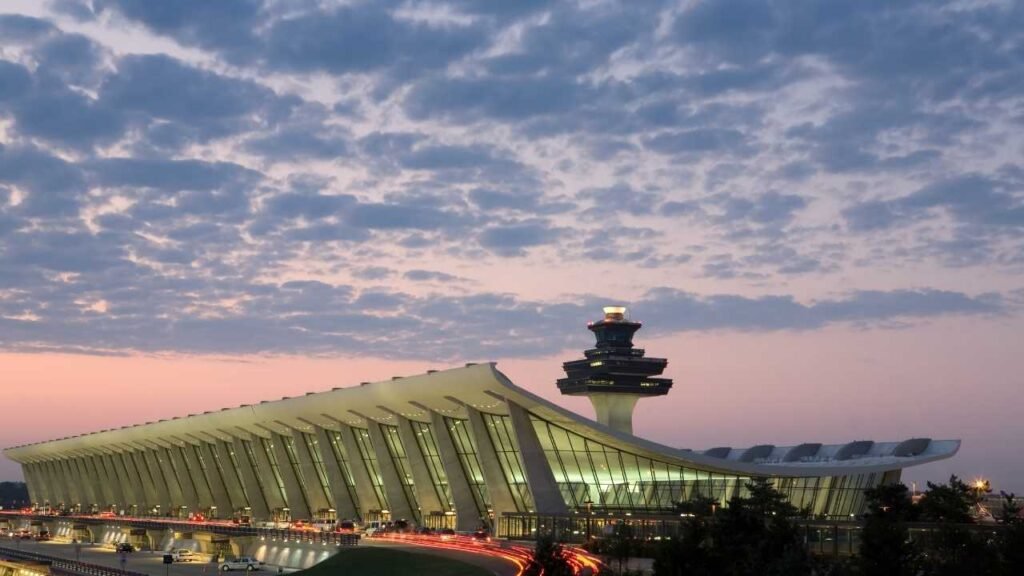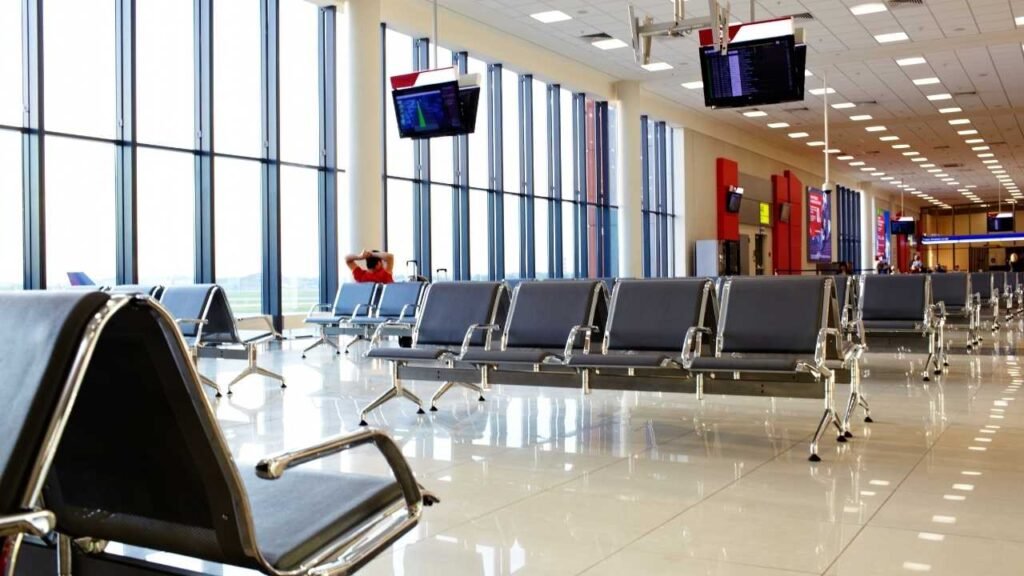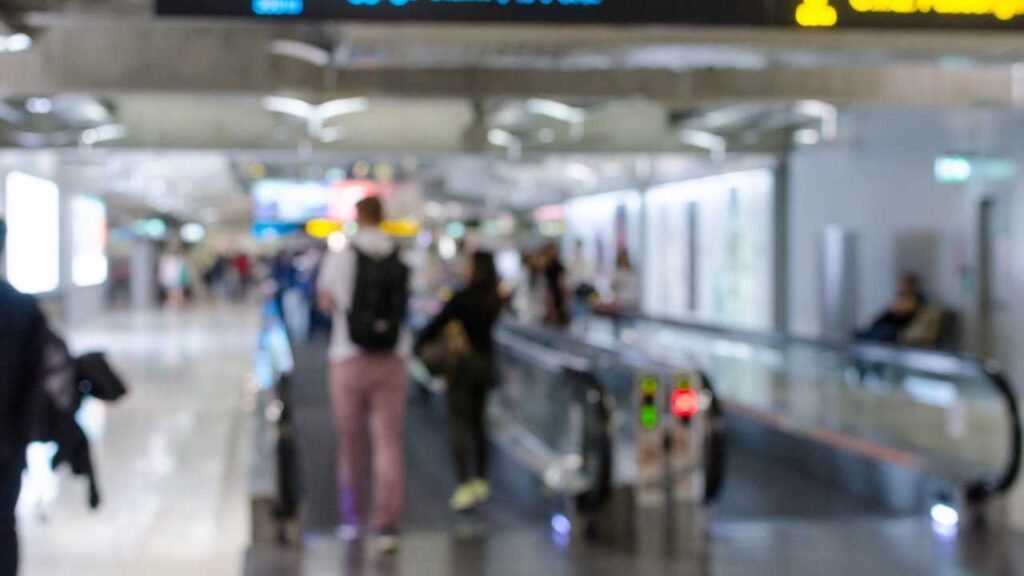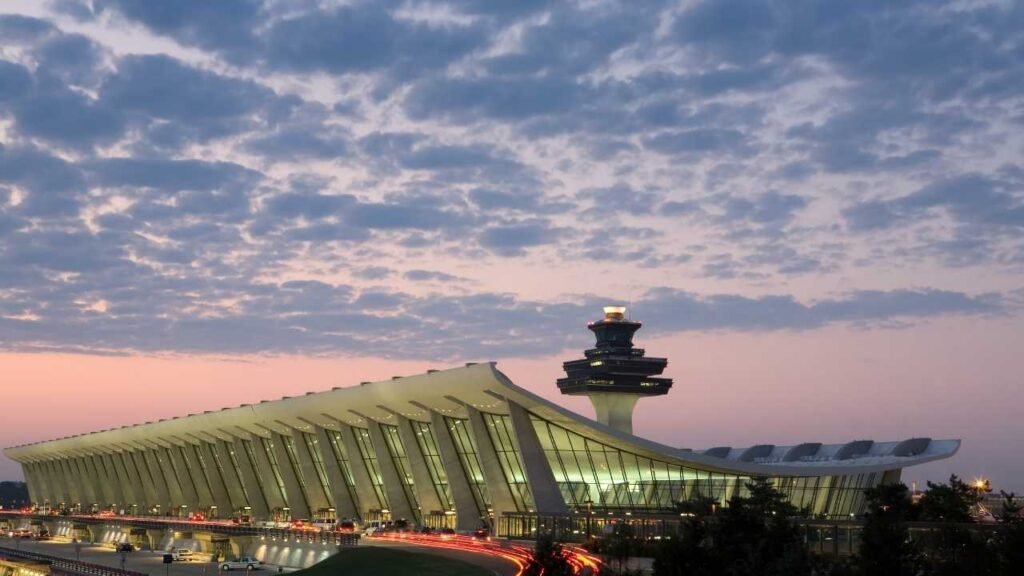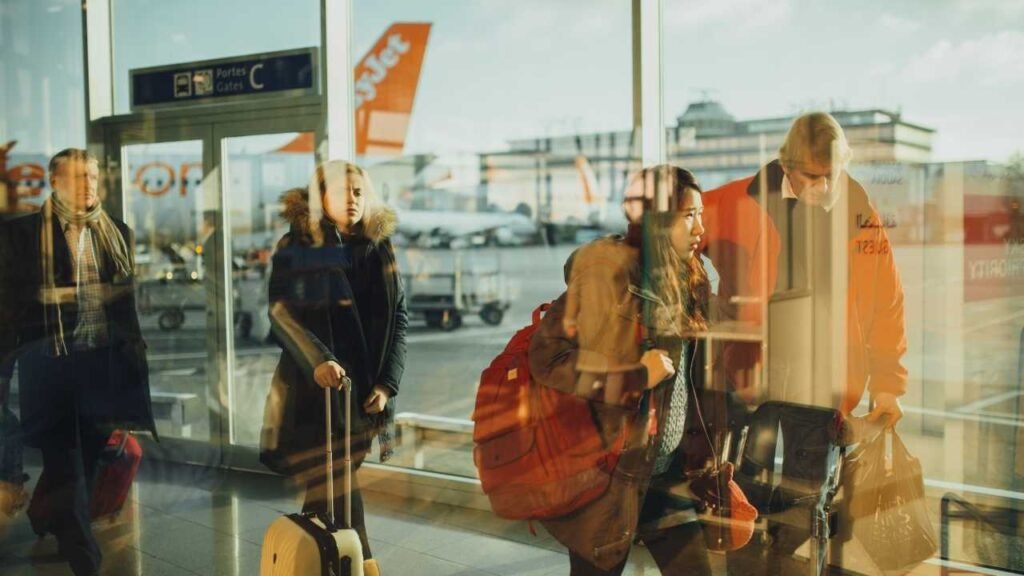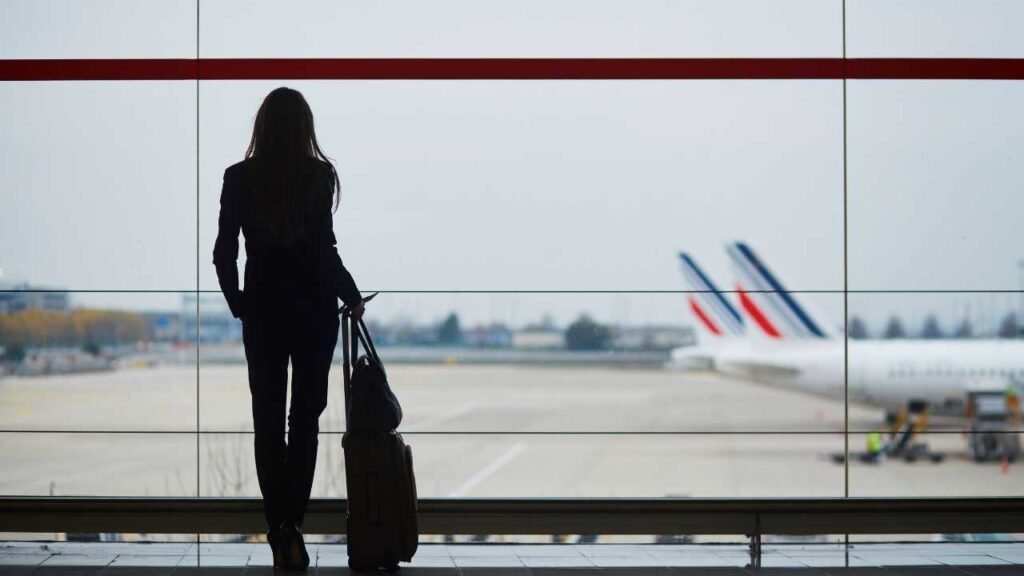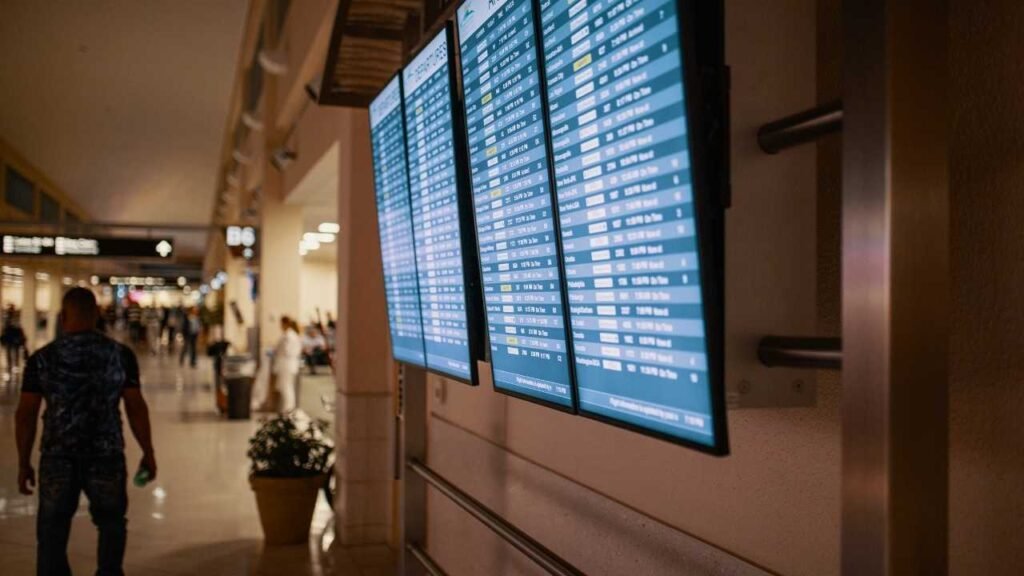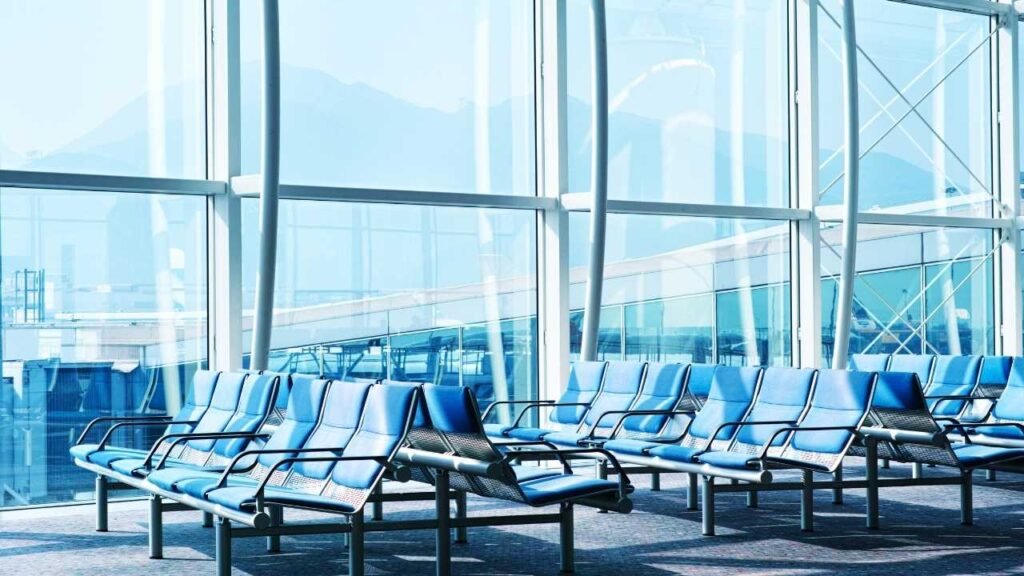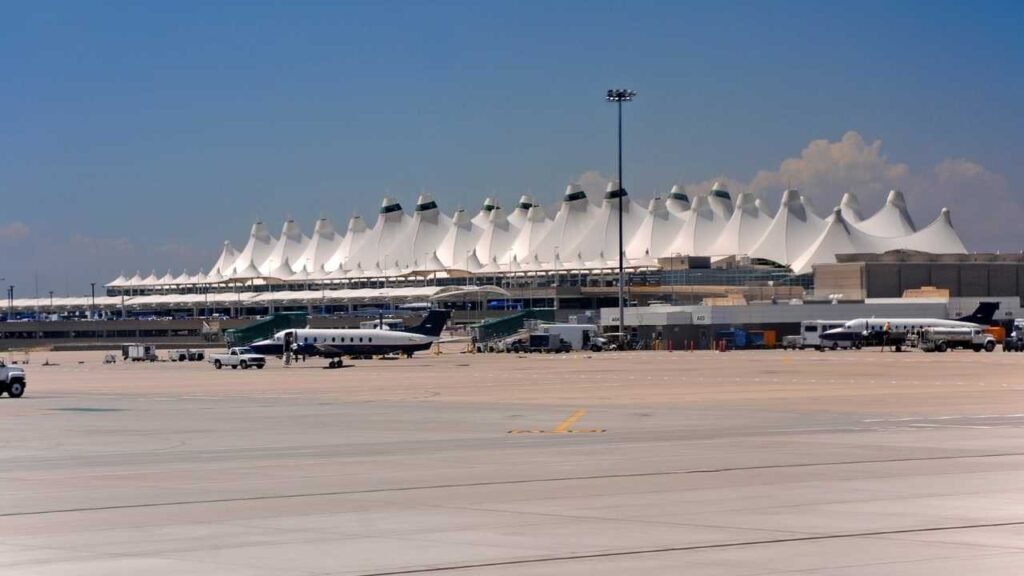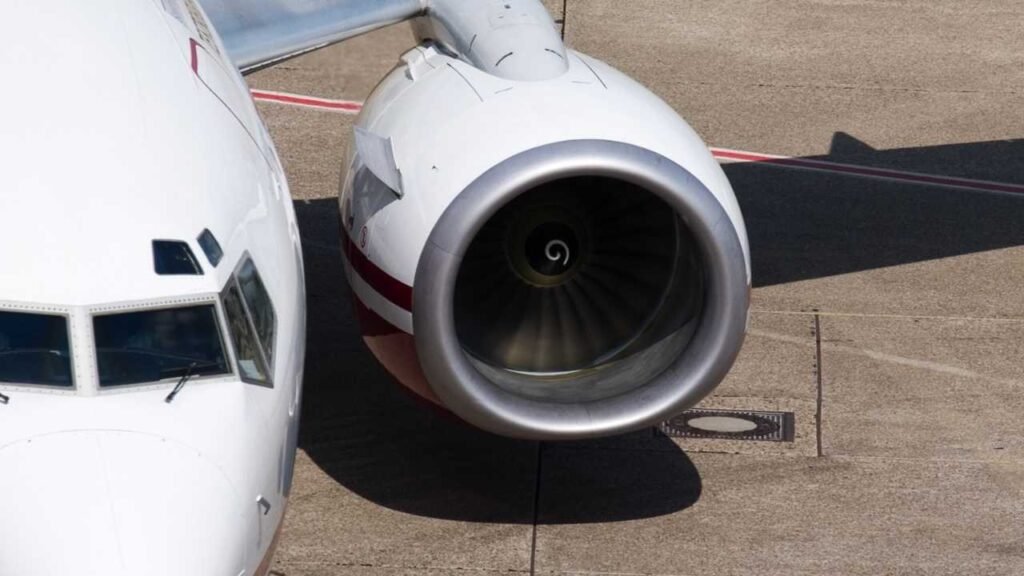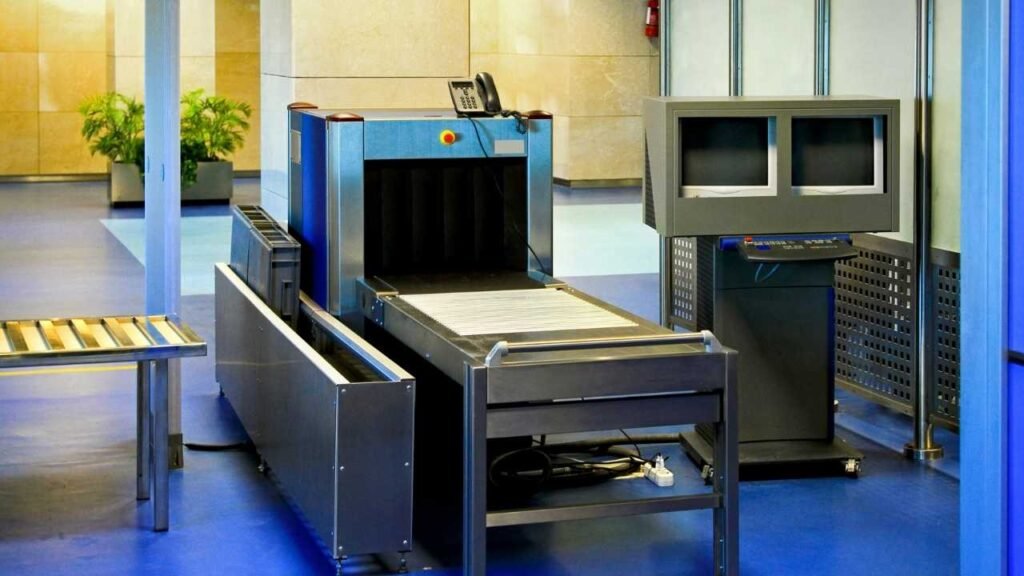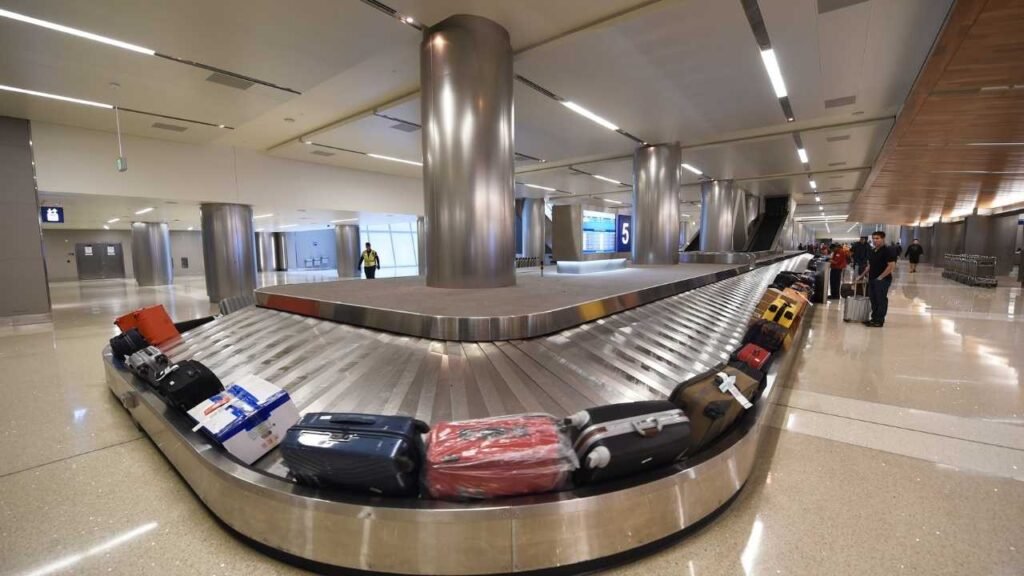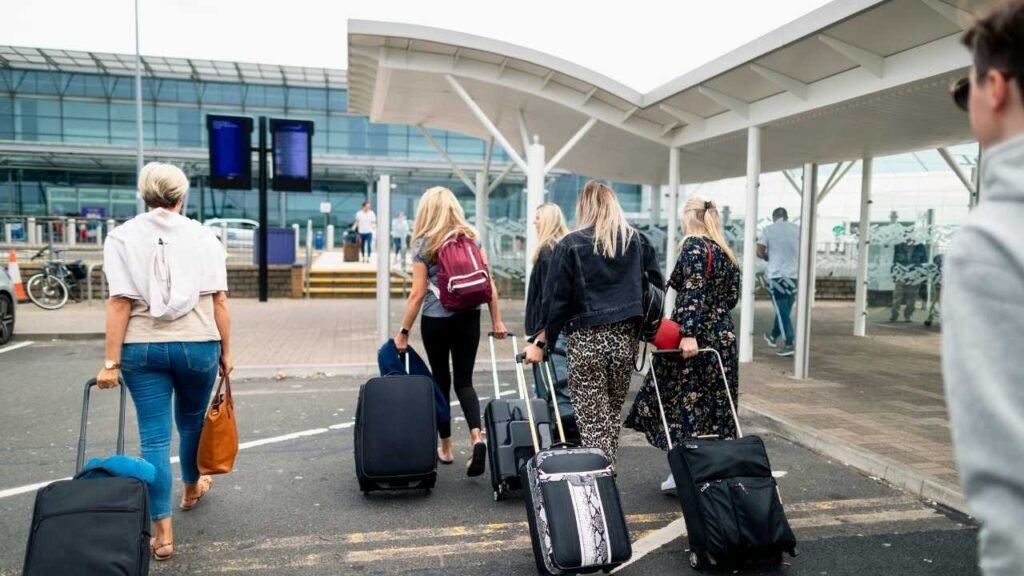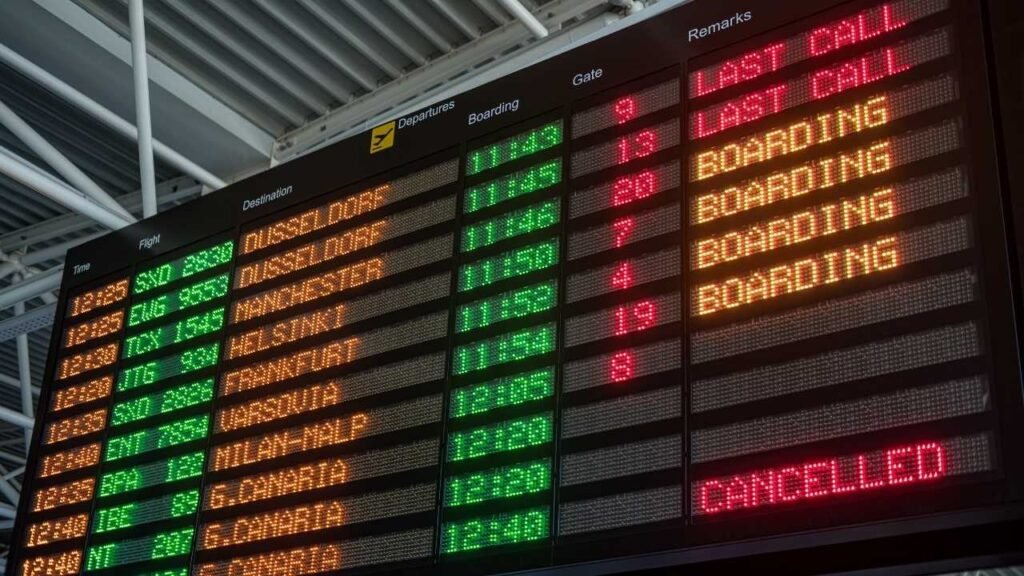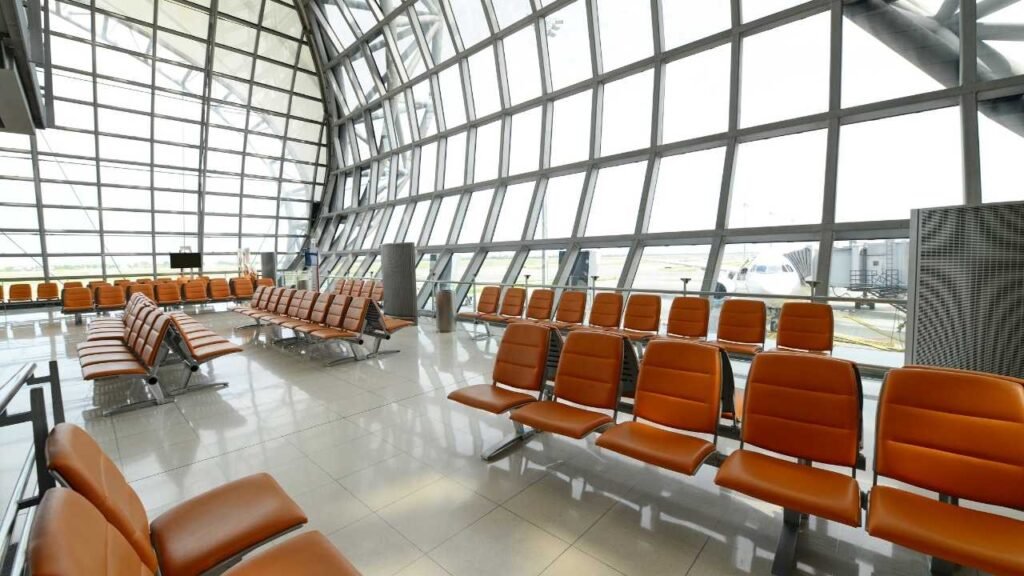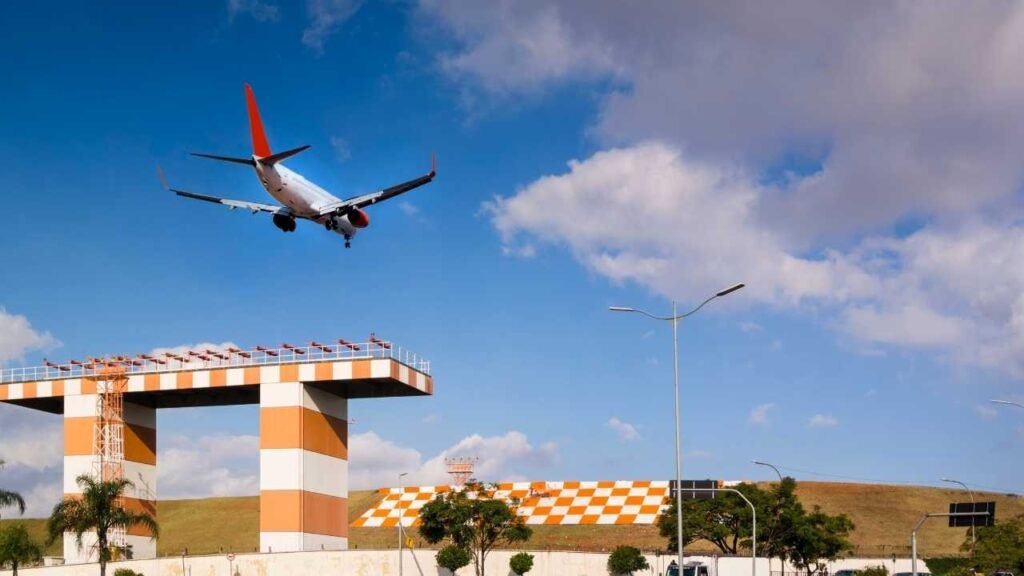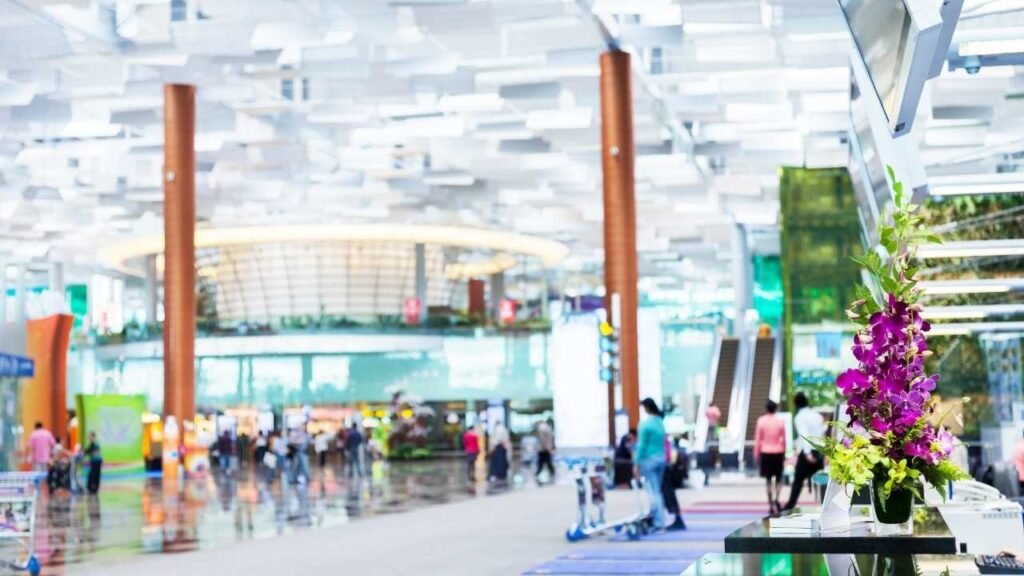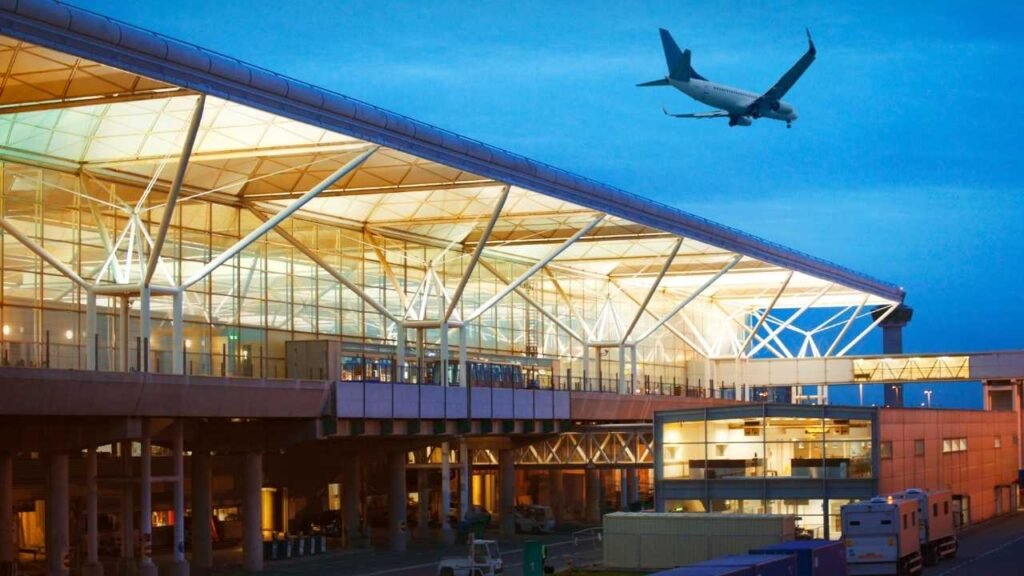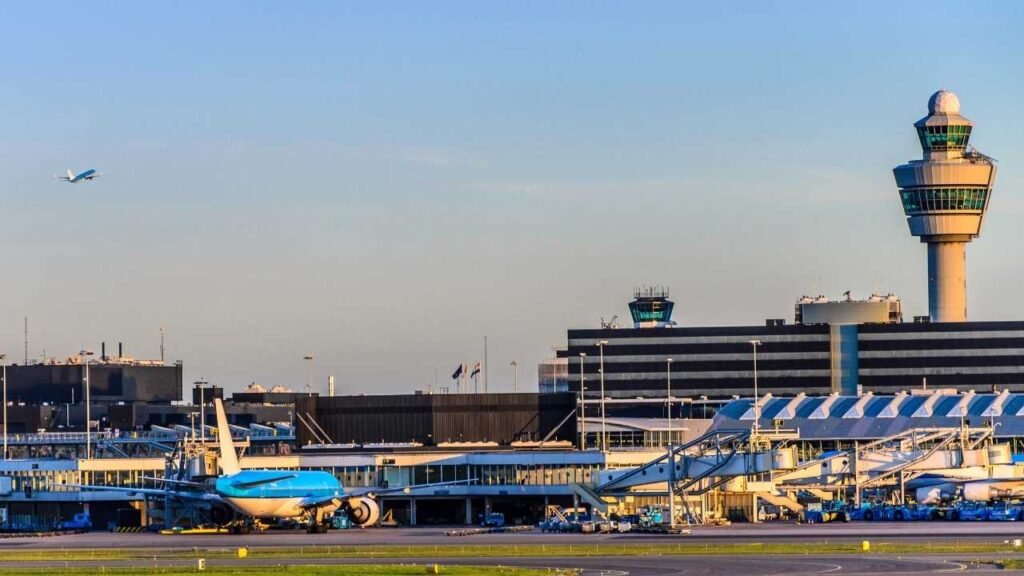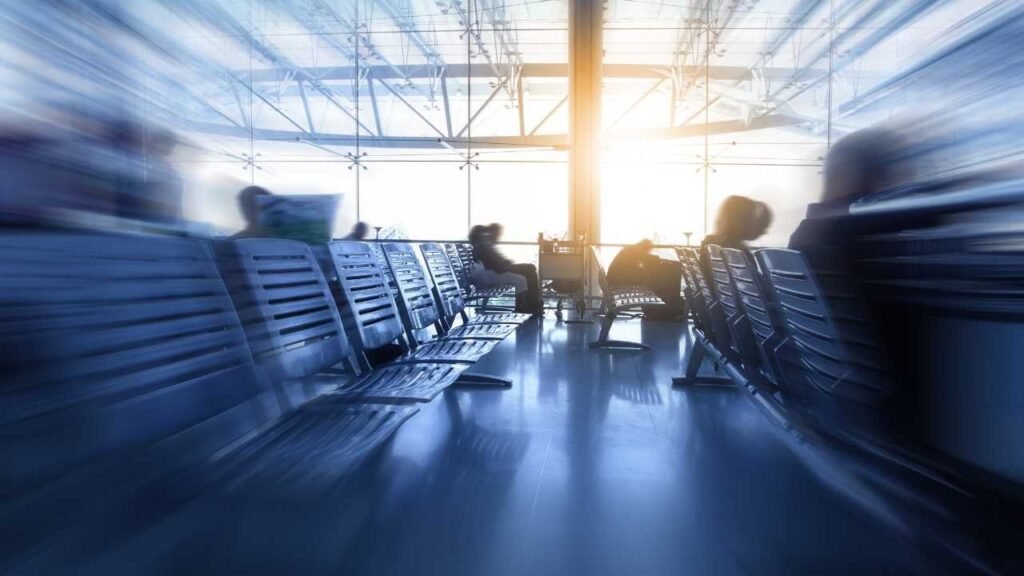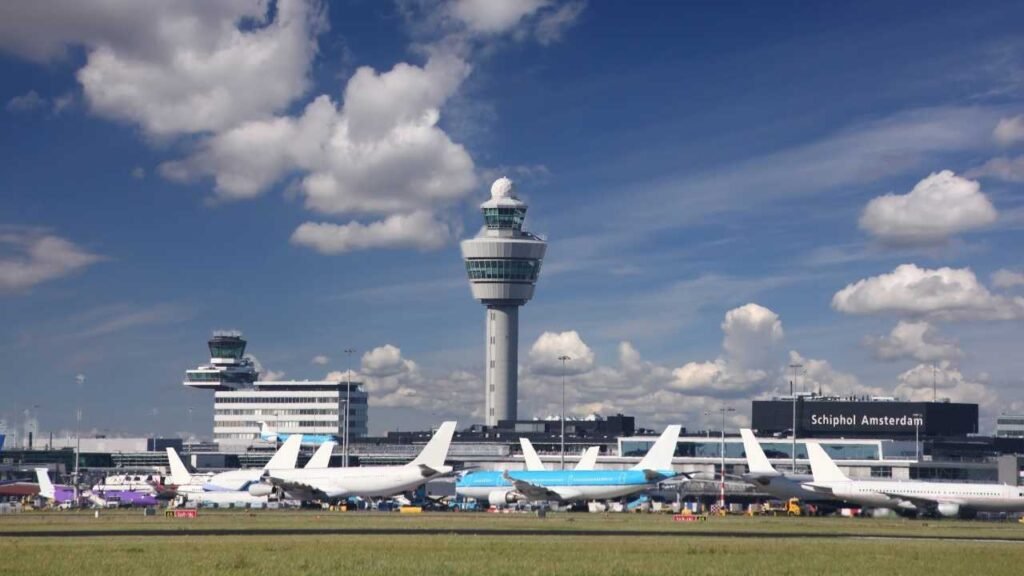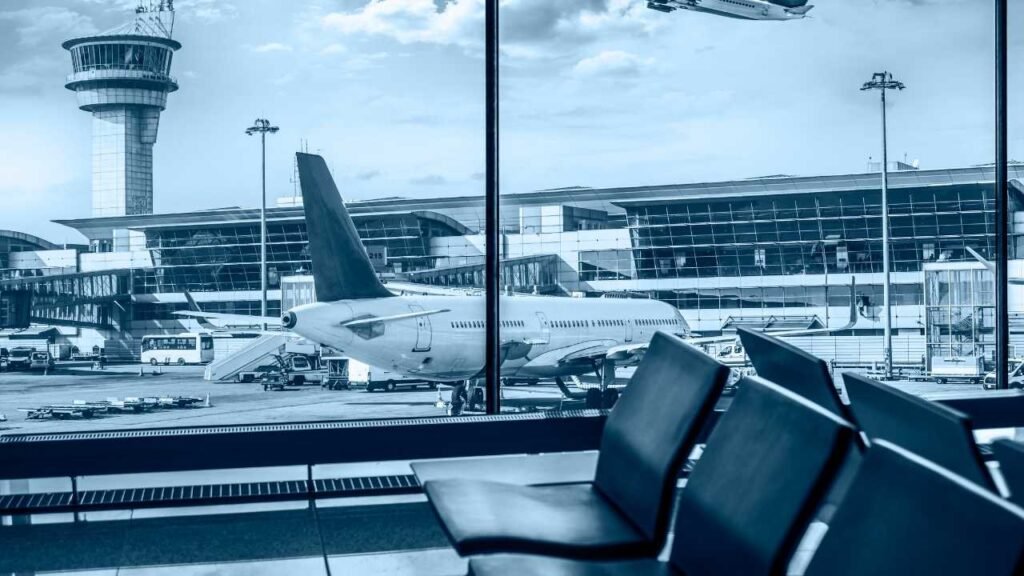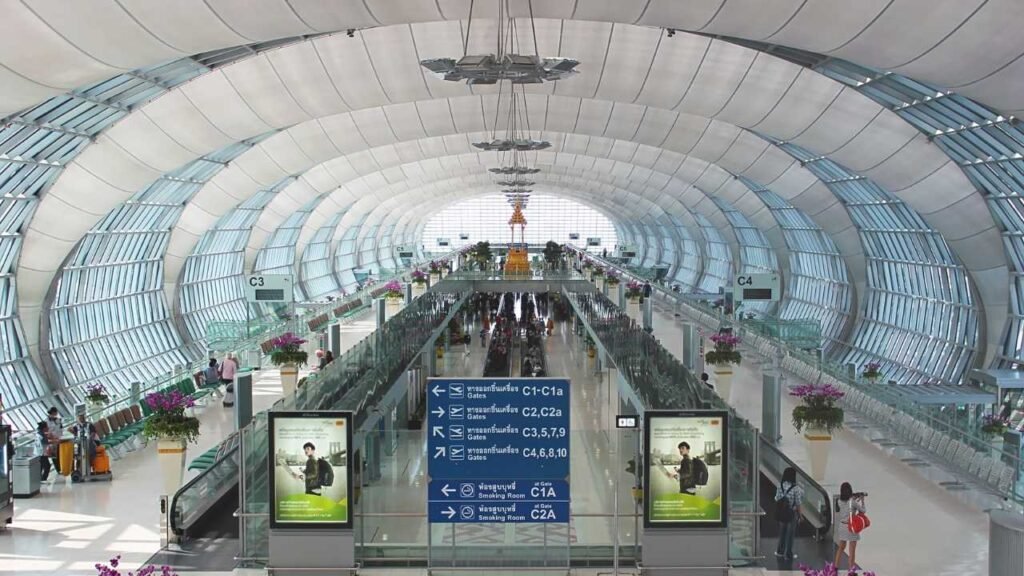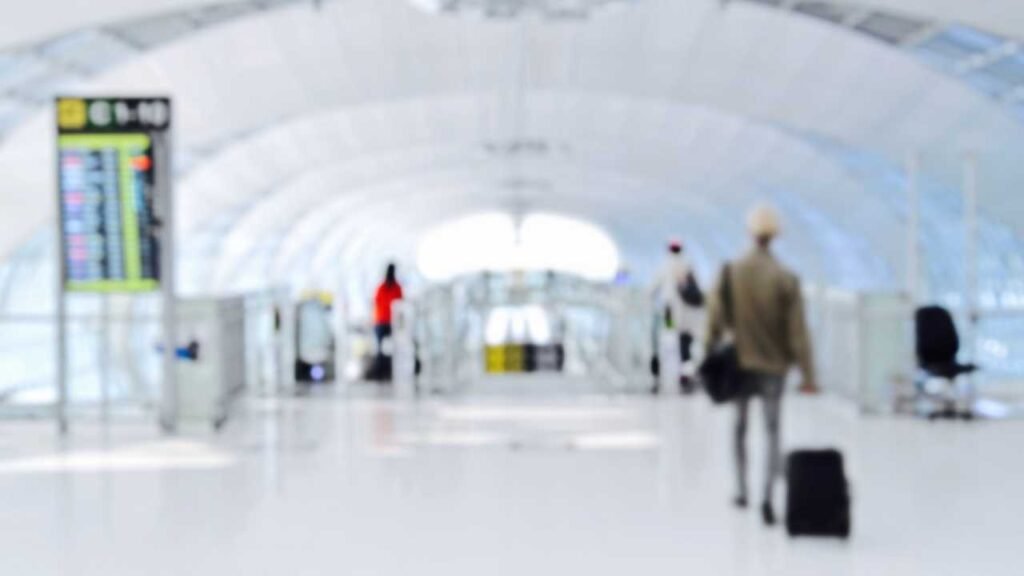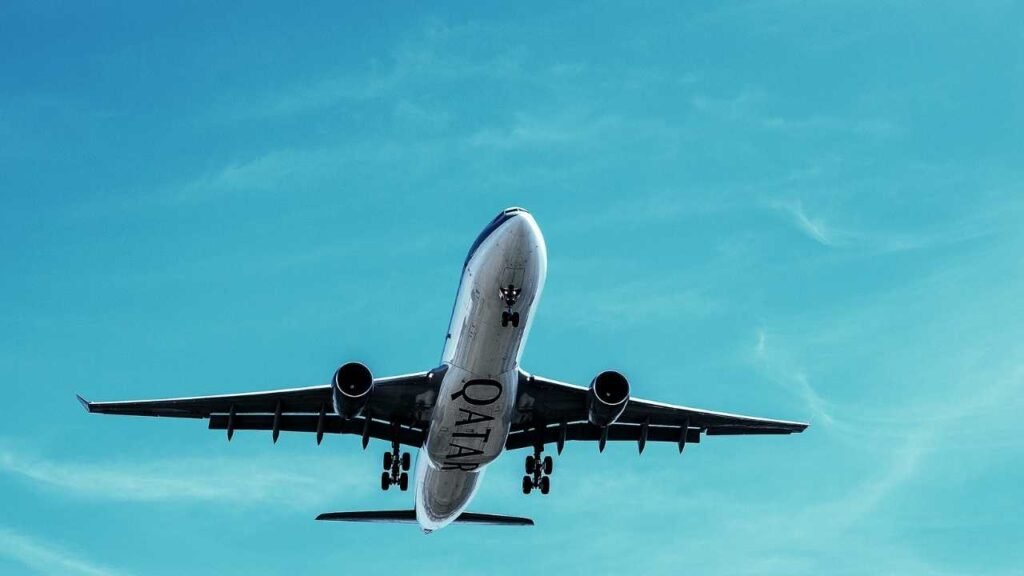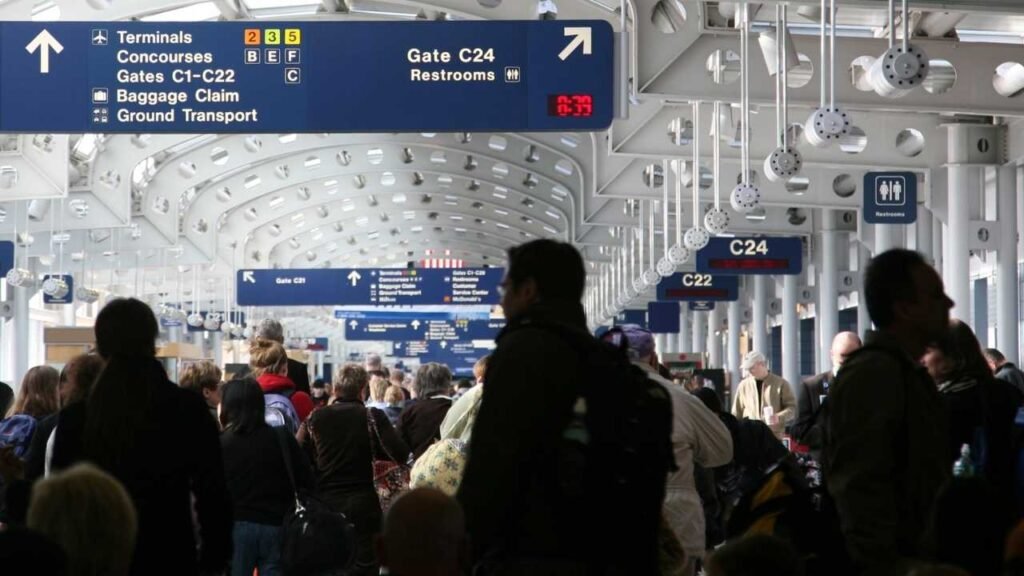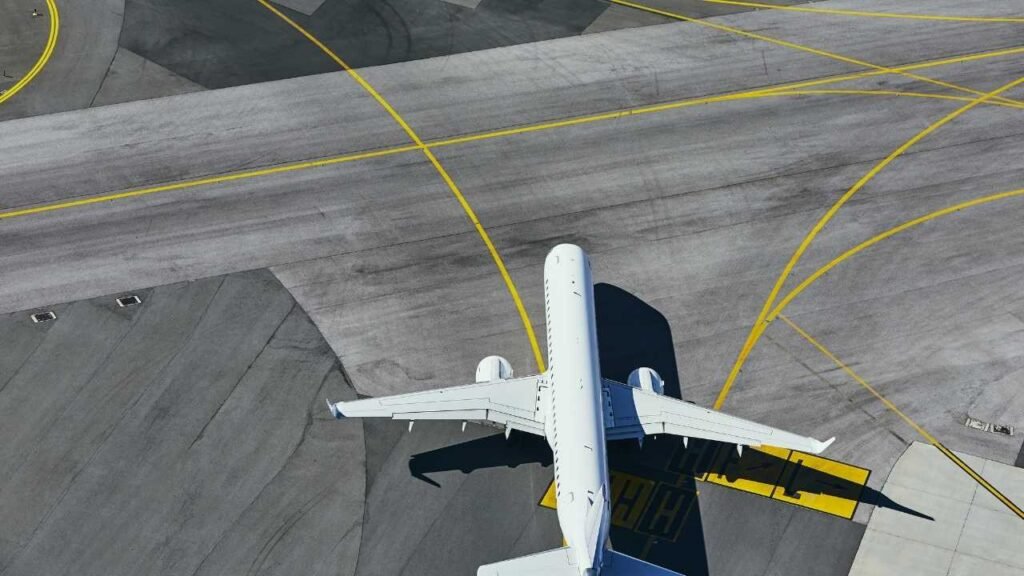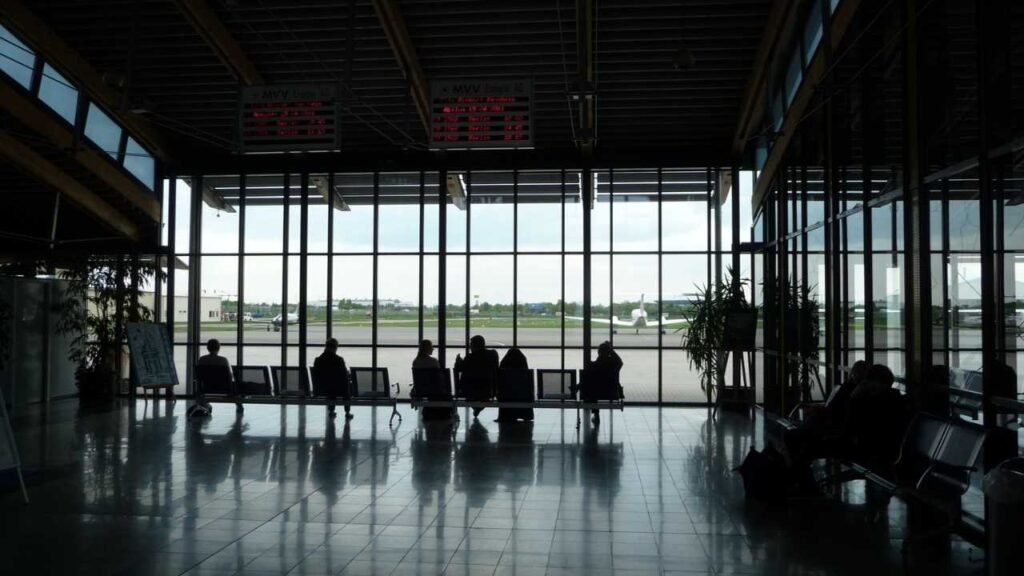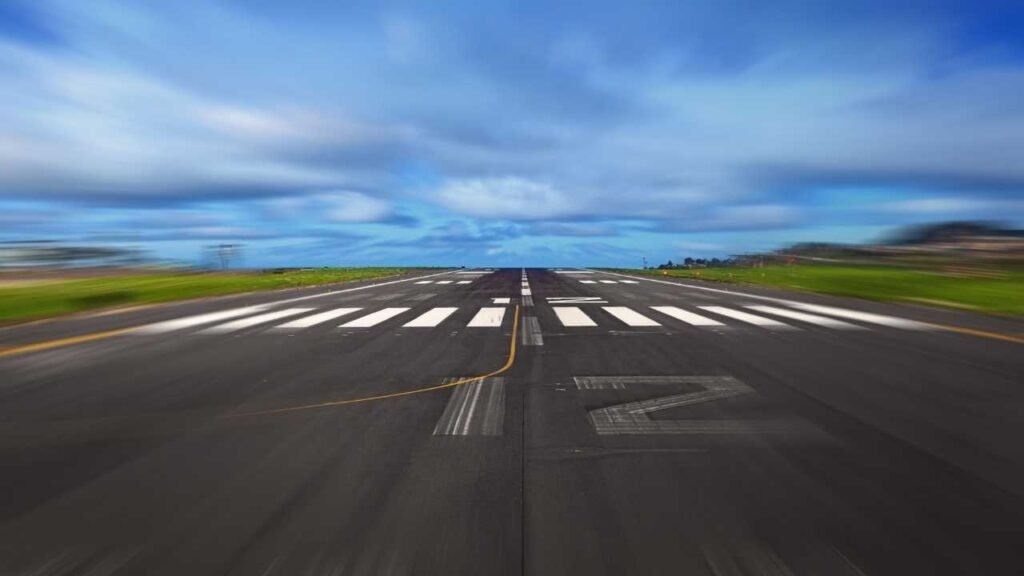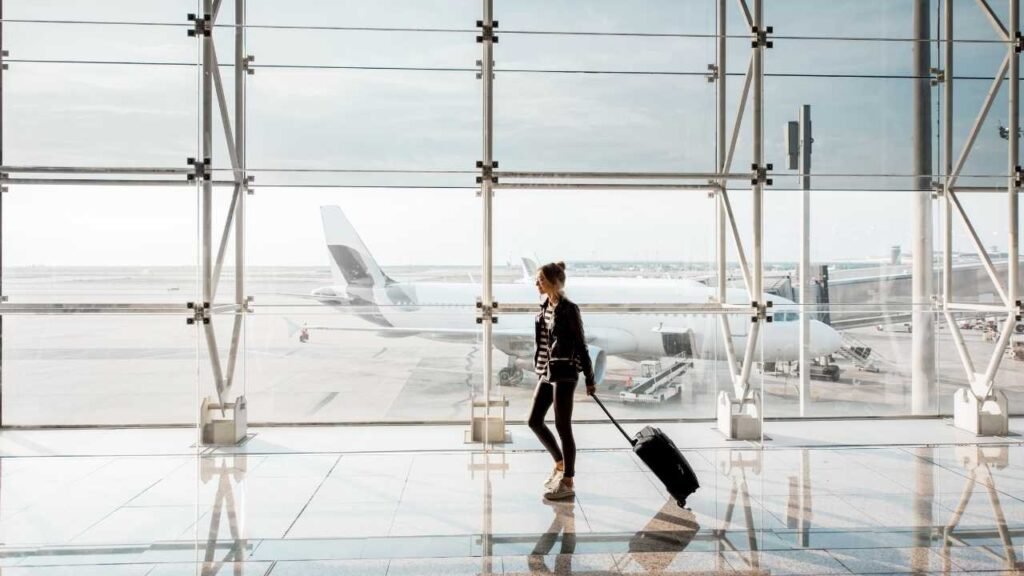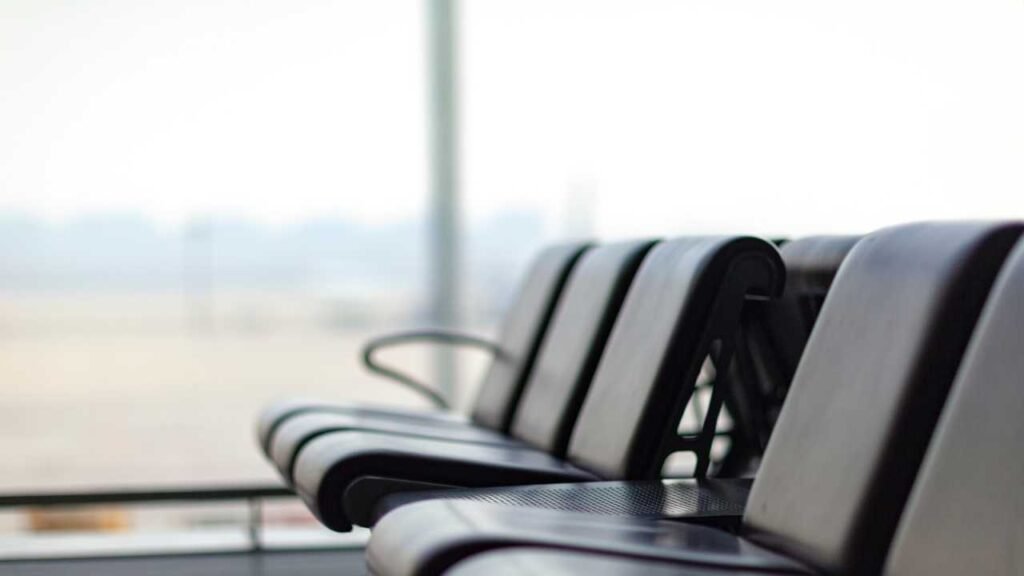- Home
- Des Moines International Airport
Des Moines International Airport
Slip & Fall and Other Accidents at Des Moines International in Des, Florida
Slip and Fall and Other Accidents at Des Moines International Aiport in Des, Florida
Slips, trips, and other mishaps happen more than most expect in busy terminals like Des Moines International. Crowded walkways, tracked-in rain and poor lighting can turn a routine step into an injury. If you are hurt, request an incident number, take photos of the scene, and get evaluated the same day so your recovery and any claim start on solid ground.

Types of Airport Accidents at Des Moines International
Slip & Fall Accidents at Des Moines International Aiport
Slip and fall accidents are among the most common of airport injuries in busy terminals.
Hazards typically stem from rainwater tracked through entrances, which turn a routine step into a fall.
High-risk spots tend to be curbside pickup zones, where tight turnarounds amplify risks.
Many incidents trace back to missing or poorly placed warning signs.
Property operators are expected to inspect and correct hazards promptly under standard negligence law.
Negligence can be shown through lack of staff in known trouble areas.
Injuries commonly involve fractures of the arm, leg, or hip, requiring urgent care.
Right after a fall, request an incident number and get medical evaluation even if symptoms seem mild.
Useful evidence can include shoe tread and clothing preserved unwashed.
Surveillance footage may be retained briefly, so email the operator to hold CCTV for the time window without delay.
Multiple parties can be on the hook, including a concessionaire or retailer, depending on inspection and service records.
Comparative fault may reduce but not eliminate compensation, so let the facts speak.
Deadlines to file can be short when government entities are involved, making it important to track the limitation period.
Compensation can include medical bills and rehab, with consistent treatment records improving outcomes.
When contacted by insurers, avoid broad statements until you’ve spoken with counsel.
A focused legal review aligns evidence with notice requirements and sets strategy.
Vehicle Accidents at Des Moines International Airport
Airport vehicles such as utility vehicles at Des Moines International in Des, Florida can collide with pedestrians.
These crashes frequently happen near loading docks, where traffic is heavy.
Common causes include malfunctioning brakes or lights.
Risk spikes during holiday surges, when lighting is reduced.
Danger zones often involve service corridors shared with pedestrians.
Responsibility can fall on a ground-handling contractor for unsafe routing.
Right after an impact, request an incident number and copy of the report and call paramedics if needed.
Helpful evidence includes the unit or license number.
Preservation requests should ask to retain all CCTV covering the time window.
Typical injuries include fractures and sprains, so document symptoms.
Comparative fault does not void a claim, even if you stepped outside a marked crosswalk.
Time limits can be shorter for claims involving public authorities, so track the deadline early.
Compensation can cover medical bills and rehab, and expert opinions improve outcomes.
If you’re exploring a claim, speak with counsel who understands multi-party liability on airport property.
Jet Bridge & Boarding Accidents at Des Moines International
Boarding areas and jet bridges at Des Moines International in Des, Florida may collapse, causing falls, sprains, and fractures.
Responsibility often falls on airport contractors, especially when they neglect inspections.
Baggage Claim Accidents at Des Moines International
The baggage claim area of Des Moines International is crowded and hectic, which heightens the chance of accidents.
slippery floors near baggage belts result in serious harm while passengers retrieve their bags.
Risk factors include sudden belt restarts.
Crowding limits room to avoid falling items, especially after multiple flights land at once.
High-risk zones include the first drop point where bags appear.
Common injuries include wrist and shoulder strains from grabbing heavy bags.
Contributing errors include ignored maintenance alerts.
If a mishap occurs, report it to the baggage services desk and airport staff.
Capture evidence like names and numbers of witnesses.
Act quickly to get treated even if symptoms seem minor to tie injuries to the event.
Potentially responsible parties may include an airline operating the carousel.
Liability often turns on training and staffing levels at the carousel.
Comparative fault may reduce but not eliminate compensation.
Time limits to file vary by jurisdiction, so track deadlines.
Recoverable damages may include lost income and travel disruptions, and organized documentation support settlement.
Security Checkpoint Injuries at Des Moines International Airport
Security checkpoints at Des Moines International create risks for travelers, especially when lines are overcrowded.
Common hazards include slips on recently mopped floors, which lead to falls.
Bottlenecks raise stress that leads to mistakes, particularly when multiple lanes close unexpectedly.
Contributing factors can involve misaligned stanchions and belts.
Injuries may range from hip or shoulder fractures that require medical care.
After an incident, request an incident or occurrence number and note names and times.
Useful evidence includes photos or video of the lane layout and hazard.
Video and data sources scanner logs and lane closures, so send a prompt preservation request.
Responsibility can include TSA or its contractors, depending on inspection and response records.
Comparative fault does not automatically bar recovery, even if you momentarily stepped outside a marked path.
Deadlines to file may require a formal notice of claim, so confirm the exact requirement before filing.
Compensation can cover lost income and travel costs, and clear causation documentation strengthen valuation.
Worker Accidents at Des Moines International
Employees at Des Moines International in Des, Florida face heavy lifting injuries.
Many of these incidents are avoidable if employers followed safety protocols.
International Airport Accidents Linked to Des Moines International Airport
International travelers injured at Des Moines International in Des, Florida may struggle to file claims.
Because Des Moines International connects Des to international carriers, liability often becomes legally complex.
Escalator & Elevator Accidents at Des Moines International
Escalators and elevators inside Des Moines International in Des, Florida can malfunction, causing serious passenger injuries.
Responsibility may lie with equipment manufacturers when inspection is neglected.
Shuttle Bus & Ground Transportation Accidents at Des Moines International Airport
Shuttle buses, trams, and ground transportation vehicles at Des Moines International in Des, Florida may crash, injuring airport visitors.
These accidents often occur at crowded pickup areas, creating serious dangers for tourists arriving in Des.
Parking Lot & Curbside Accidents at Des Moines International Airport
Parking lots and curbside zones at Des Moines International in Des, Florida are high-risk areas.
Hazards include heavy traffic flow, leading to slip and fall accidents.
Luggage Cart & Conveyor Belt Accidents at Des Moines International Airport
At Des Moines International in Des, Florida, runaway luggage carts or broken conveyor belts can trap hands.
These incidents may result from careless baggage staff.
Food Court & Restaurant Accidents at Des Moines International Airport
Restaurants and food vendors inside Des Moines International in Des, Florida can cause slip hazards.
Liability often rests with airport restaurant operators when they ignore safety regulations.
Airport Construction Zone Accidents at Des Moines International
Renovation or construction areas inside Des Moines International in Des, Florida expose travelers to wiring.
Injuries here may involve airport oversight failures.
Disabled Passenger Assistance Accidents at Des Moines International
Disabled passengers at Des Moines International in Des, Florida can be harmed during wheelchair or electric cart assistance.
Failures to comply with ADA standards often lead to serious accidents.
Boarding Stair & Ramp Accidents at Des Moines International
Portable boarding stairs and ramps at Des Moines International in Des, Florida may create slipping risks, causing serious injuries.
These accidents are especially common at regional airports.
Lost Luggage & Property-Related Injuries at Des Moines International
Lost luggage at Des Moines International in Des, Florida is not just inconvenient — it can create health risks, such as when safety gear is lost.
Travelers may pursue claims for damages linked to lost or delayed luggage.
Airside & Tarmac Accidents at Des Moines International
Restricted airside areas at Des Moines International in Des, Florida expose workers and sometimes passengers to moving vehicles.
These incidents are potentially fatal and often fall under worker’s compensation.
How you respond in the time right after following your incident at Des Moines International in Des, Florida could mean the difference between a winning case and one that is rejected. Here’s what every injured traveler should do.
Don’t Delay Getting Medical Assistance
The most important step is protecting your health. After an slip and fall at Des Moines International in Des, Florida, it’s absolutely necessary to seek treatment as soon as possible. Even if the injury feels minor, serious conditions such as head trauma, back injuries, or sprains may become serious if untreated. Request airport paramedics or go to the urgent care facility in Des, Florida and make sure you get a written medical report. This report from a doctor will strengthen your case when pursuing a lawsuit.
Collect All Possible Evidence
One of the most vital steps after an fall at Des Moines International in Des, Florida is to document everything. Use your smartphone to record video of the dangerous area such as loose carpeting. Make sure to photograph the location from multiple angles and include foot traffic conditions. Write down the time of the accident and any details you remember. If there are airport workers who saw the incident, politely request their phone number or email address. This proof will strengthen your case when your lawyer pursues compensation on your behalf.
Speak to a Lawyer Right Away
Get Legal Help After Your Accident Once you’ve received medical care at Des Moines International in Des, Florida, the next step is to contact us for legal representation. Airports and their insurance companies will act quickly to protect their own interests, and without proper representation you may be pressured into a small settlement. A qualified attorney can: Secure evidence before it disappears Identify all liable parties Handle state and federal filing requirements Protect you against low-ball settlement offers Call our dedicated phone number now for a free consultation. By contacting us today, you can understand your case value and make sure your accident at Des Moines International in Des, Florida leads to fair compensation.
Contact the Airport Accident Support Team
After an injury at Des Moines International in Des, Florida, it’s crucial that you notify airport staff right away. Go directly to gate agents, or call the airport’s emergency number if you need urgent reporting support. Always ask for an incident report, and make sure it includes your address as well as the nature of your injury. This record serves as critical evidence that the accident occurred inside Des Moines International, and it can help your lawyer build a stronger case. If the airport provides a case number, write it down and keep it safe.
Keep Every Receipt and Report
After an accident at Des Moines International in Des, Florida, it’s vital to save all receipts connected to your case. This includes rehabilitation costs, as well as travel-related receipts. Keep copies of the official incident report along with your contact details that you gave at the time of the report. If you lost time from work, make sure to keep proof of your employment schedule to show how the accident at Des Moines International affected your income. Maintaining organized documentation of expenses and correspondence will help prove the financial impact of the accident. Without this proof, the airport, airline, or their insurers may argue that damages were not connected to the incident.
Be Careful What You Say After the Accident
After an injury at Des Moines International in Des, Florida, it’s essential that you be careful with your words. Airline staff, airport security, or insurance representatives may ask for details while you’re still shaken. Anything you confirm could later be used to weaken your claim. Avoid guessing what happened without first consulting with an attorney. Instead, limit your comments and let your attorney handle all further communication. By avoiding harmful statements, you protect your rights and allow your lawyer to speak on your behalf.
Frequent Ask Questions About Accidents in {aiport_name} Airport
What situations qualify as an accident at Des Moines International Airport?
When we talk about “airport accidents” at Des Moines International Airport, we’re including multiple different hazards and situations. For example, falls caused by rainwater tracked through entrances. It’s not just the gates and terminals — cafeterias, food courts, and gift shops also create risks when poorly maintained. Ultimately, if you were injured because staff, contractors, or airlines failed to maintain safe conditions, it can qualify as an compensable accident under the law.
Who can I file a claim against after an accident at Des Moines International Airport?
Responsibility depends on how and where the accident happened. It’s common that, the public or private operator of Des Moines International Airport can be sued if they ignored safety hazards. Other groups may also share responsibility. Maintenance companies hired to service equipment could be liable. It’s not unusual for several defendants to be included in a single case involving Des Moines International Airport. This is why having a lawyer is essential.
How should I react if I’m injured at Des Moines International Airport?
Make sure you see a doctor immediately, even if your injuries seem minor. Airport staff may try to minimize the situation, but having a medical record is critical. Next, report the accident to Des Moines International Airport staff. This paperwork can be key evidence later on. Record the hazard that caused your fall or injury before it’s cleaned up or repaired. Don’t be shy about requesting contact details from bystanders. Do not wait weeks to call an attorney. Airports move fast to cover up hazards.
Do I need a lawyer if I was hurt at Des Moines International Airport?
Nearly always, yes. Here’s why: airports and airlines have powerful legal teams. Airports count on injured passengers not knowing their rights. Experienced attorneys know how to uncover records the airport won’t hand over willingly. You only pay if your case is successful. In short, having a lawyer maximizes your chances of getting real compensation instead of being ignored.
Is it possible to bring a case against the airline if my accident happened while boarding or deplaning at Des Moines International Airport?
Yes. Airlines are responsible for passenger safety during boarding and deplaning. Falls due to slippery floors, rushing passengers, or poor staff training are all grounds for claims. While Des Moines International Airport itself may also be partly responsible, your lawyer will investigate both the airport and the airline. Bottom line: if your accident happened while entering or exiting the plane at Des Moines International Airport, there’s a strong chance the airline is legally responsible.
What can I claim financially after an accident at Des Moines International Airport?
Depending on your case, you may be eligible for several categories of damages. Medical damages cover everything from emergency room visits and physical therapy to long-term treatment. You may also be entitled to compensation for reduced earning potential if your injuries are permanent. Airports and insurers often fight these claims, but they can be significant. Additional damages may include future care, assistive devices, or even home modifications if your injury is long-term. An experienced lawyer will calculate the full scope of your losses.
Are accidents at Des Moines International Airport treated differently?
Generally, yes — airport accident cases involve unique challenges. Airports often involve government entities, multiple contractors, and airlines. This means you may have to follow special legal procedures. Additionally, large airports have insurance companies and legal teams who fight claims aggressively. Airports are high-security, high-liability environments.
Can I still recover if Des Moines International Airport claims I caused my own injury?
Airports and airlines often try to shift blame onto passengers. Many states follow comparative negligence rules, meaning your damages are reduced but not eliminated. For example, if you slipped on an unmarked wet floor but were looking at your phone, a court may assign partial fault but still hold Des Moines International Airport liable. Strong evidence can tip the case in your favor. Blame-shifting is a strategy to avoid paying, not proof you don’t have a case.
Do I have to pay upfront to hire a lawyer for an accident at Des Moines International Airport?
You don’t need to worry about hourly fees or large retainers. This means you only pay if you win your case. Most firms clearly explain their contingency percentage. It allows injured passengers at Des Moines International Airport to hire top-quality representation without financial risk. So, hiring a lawyer is not just affordable — it’s the smartest move to maximize your claim.
